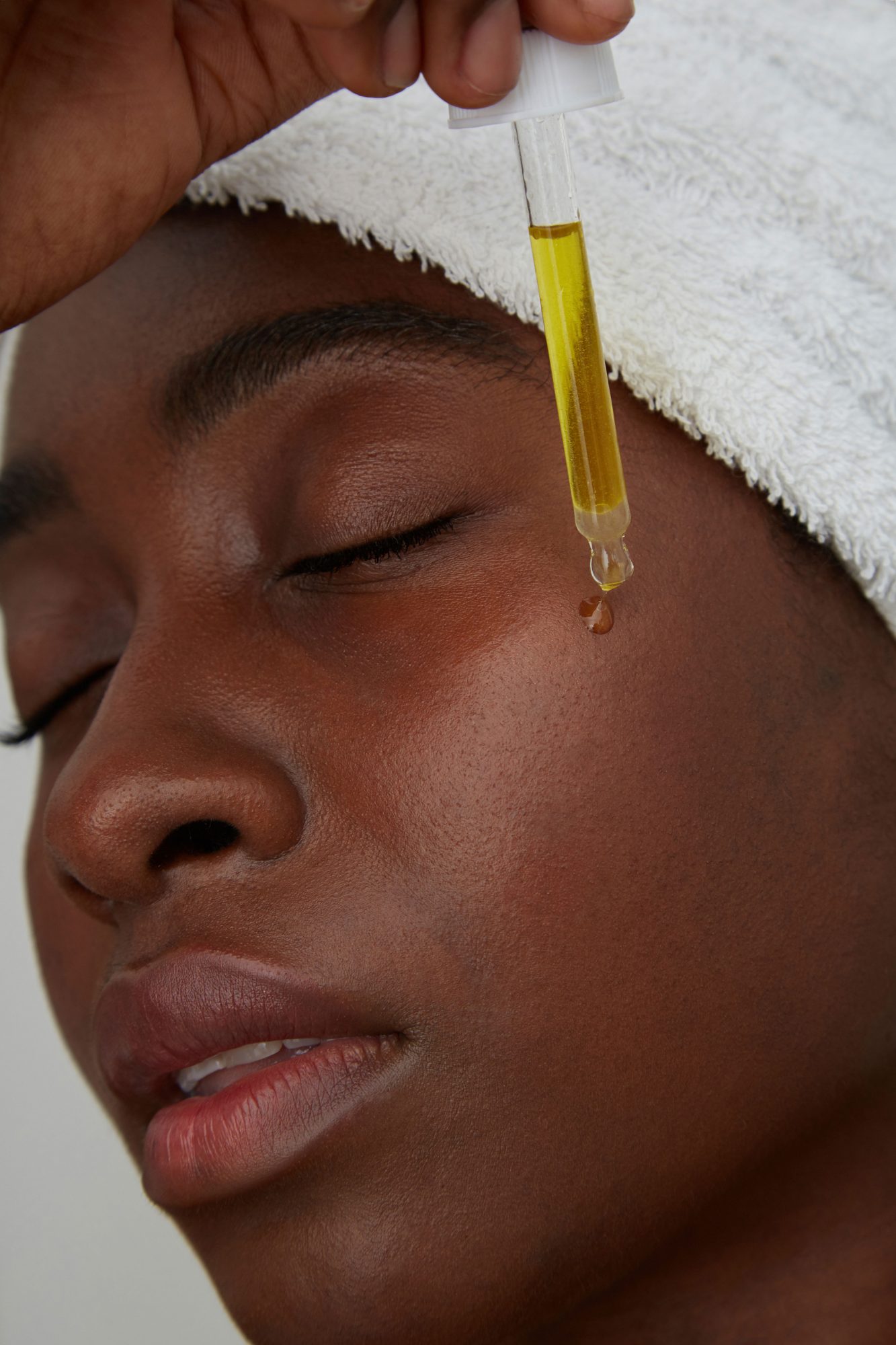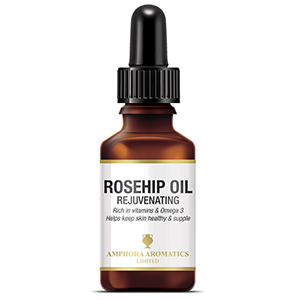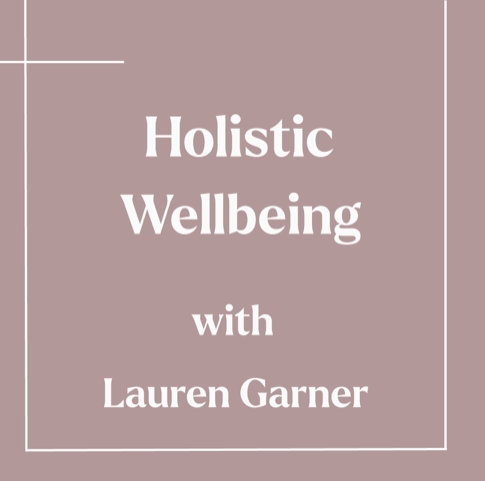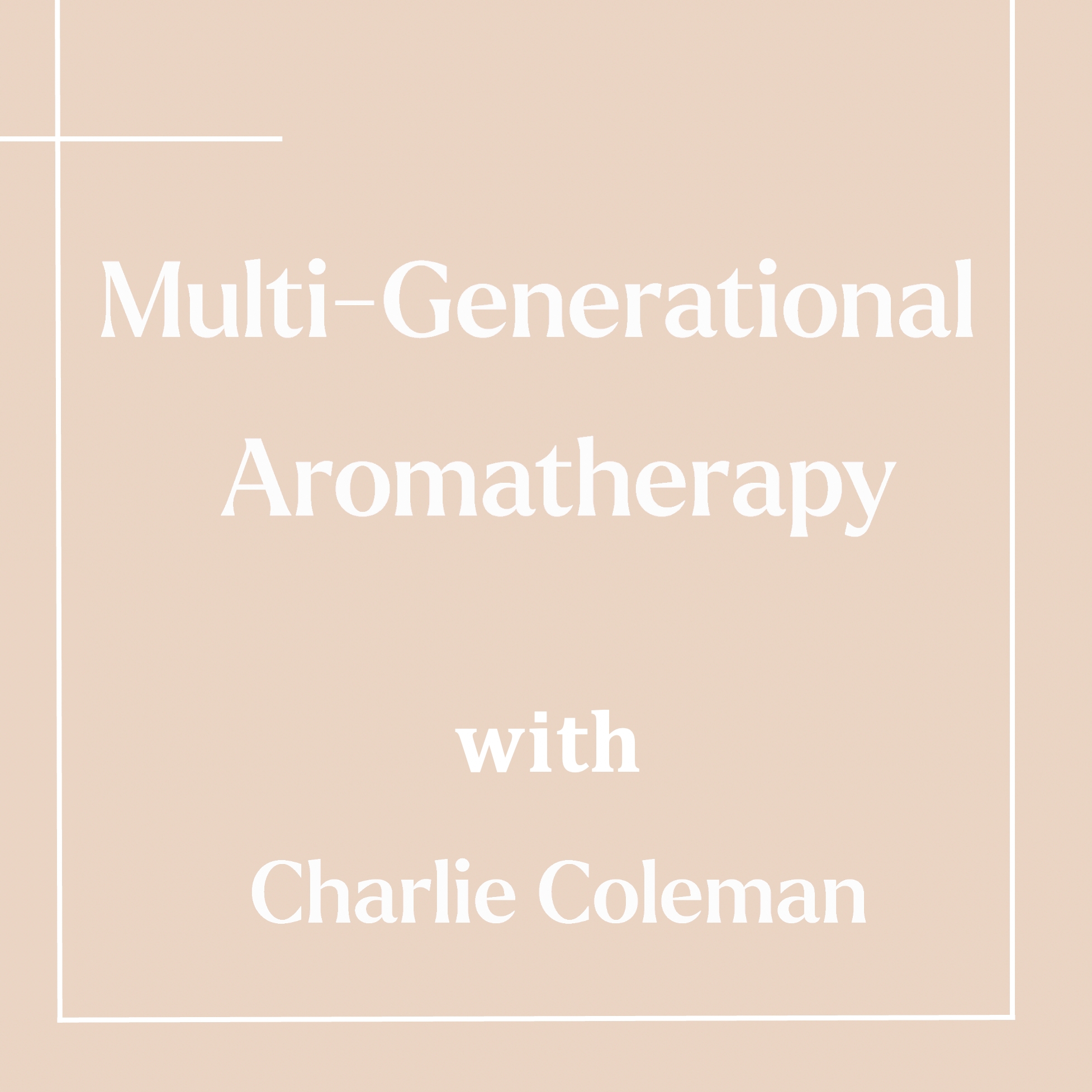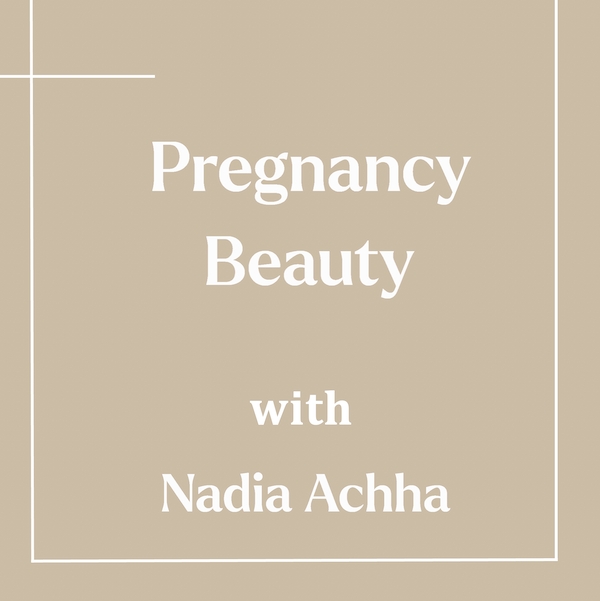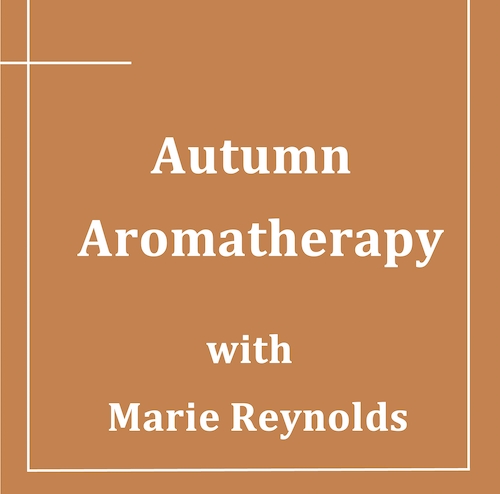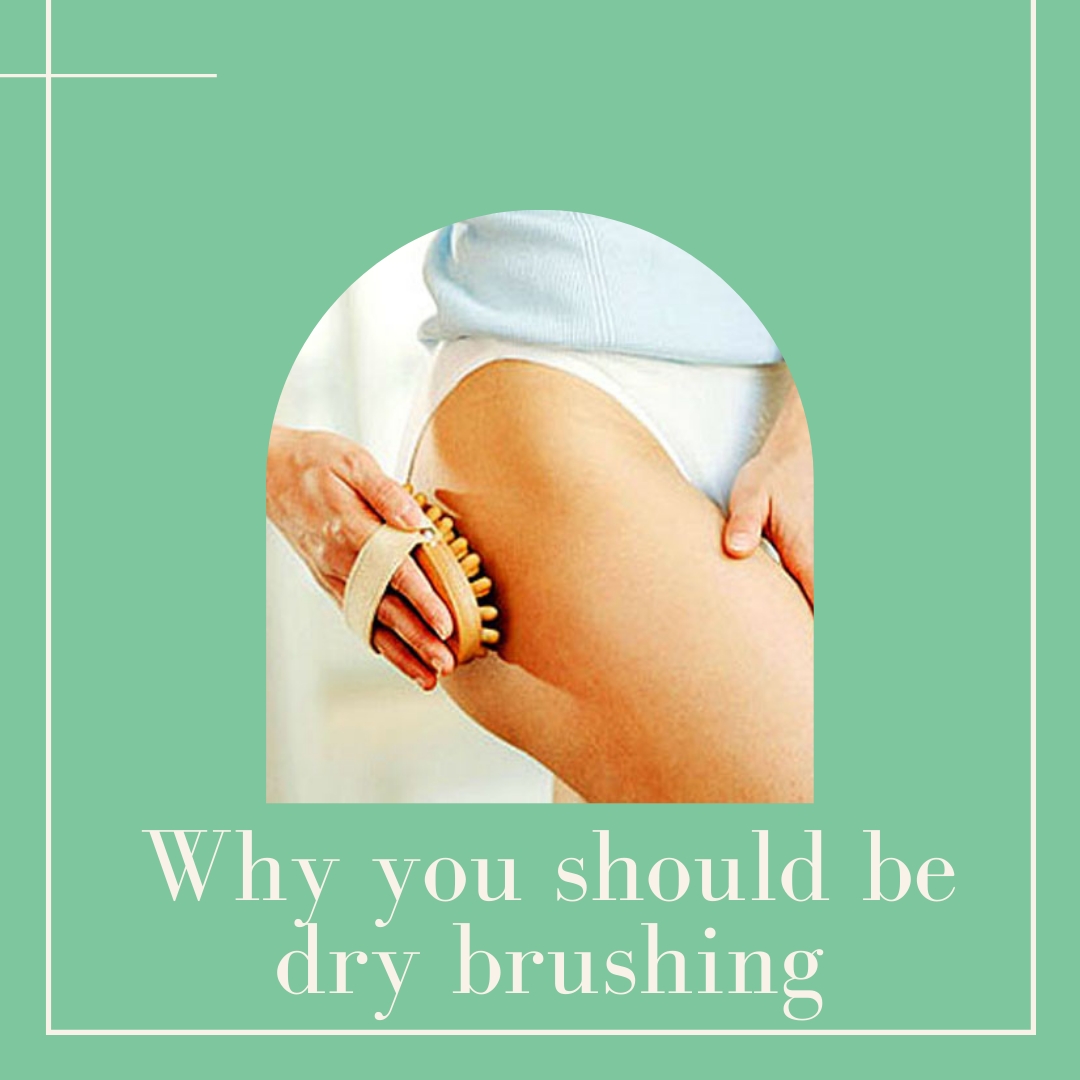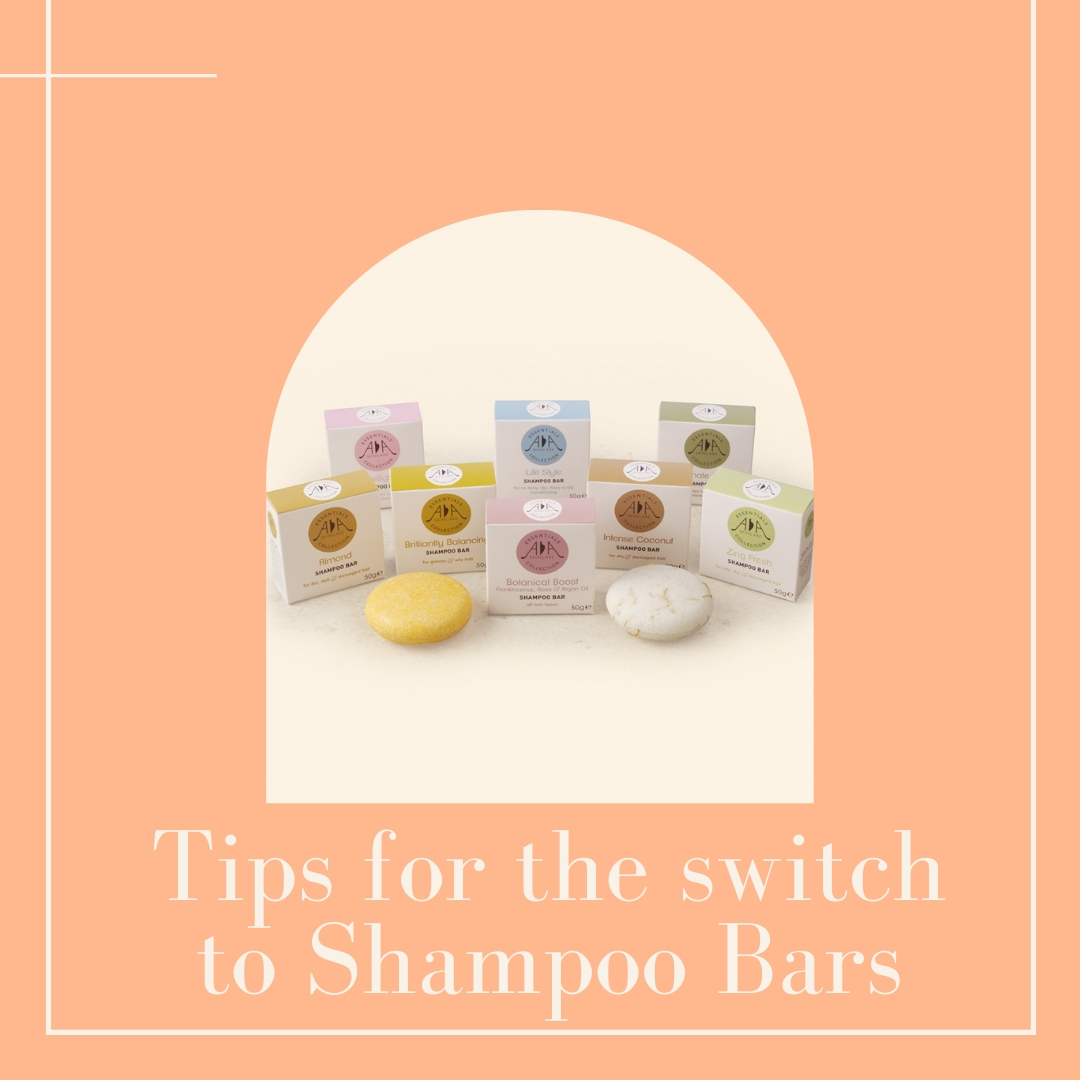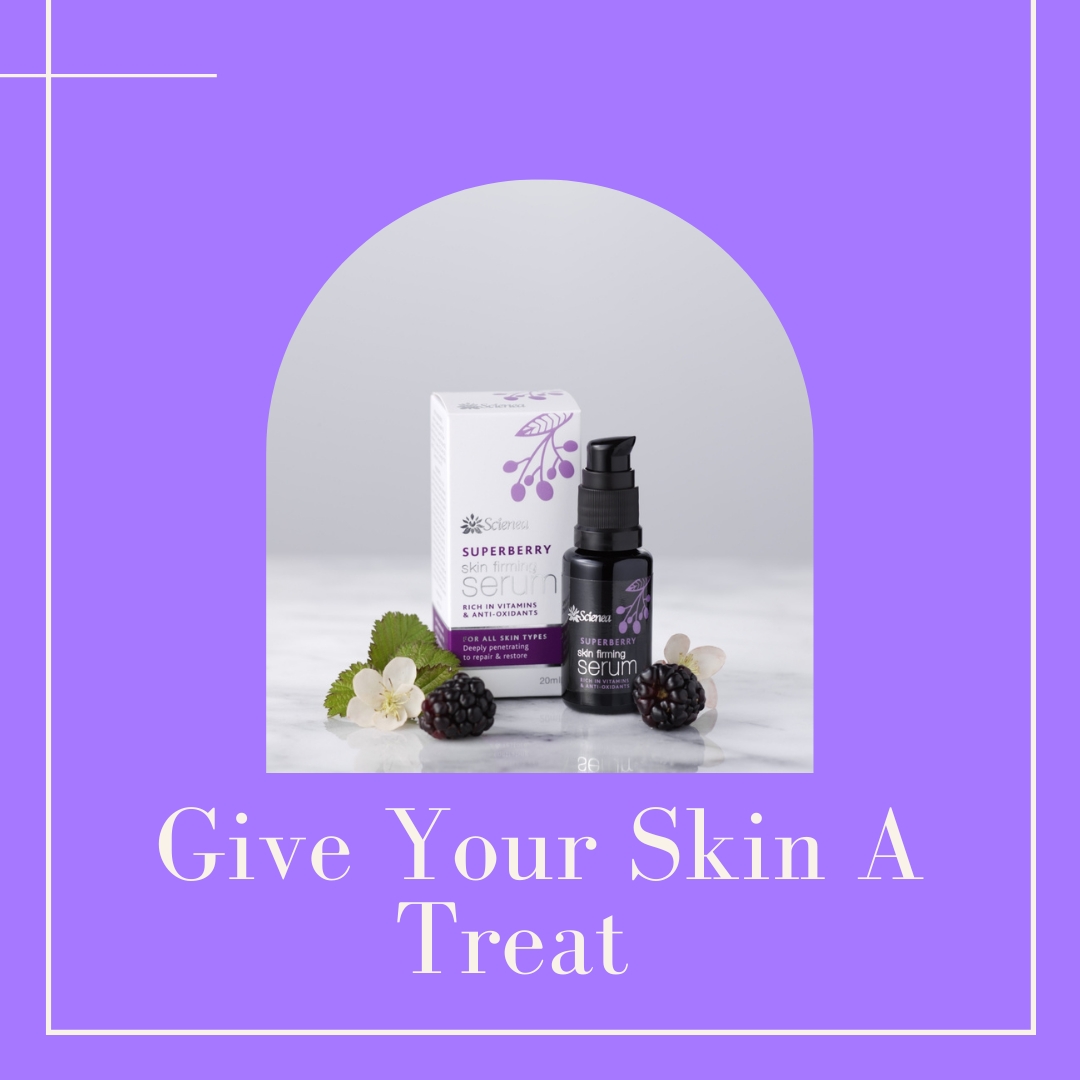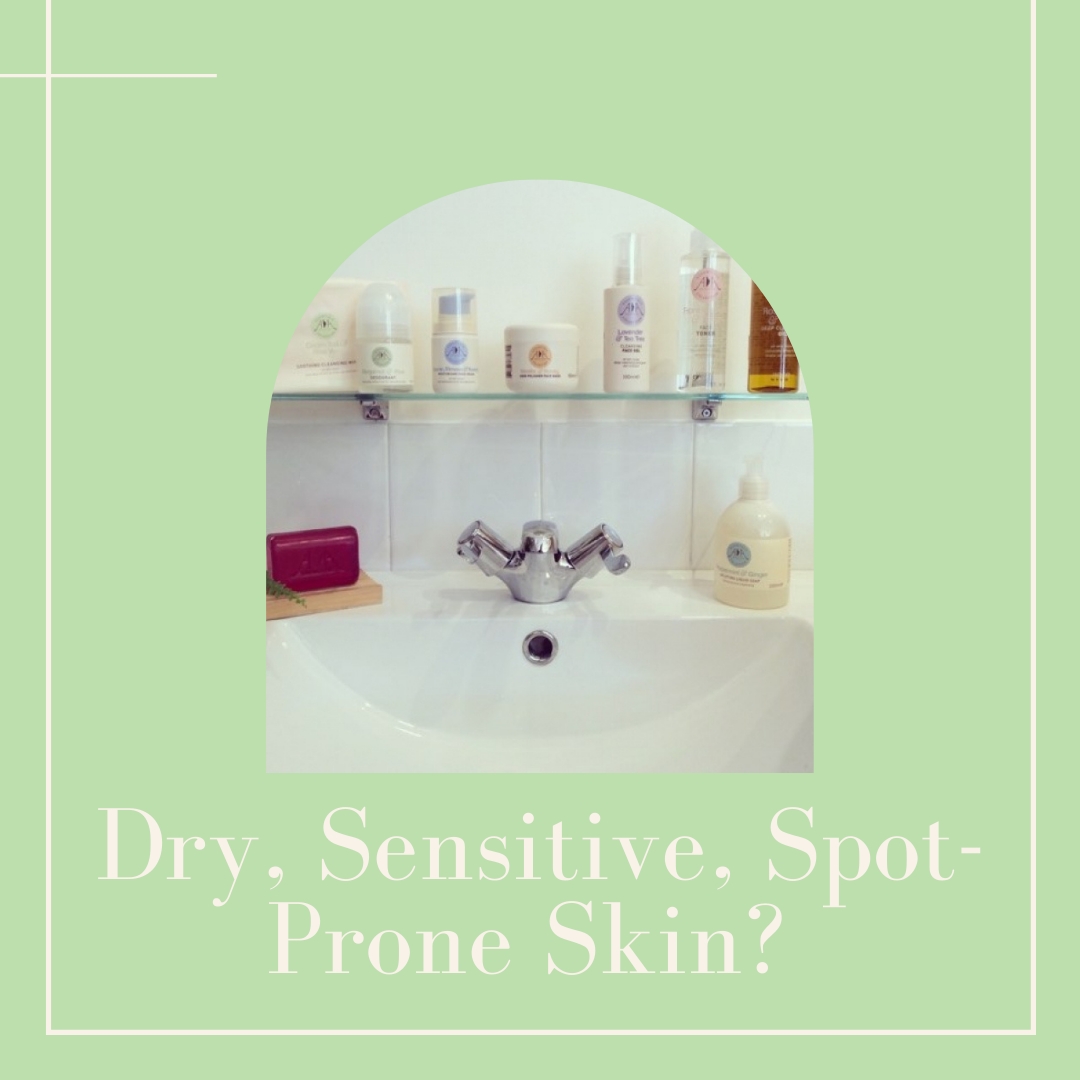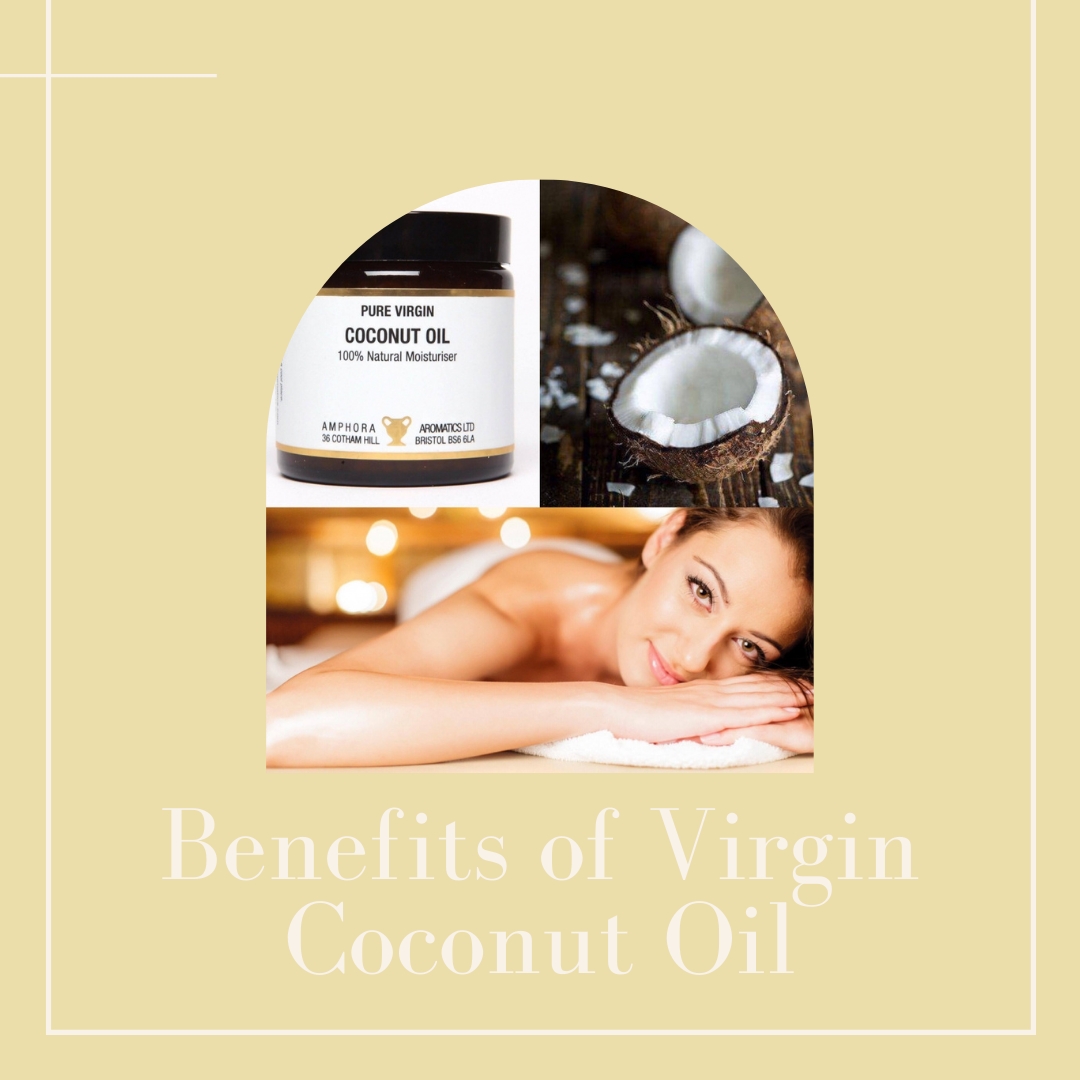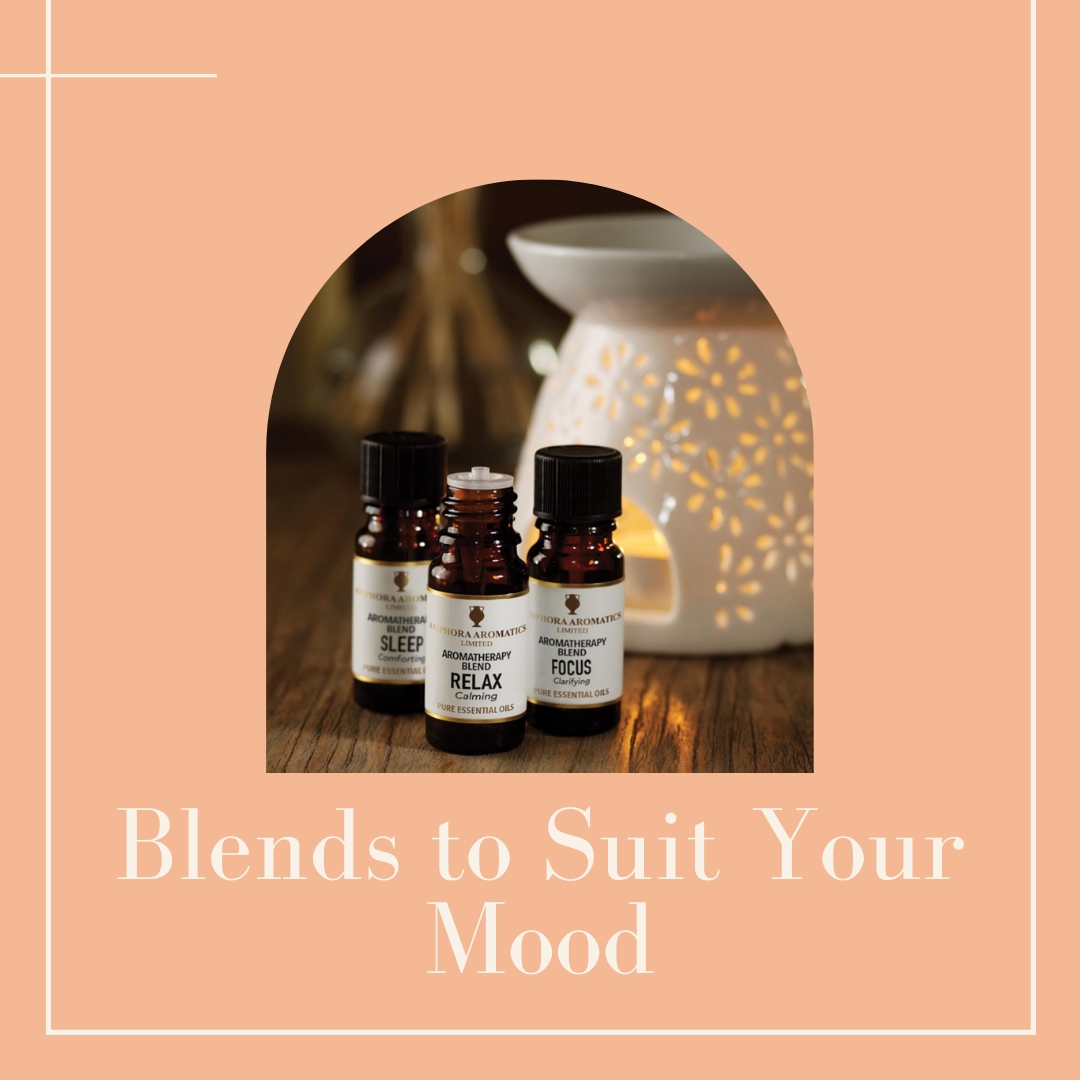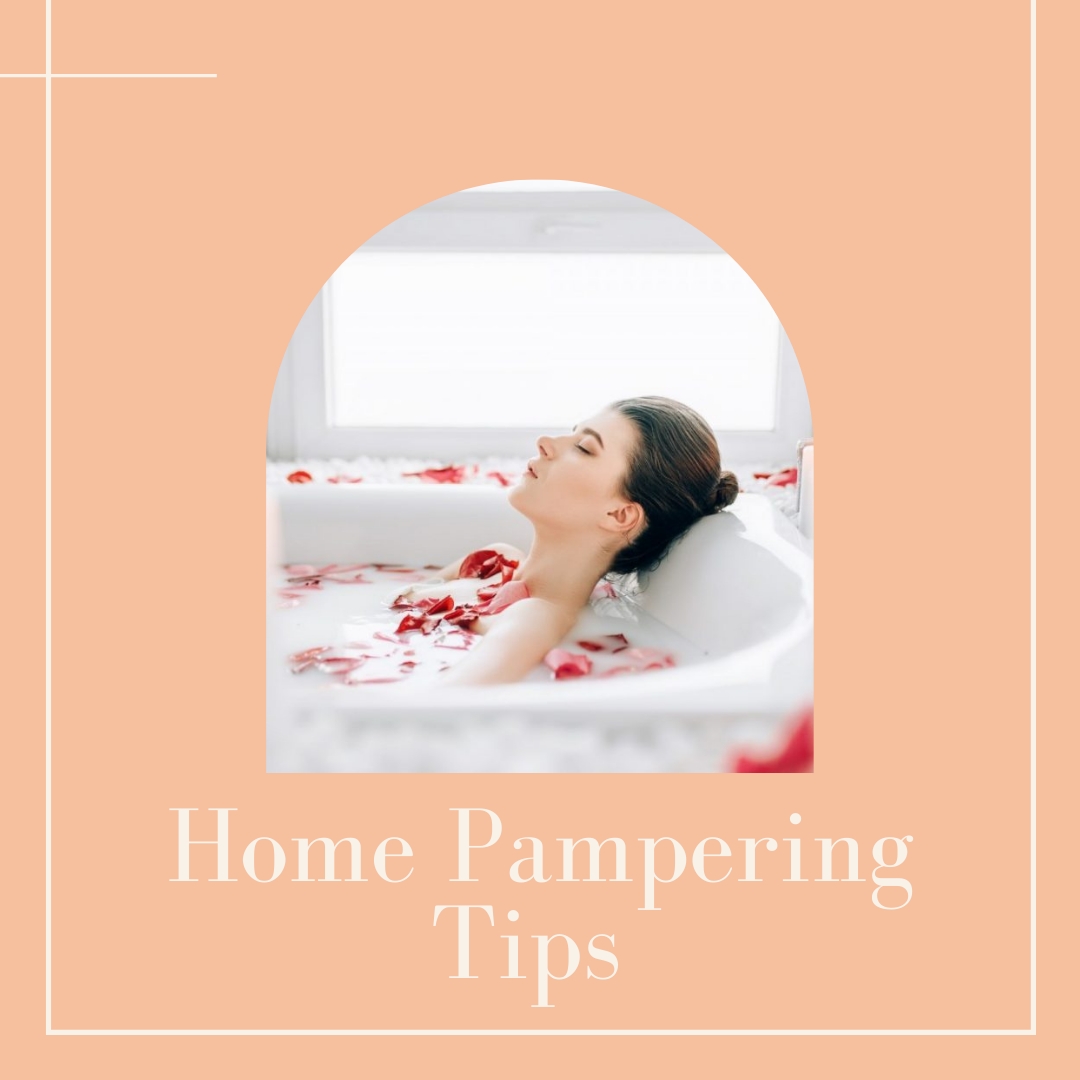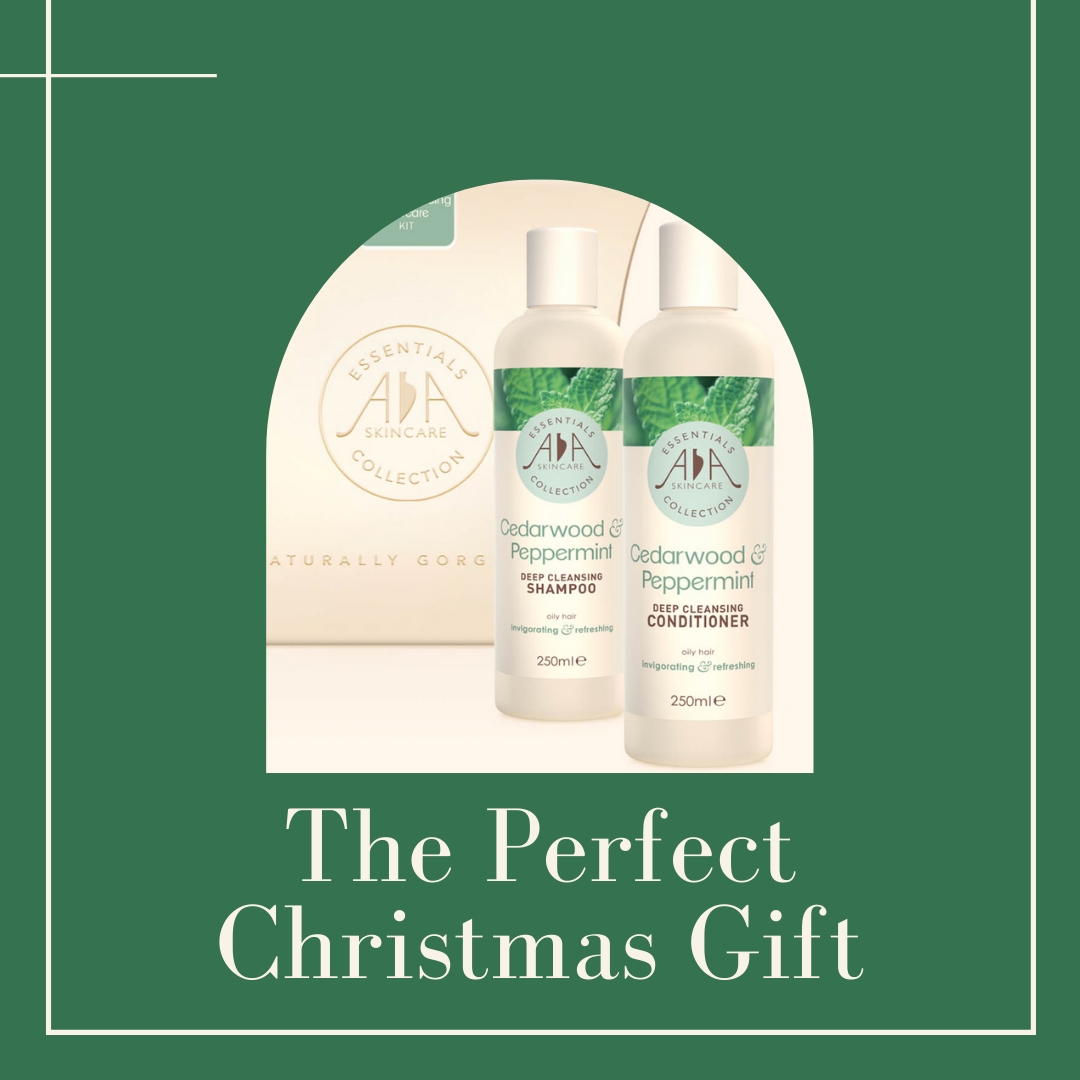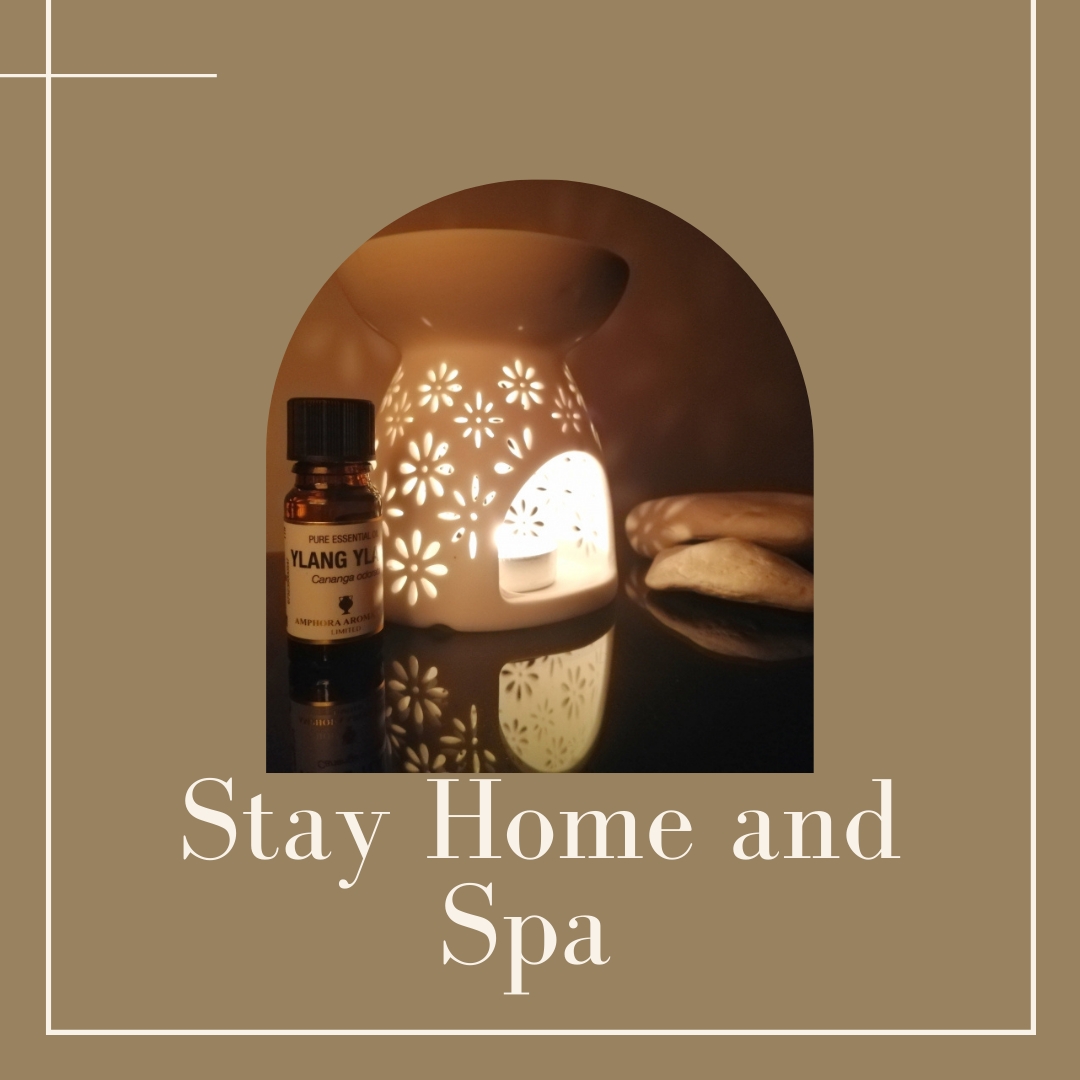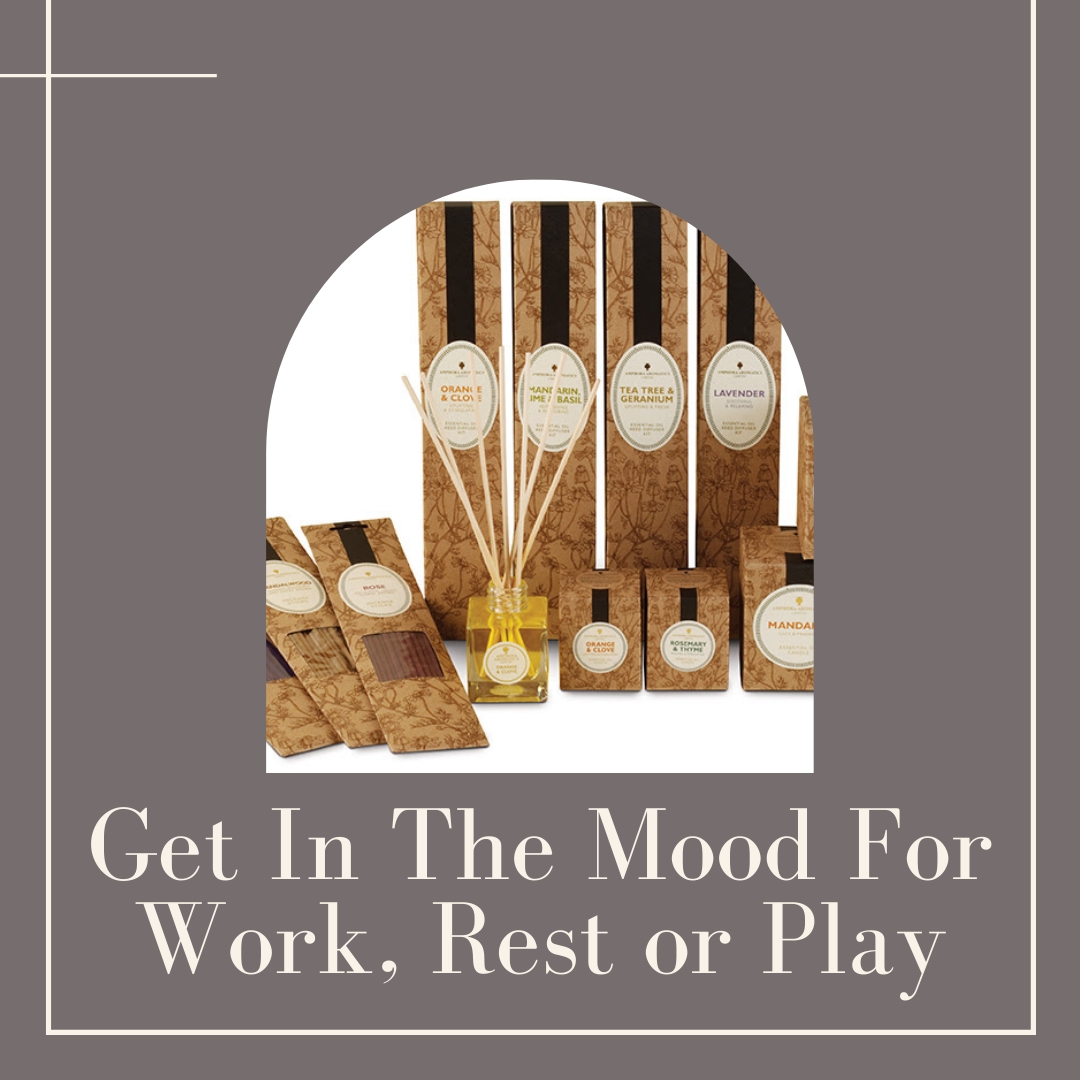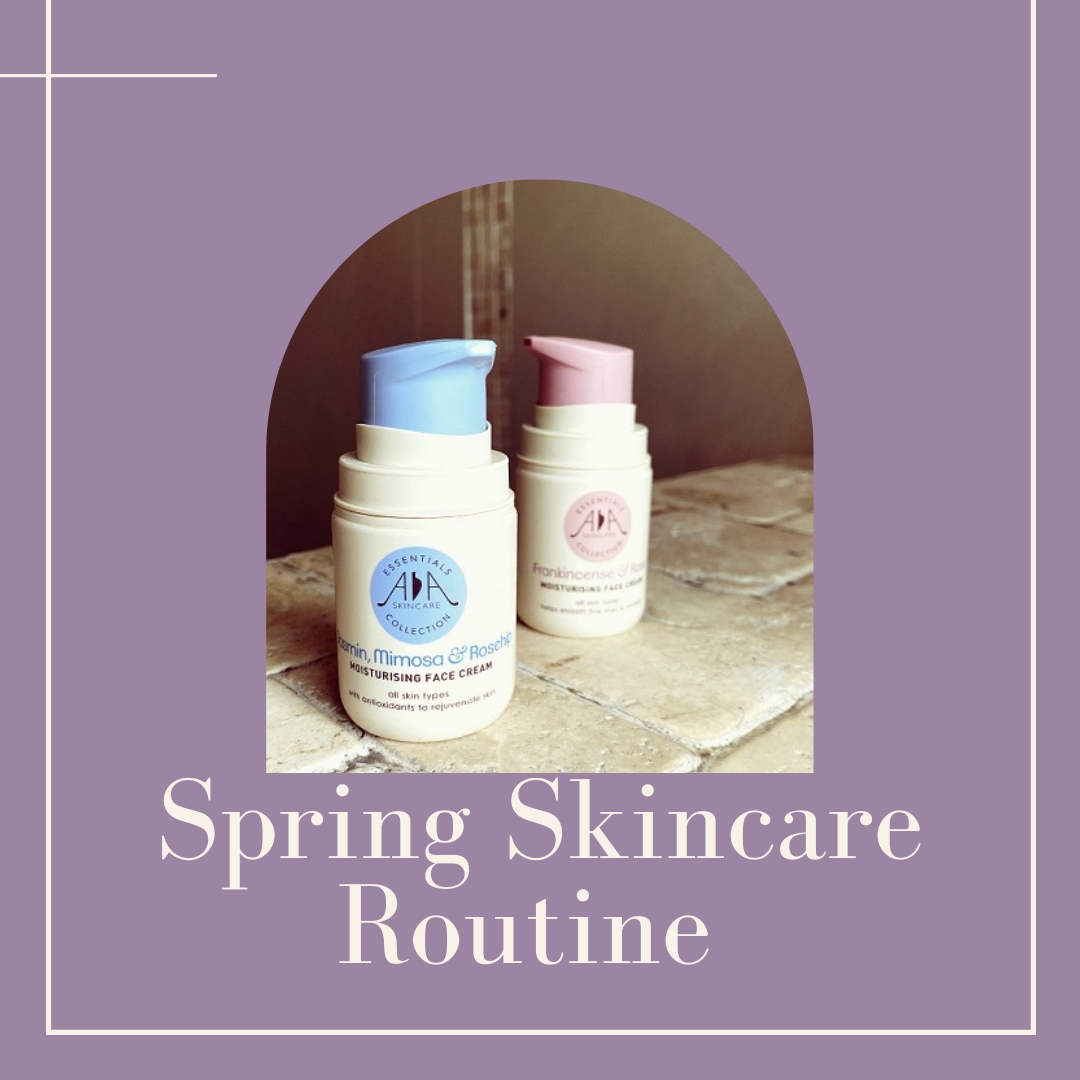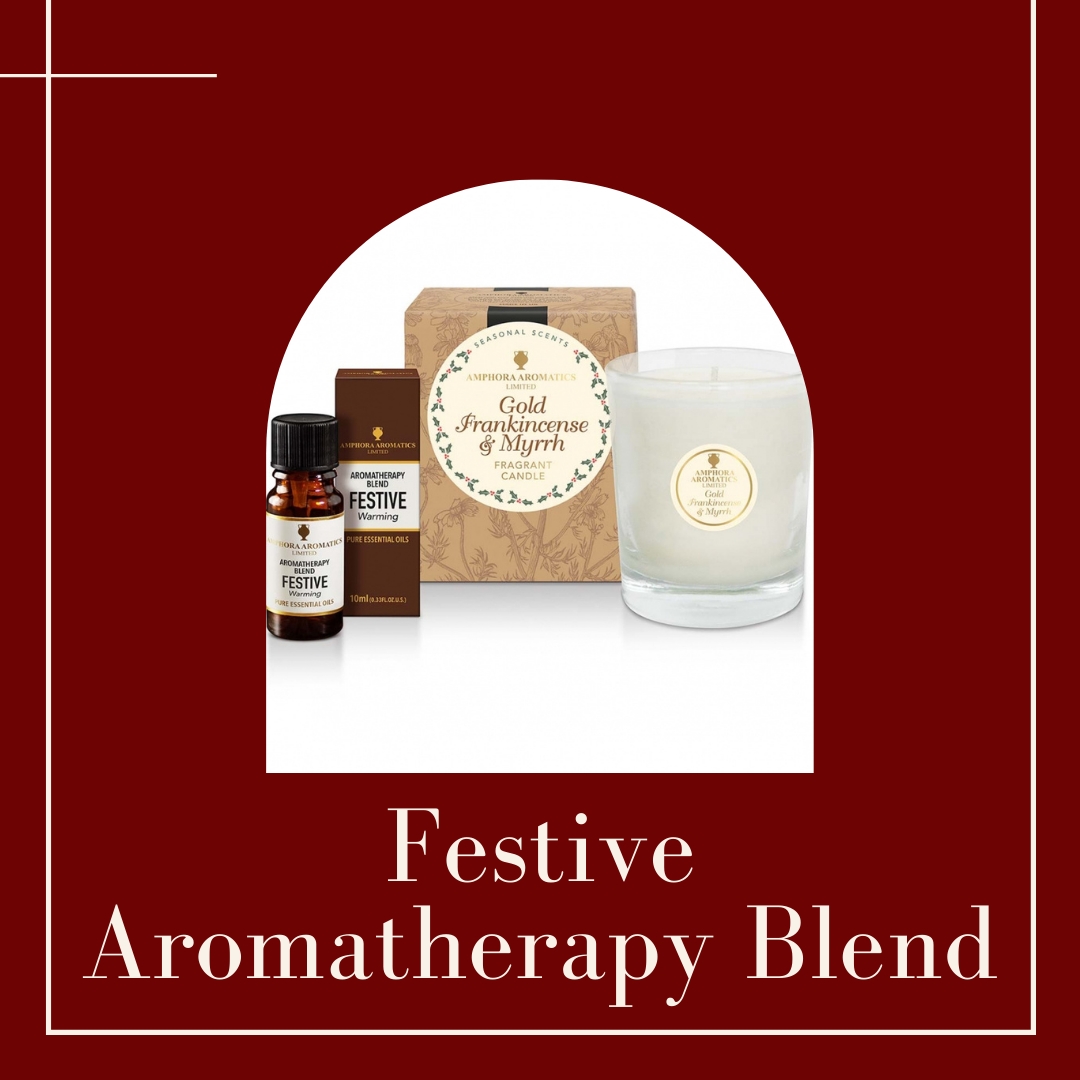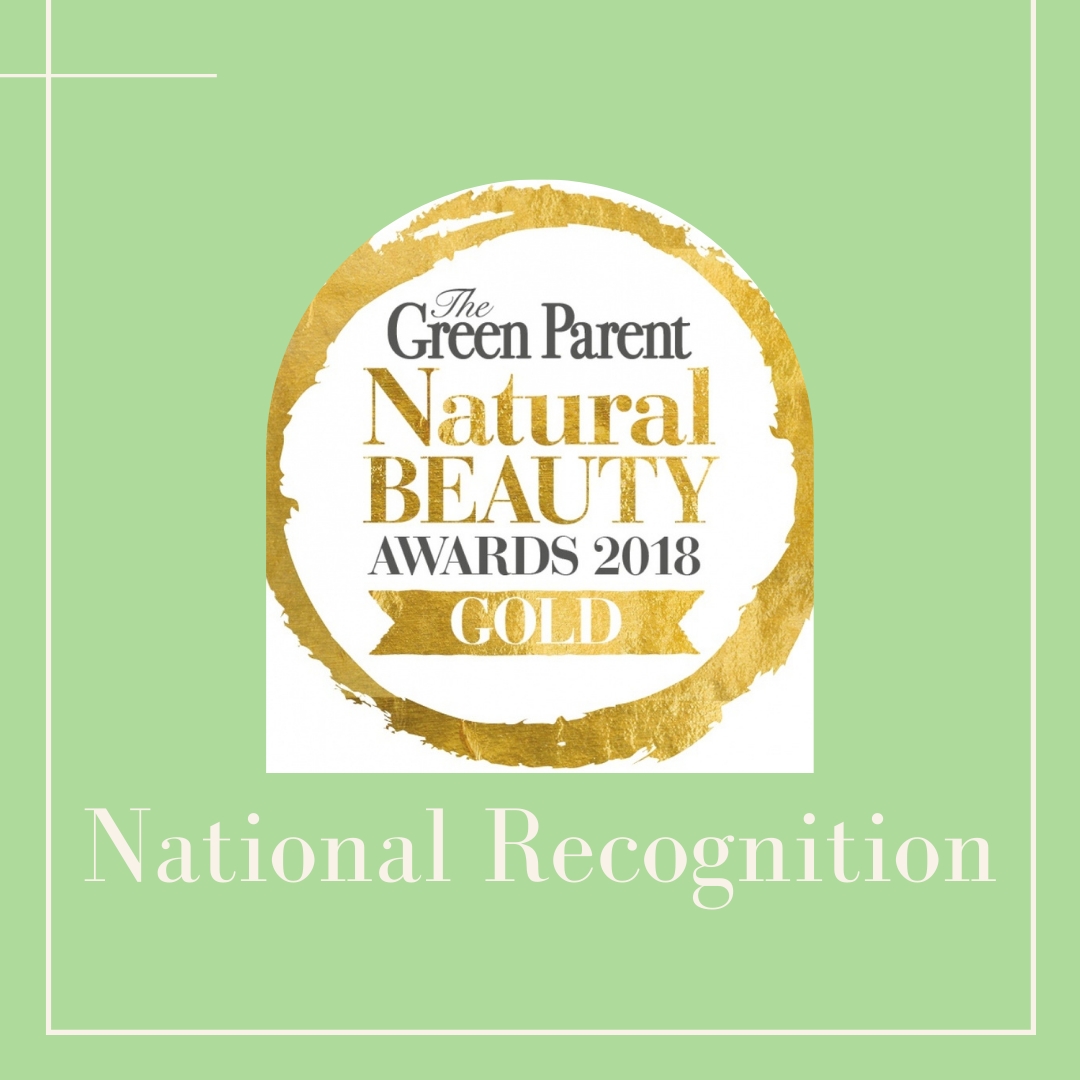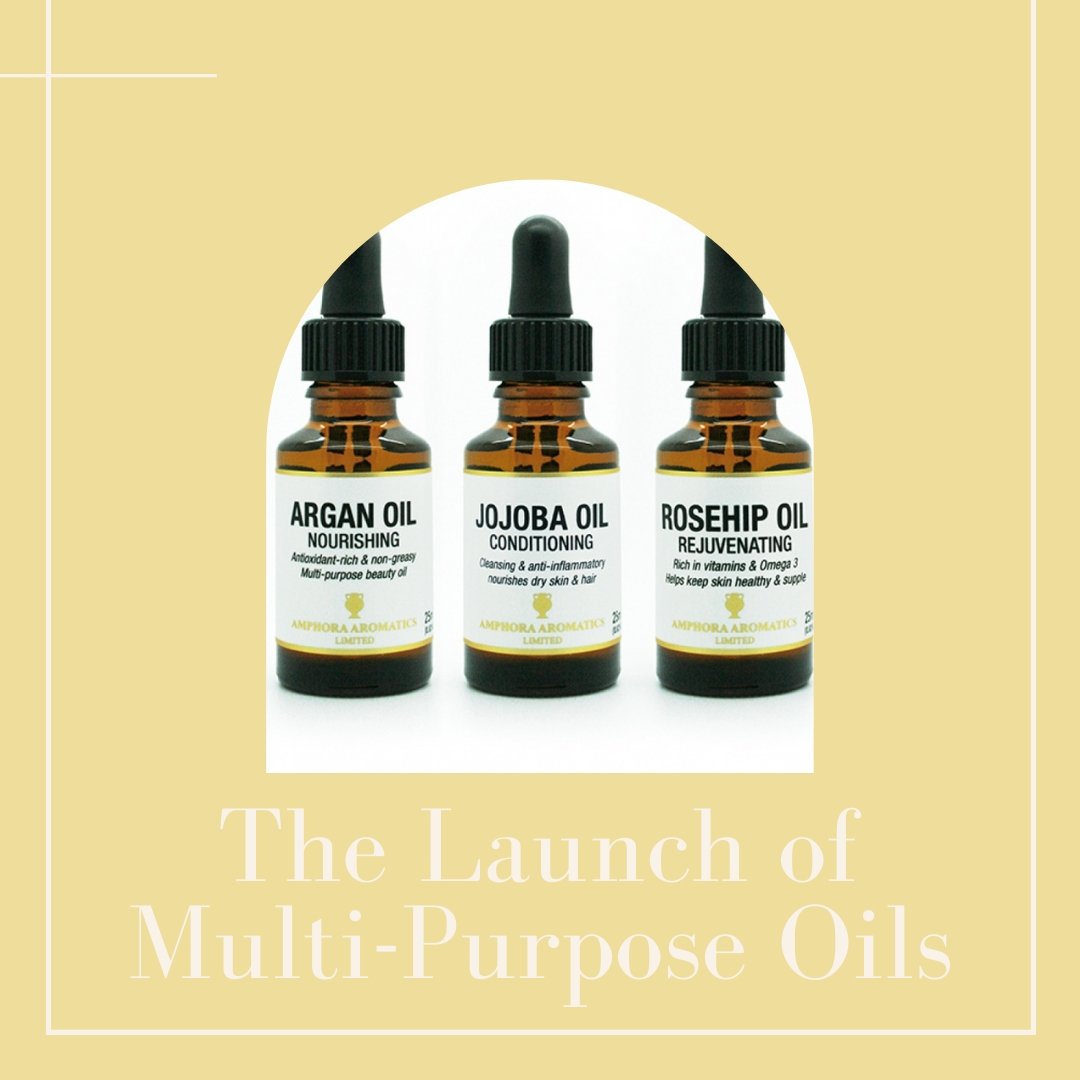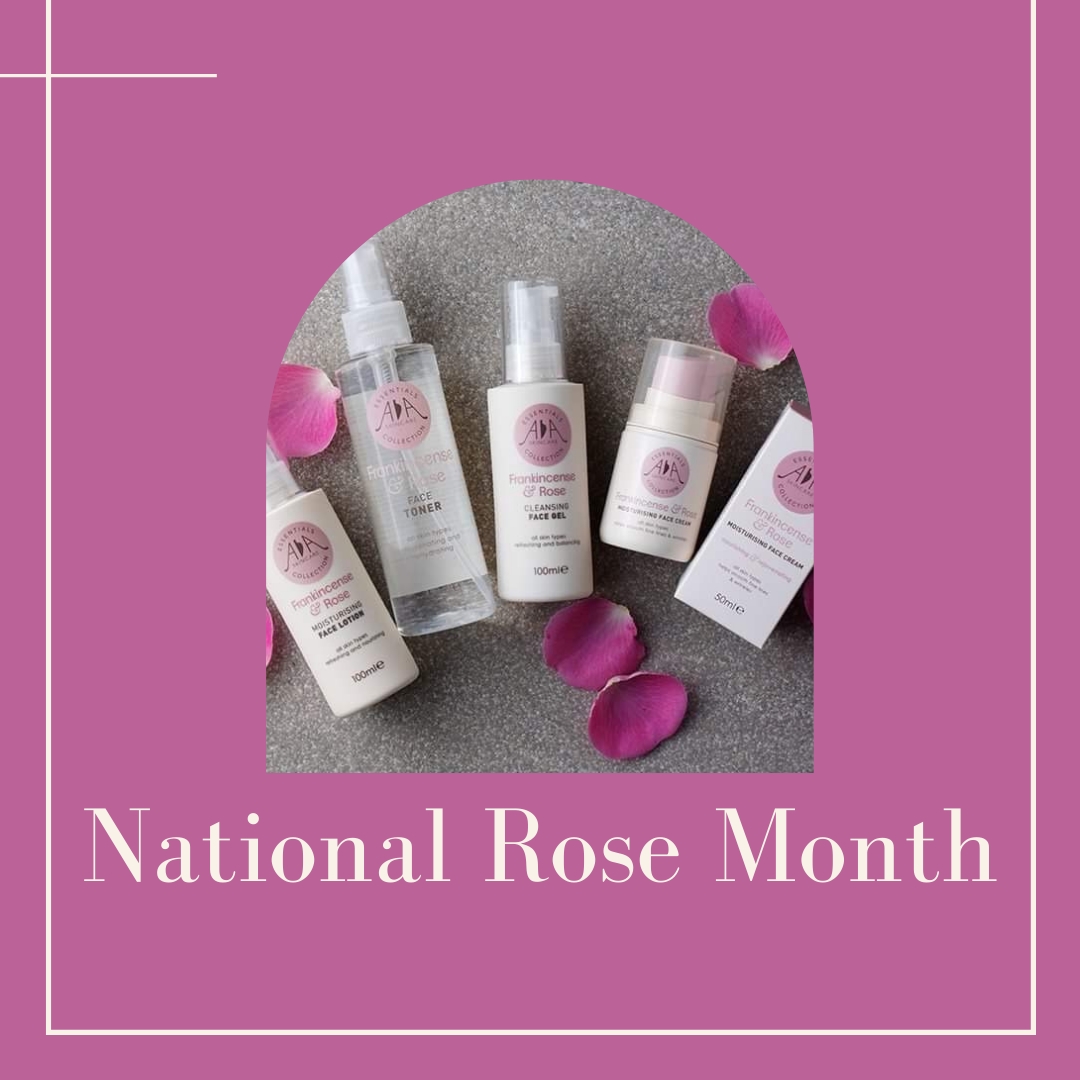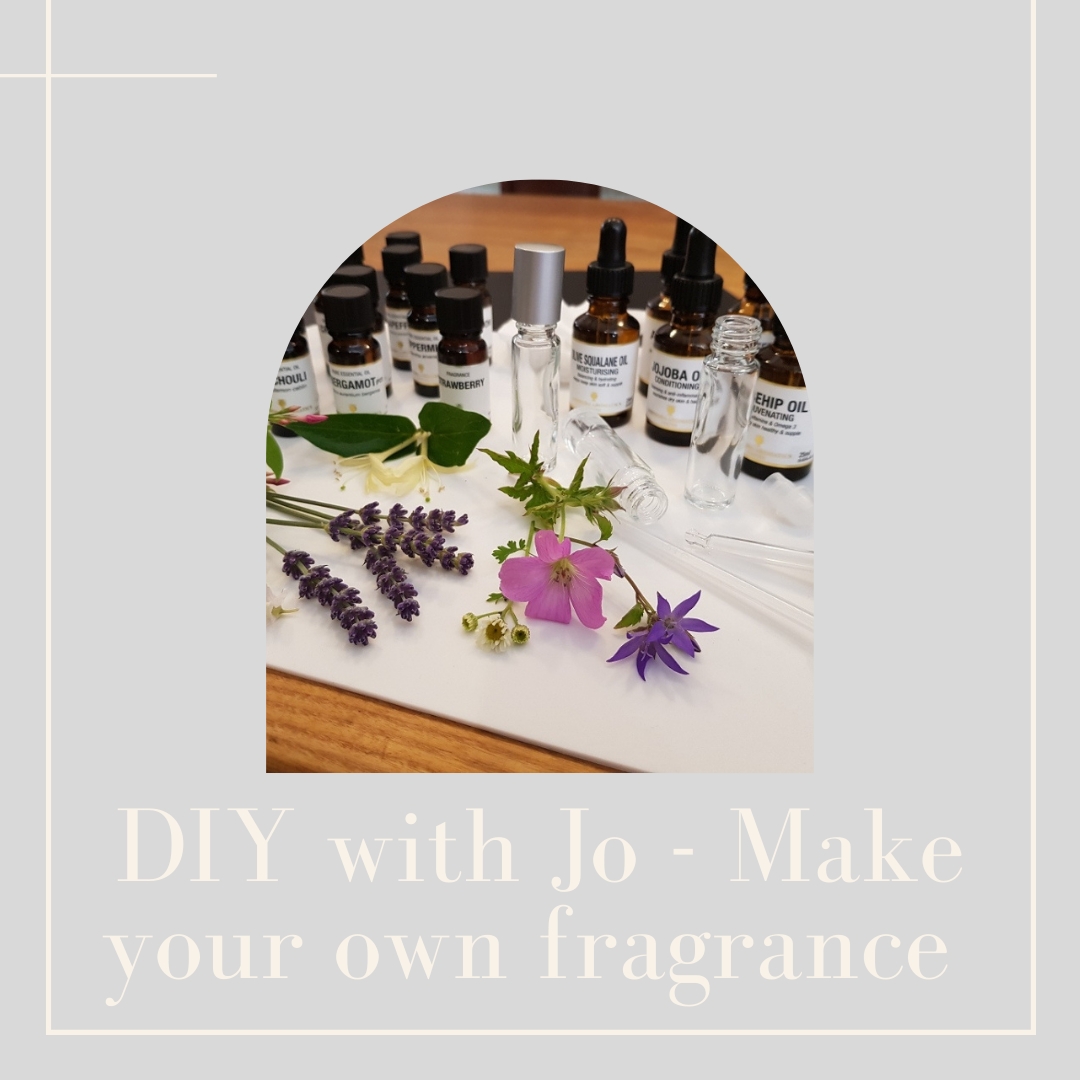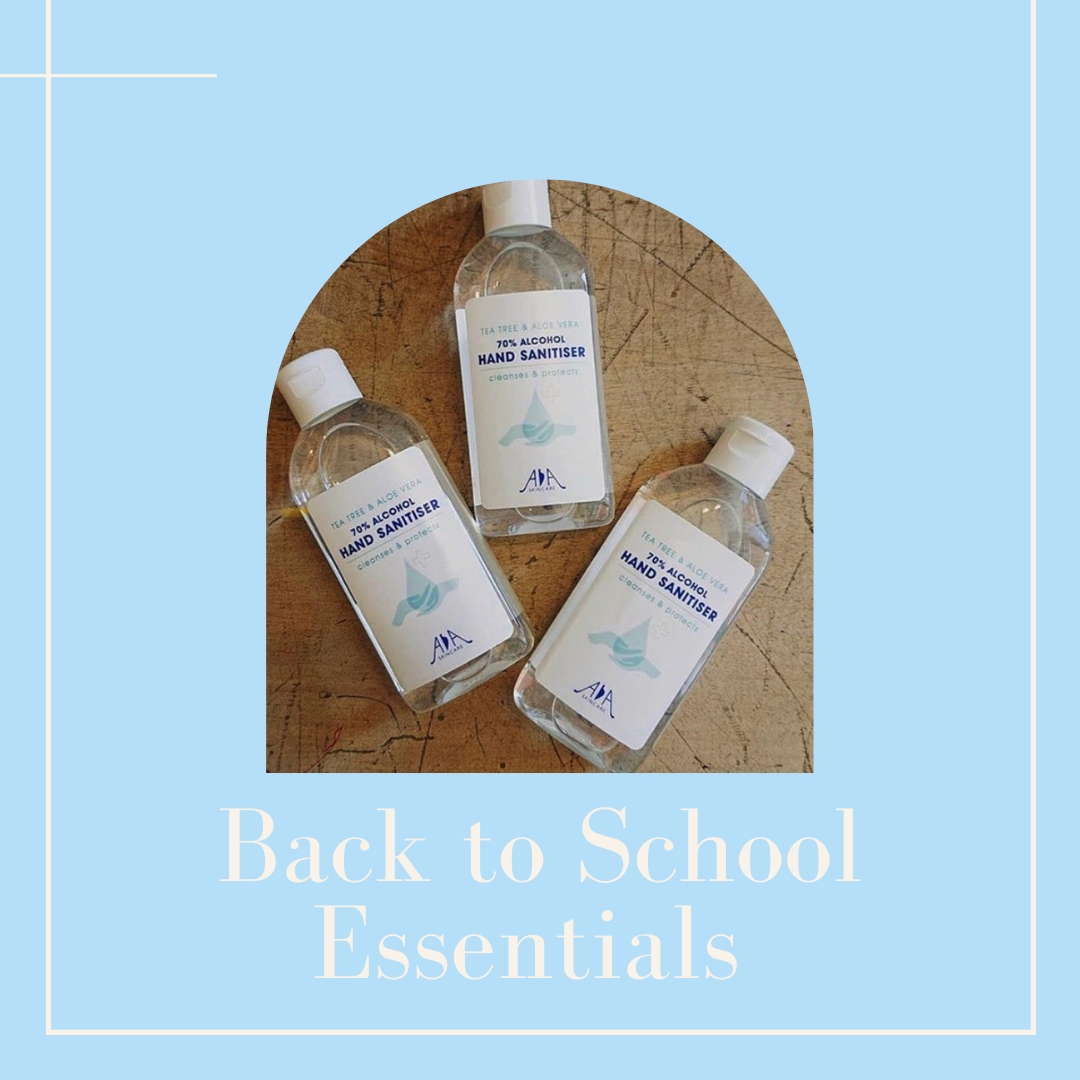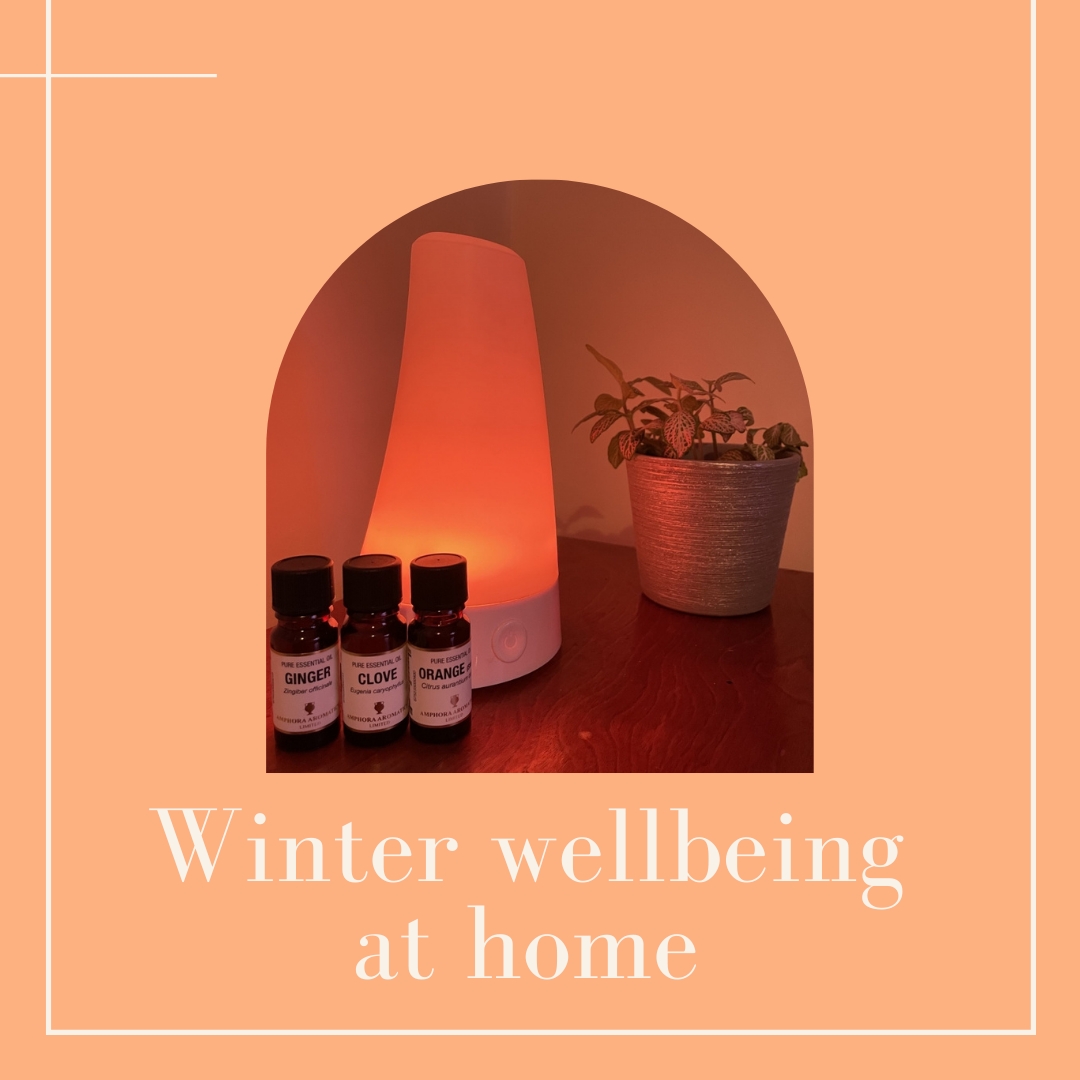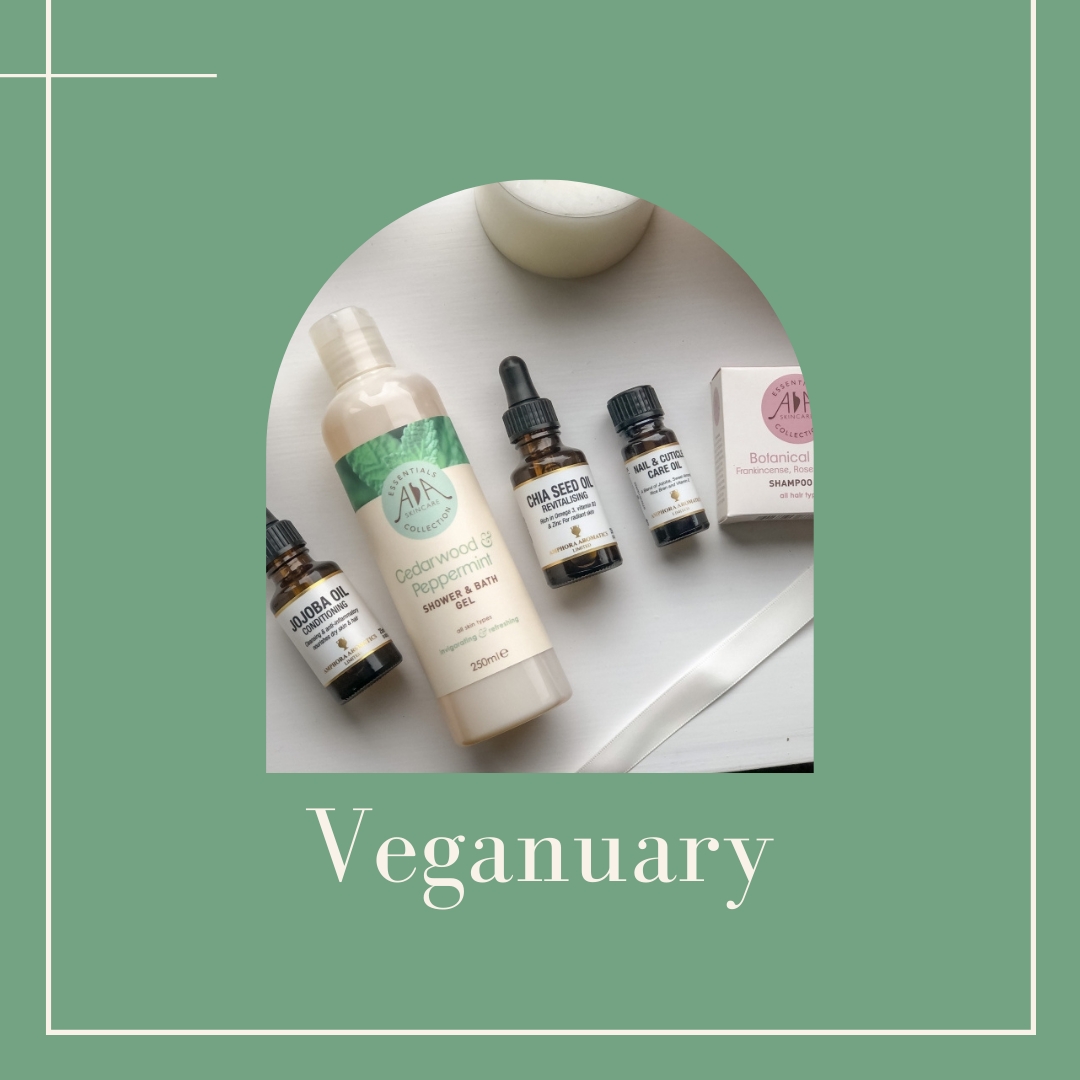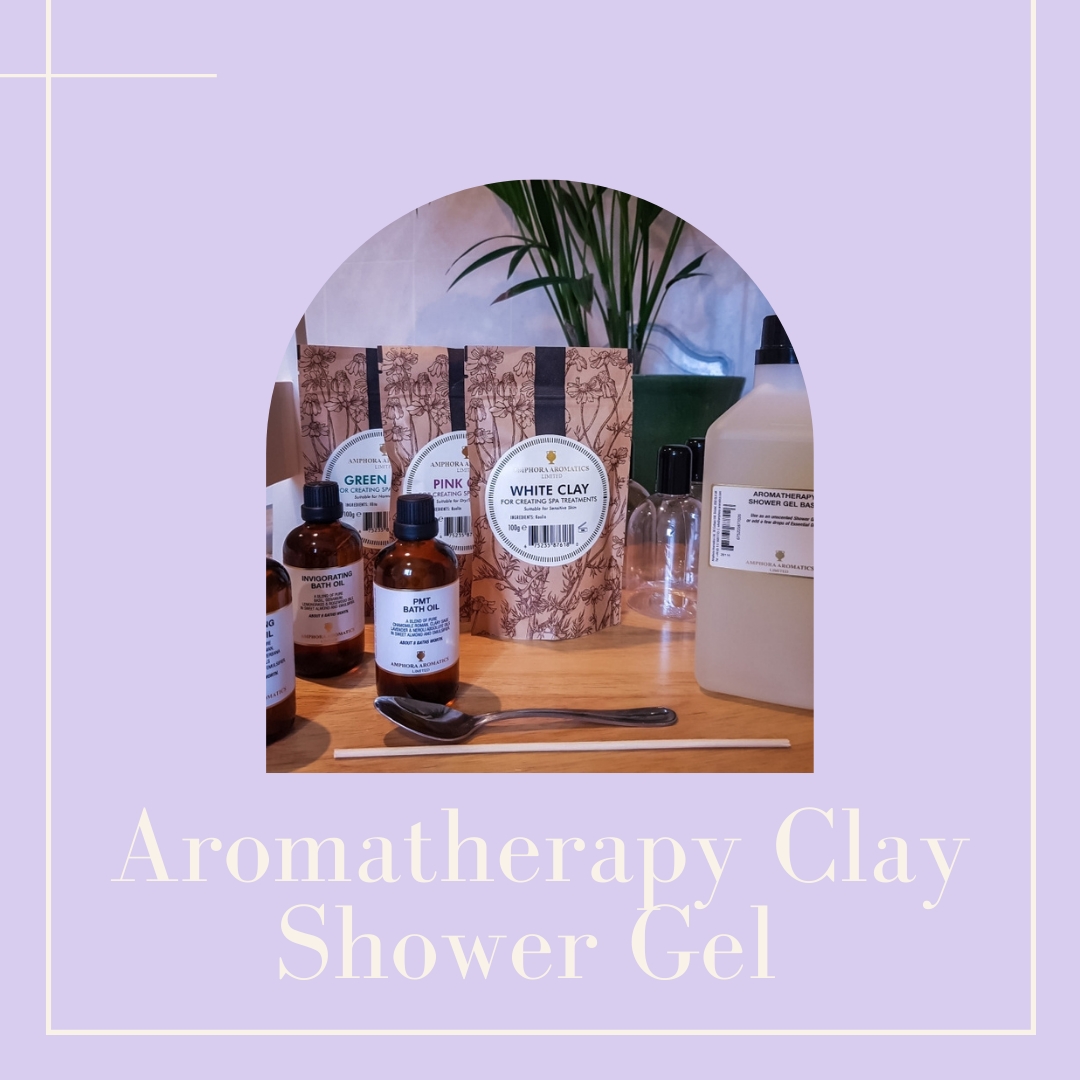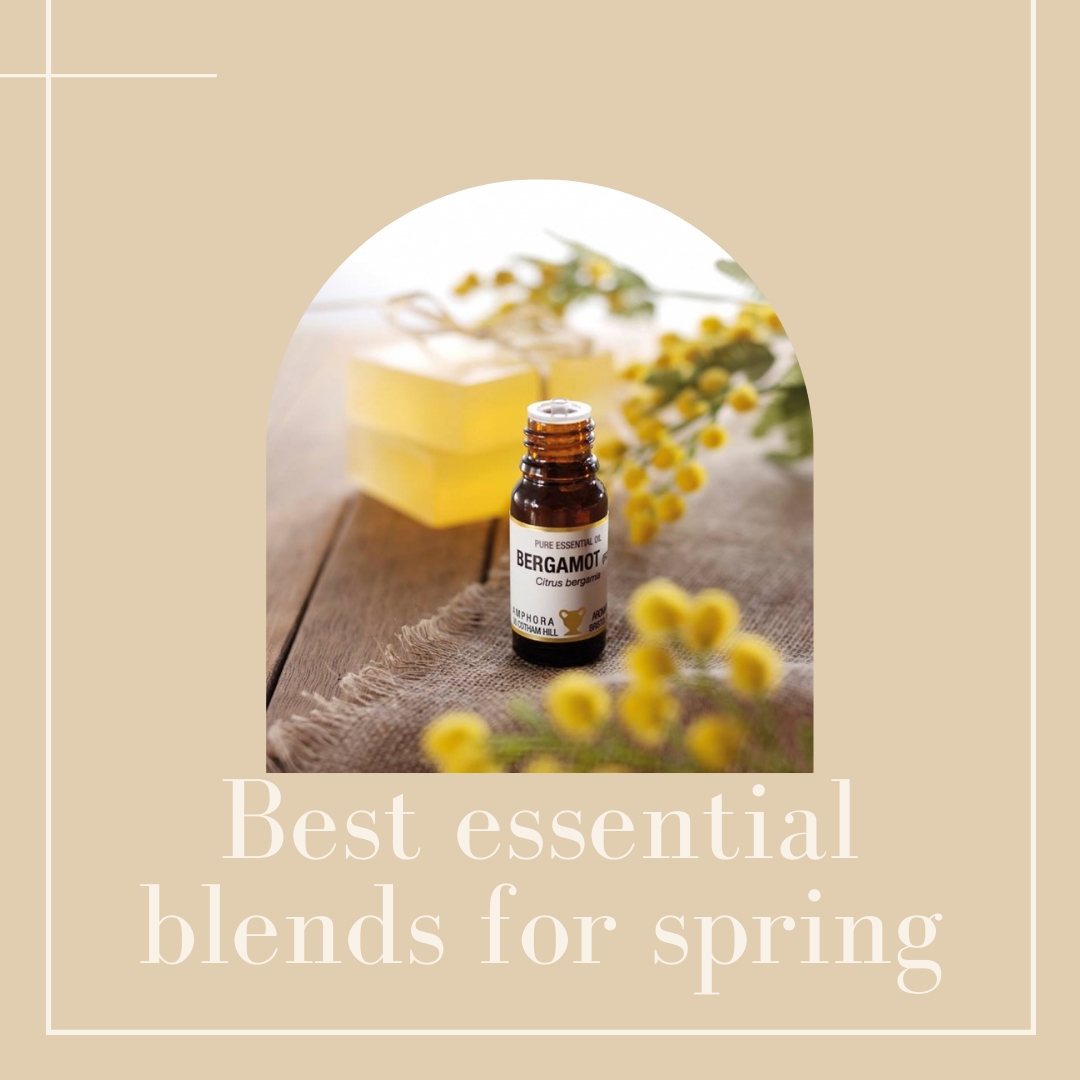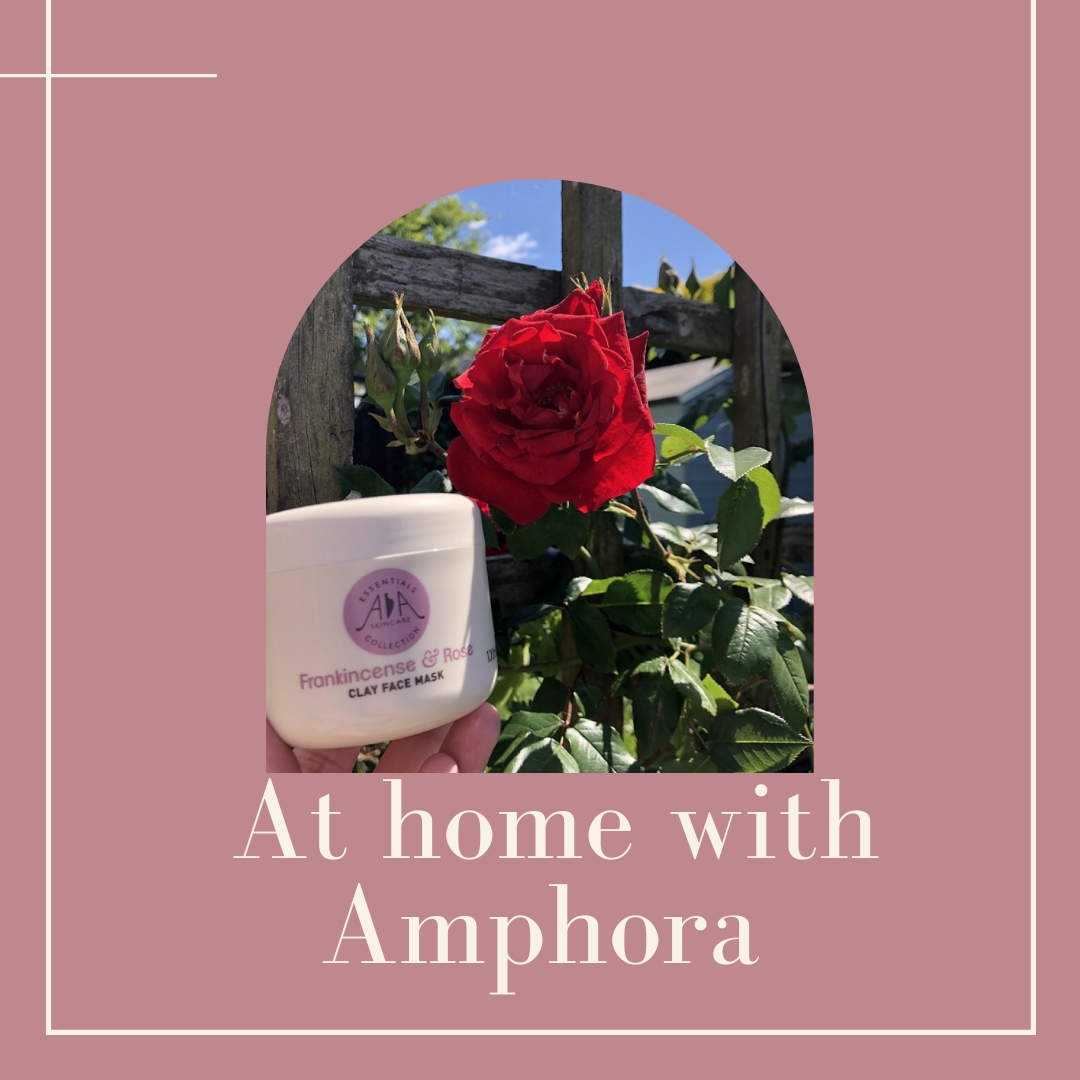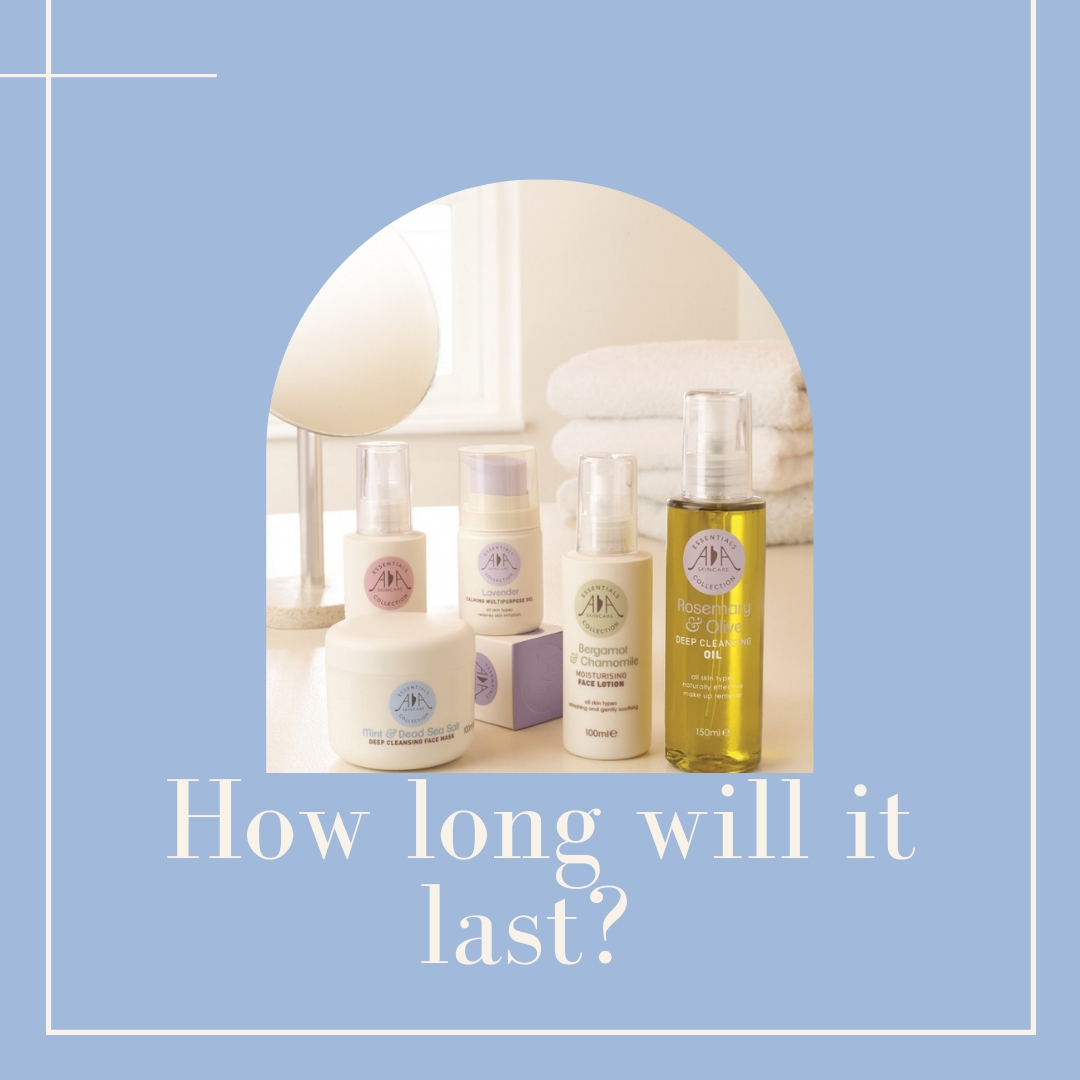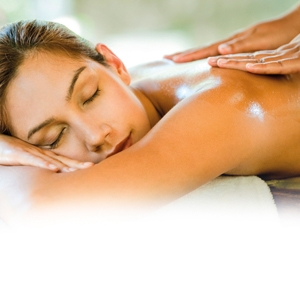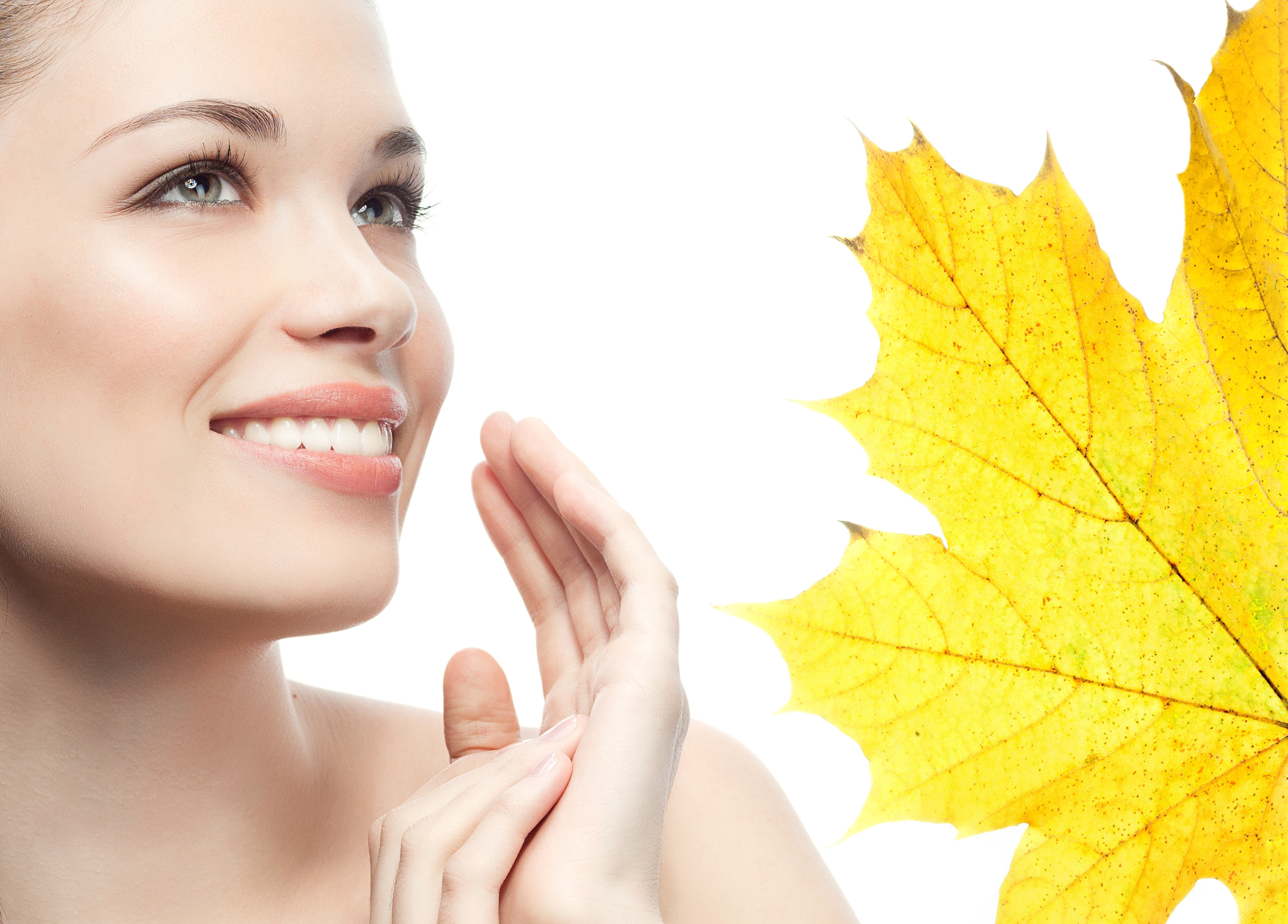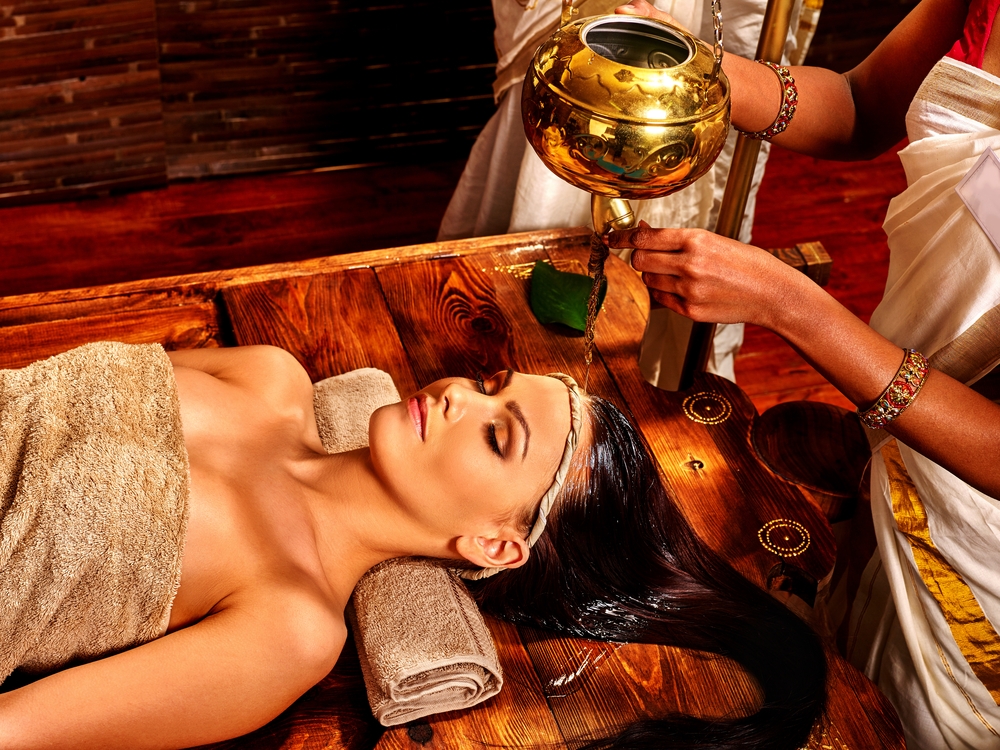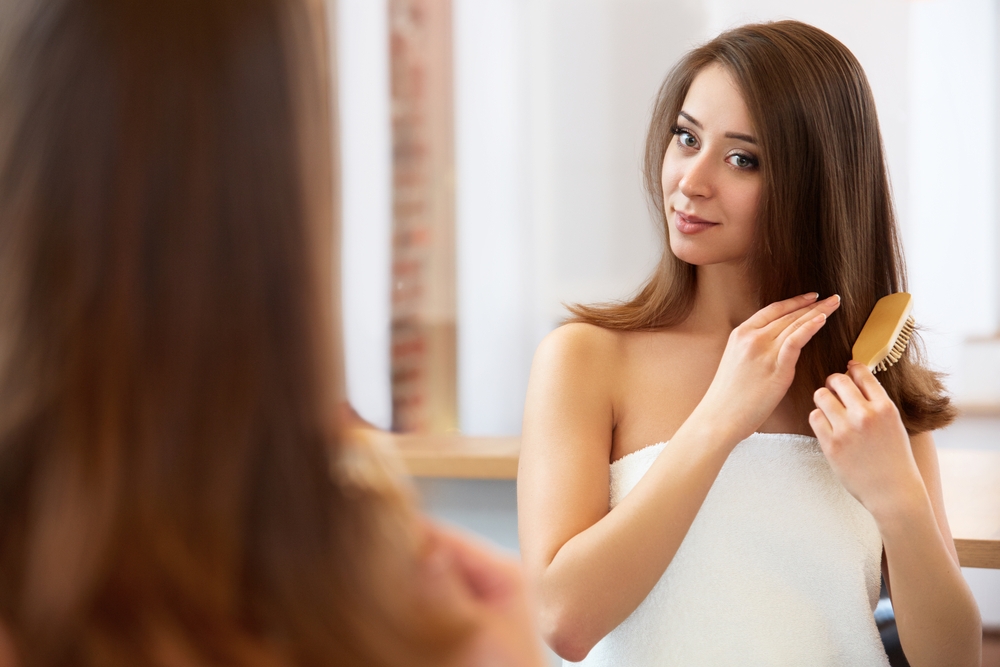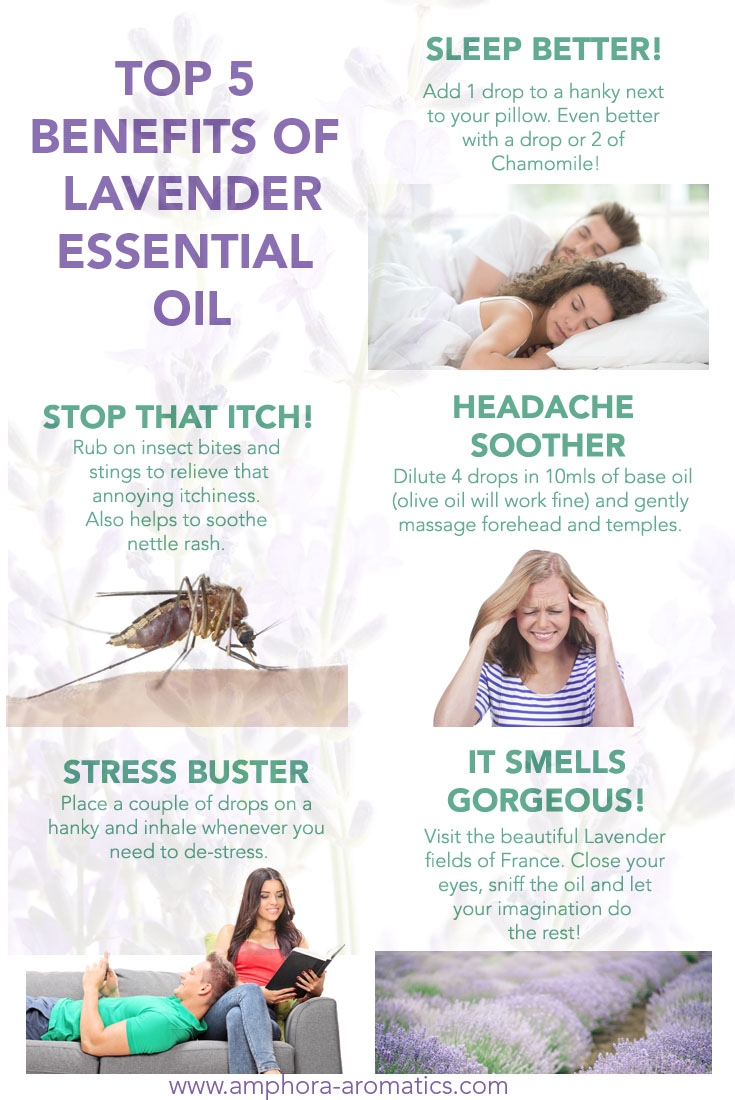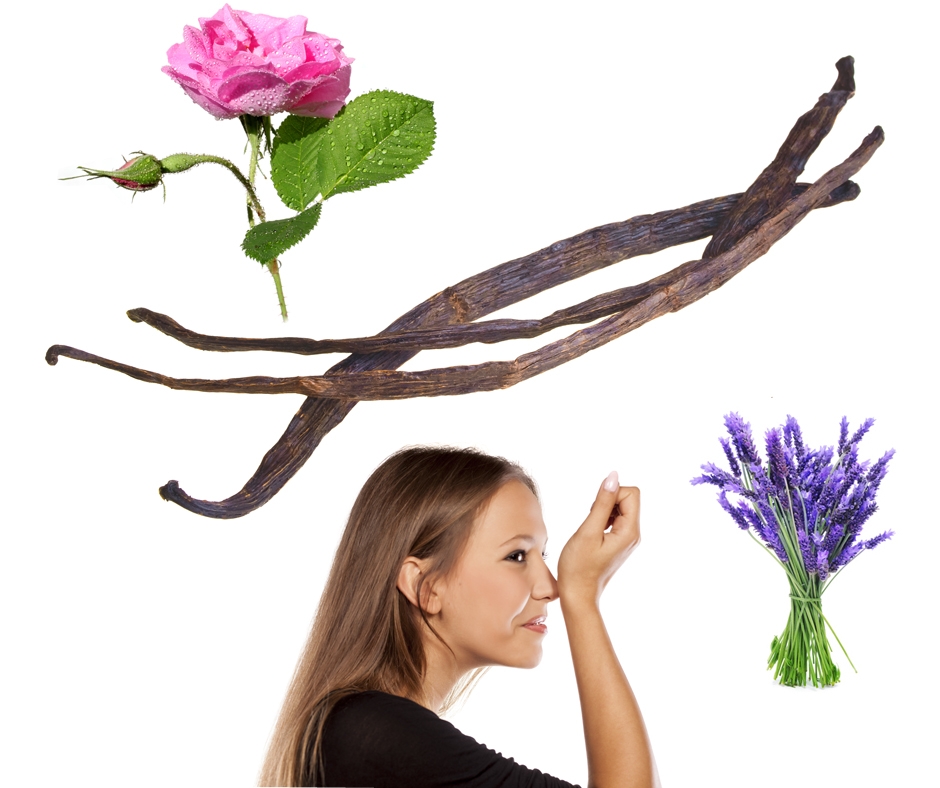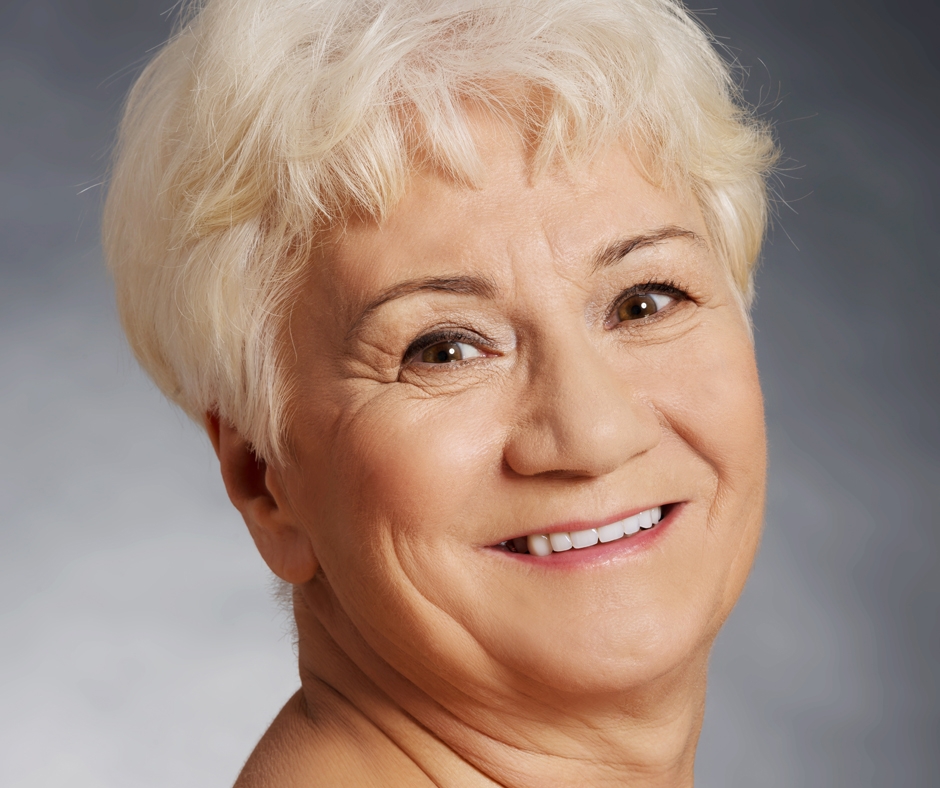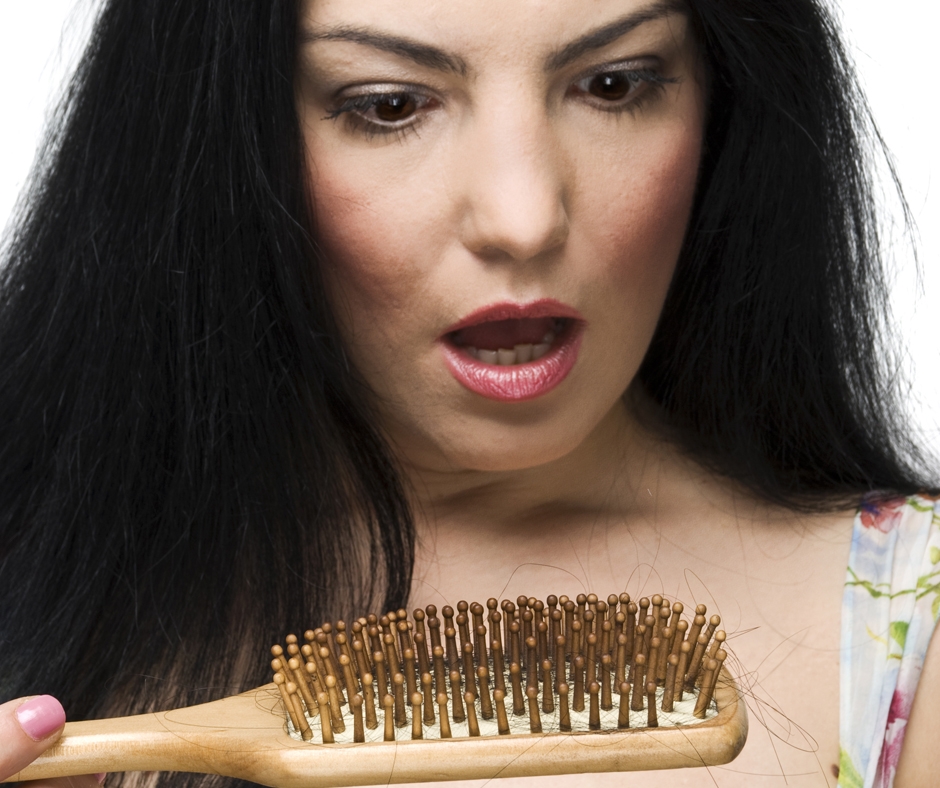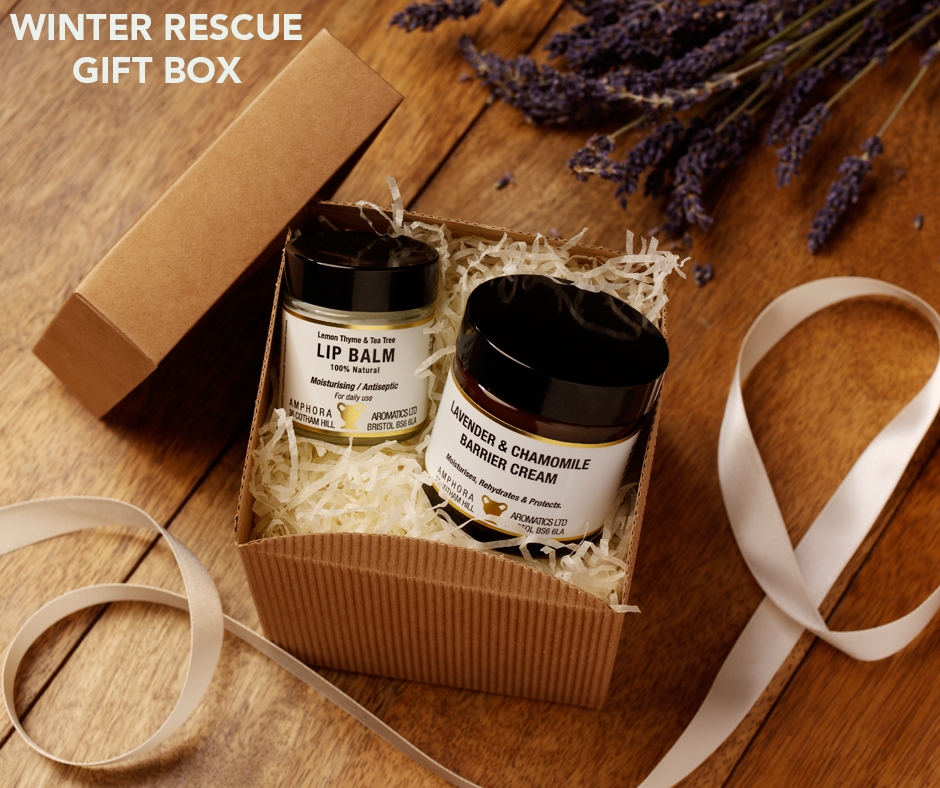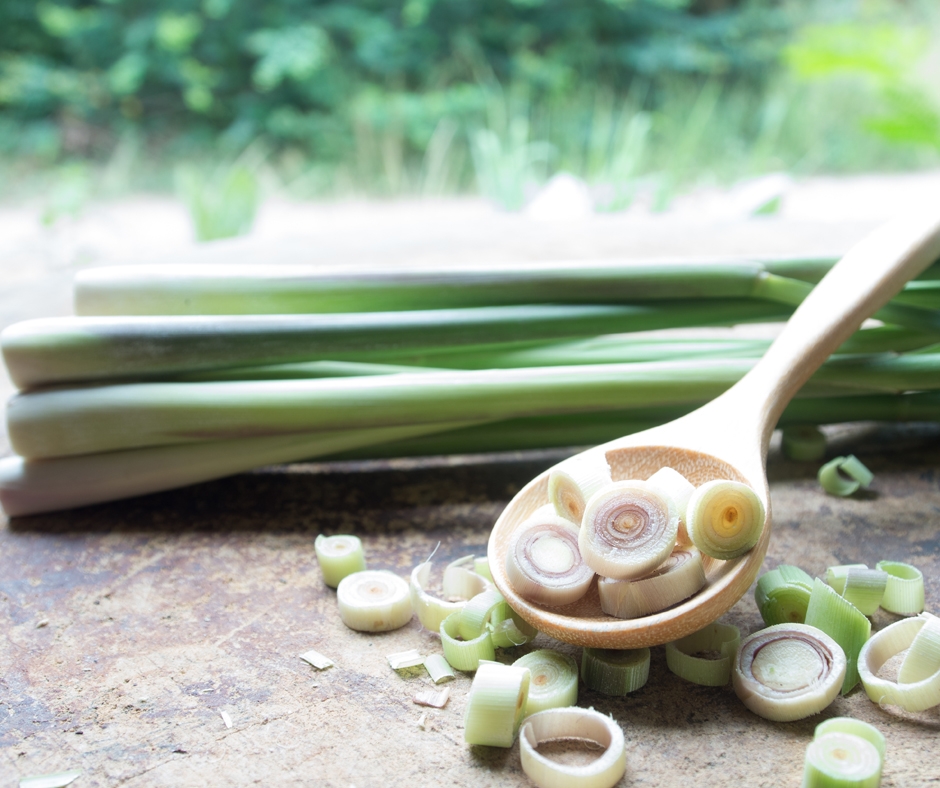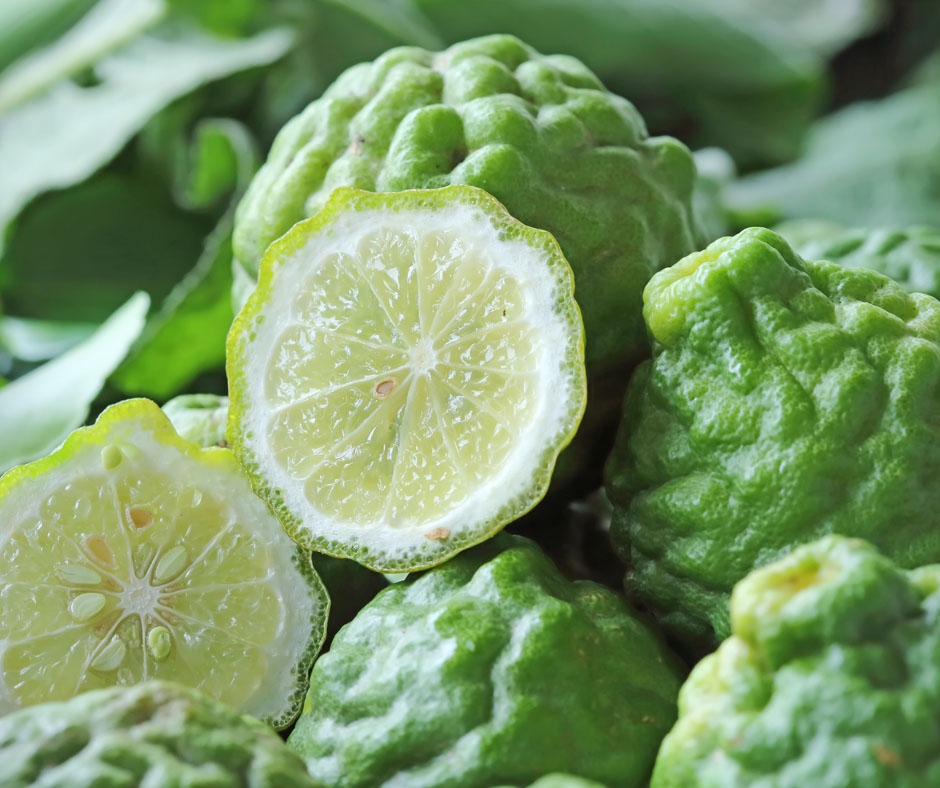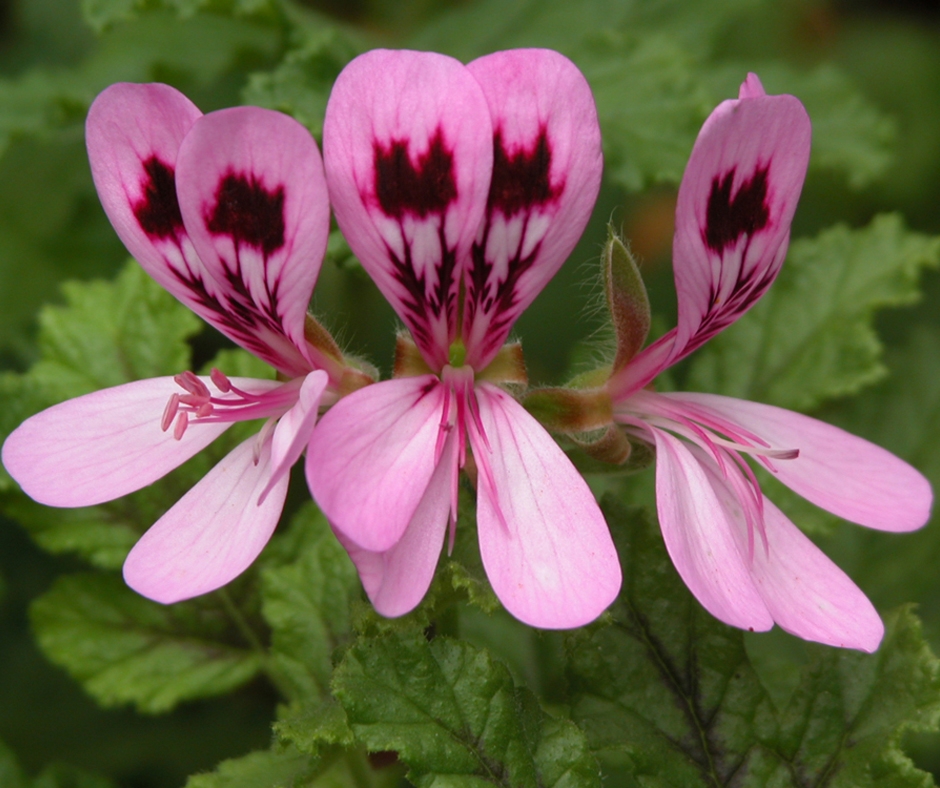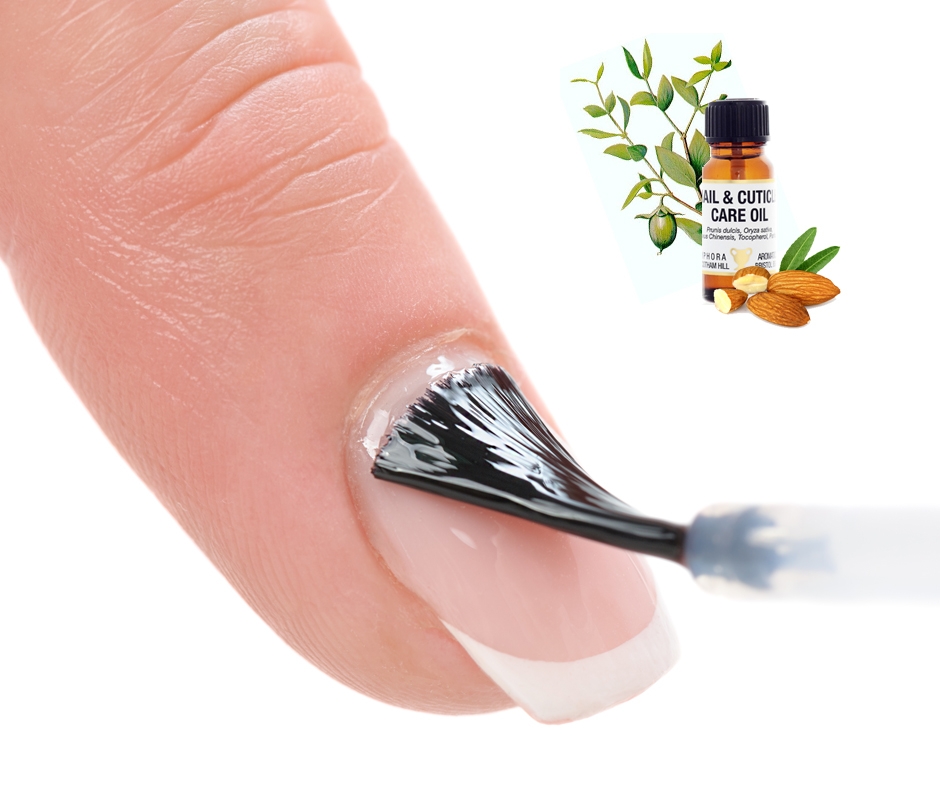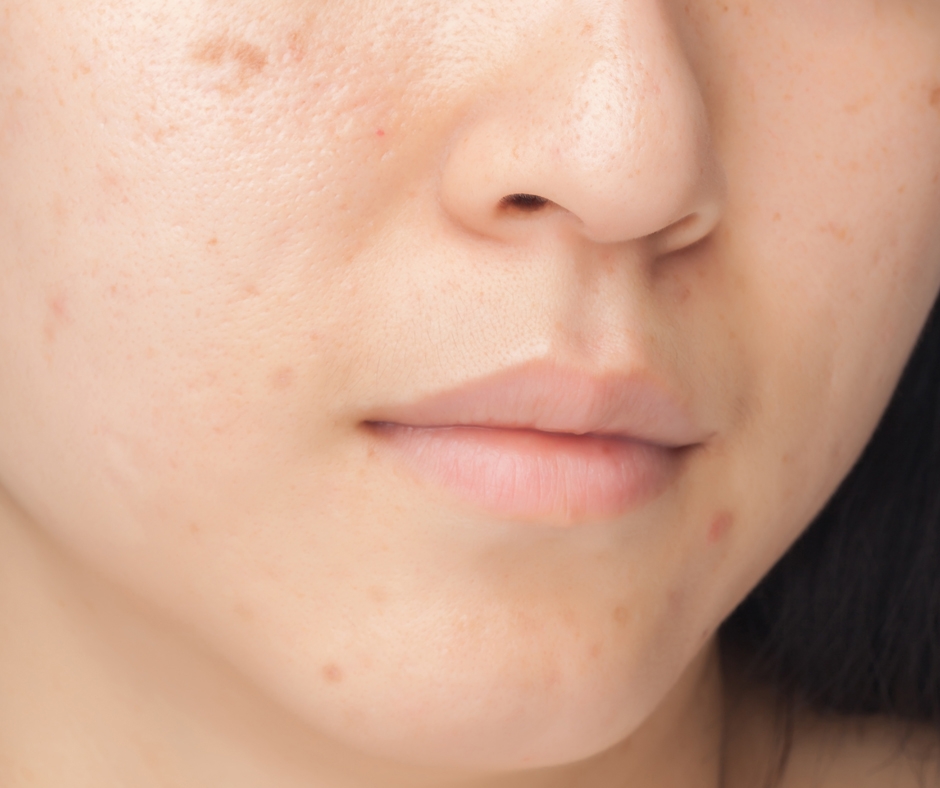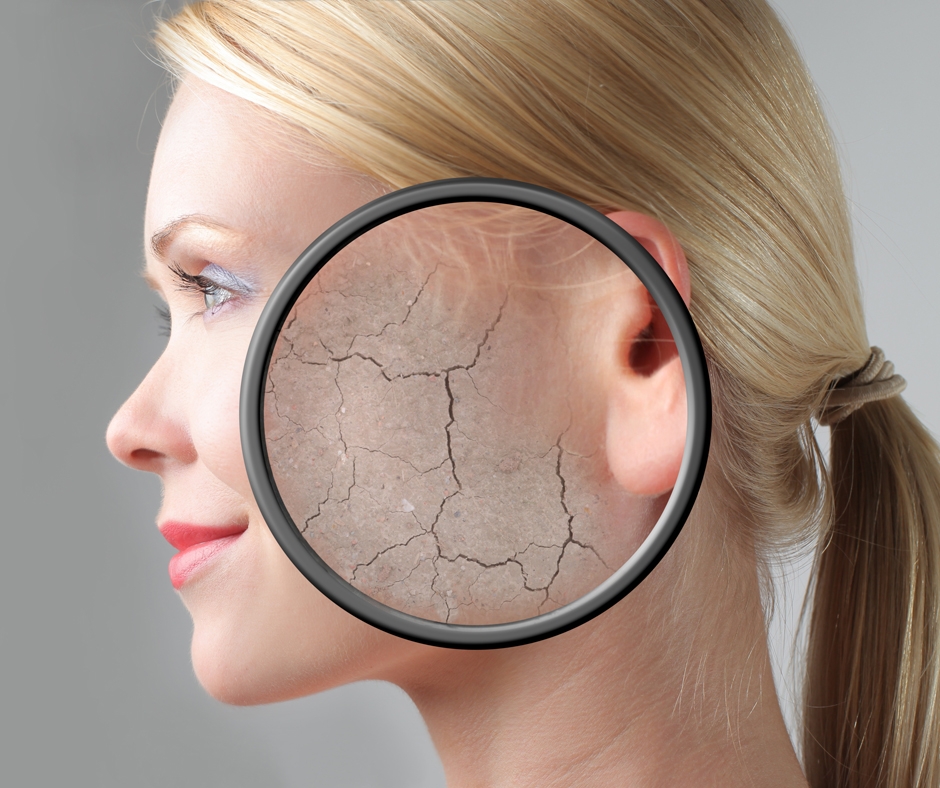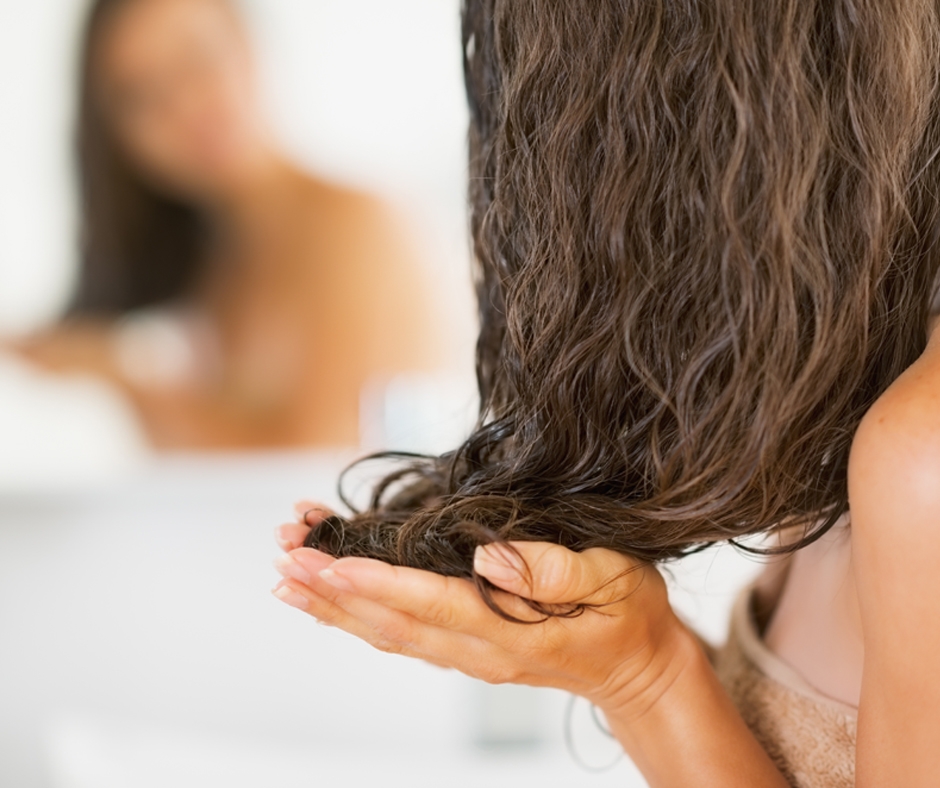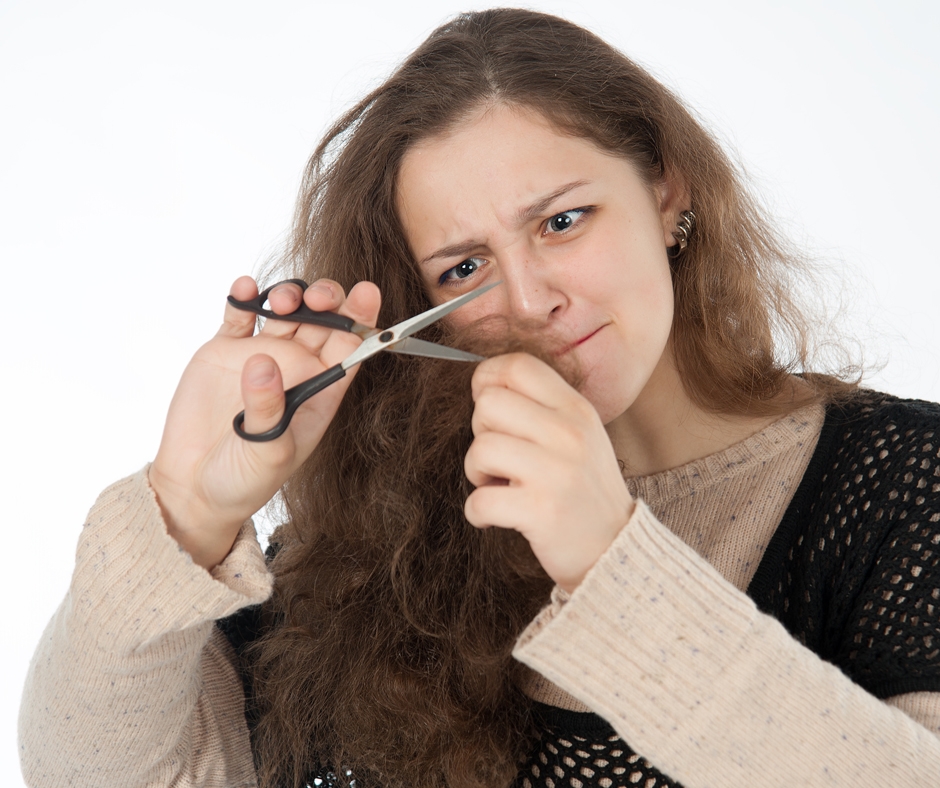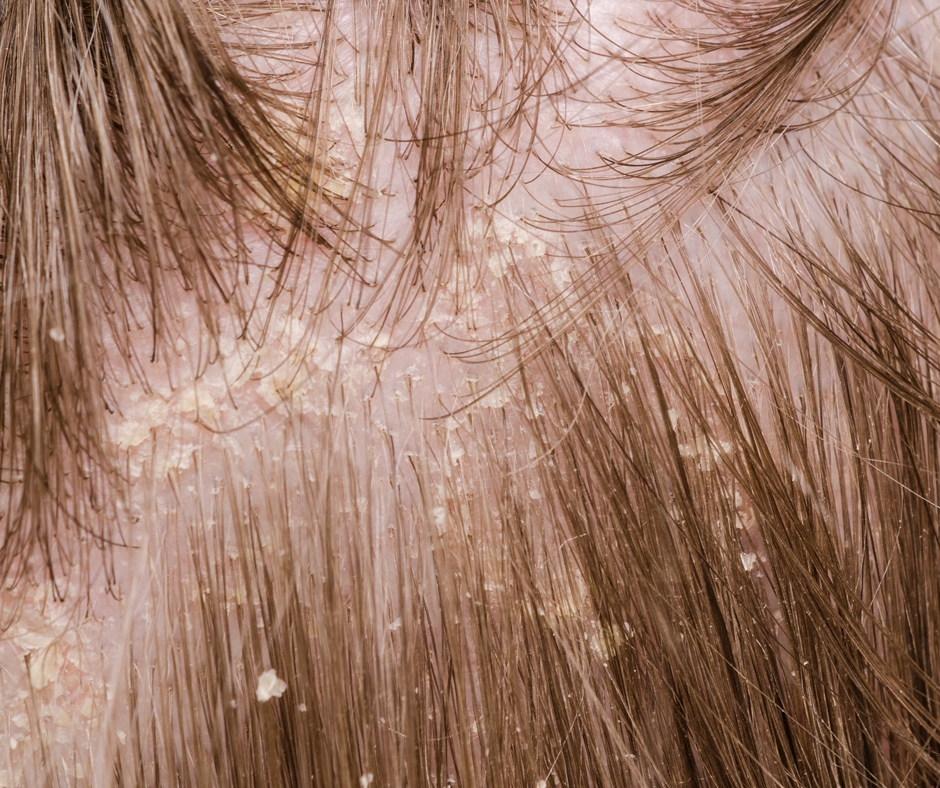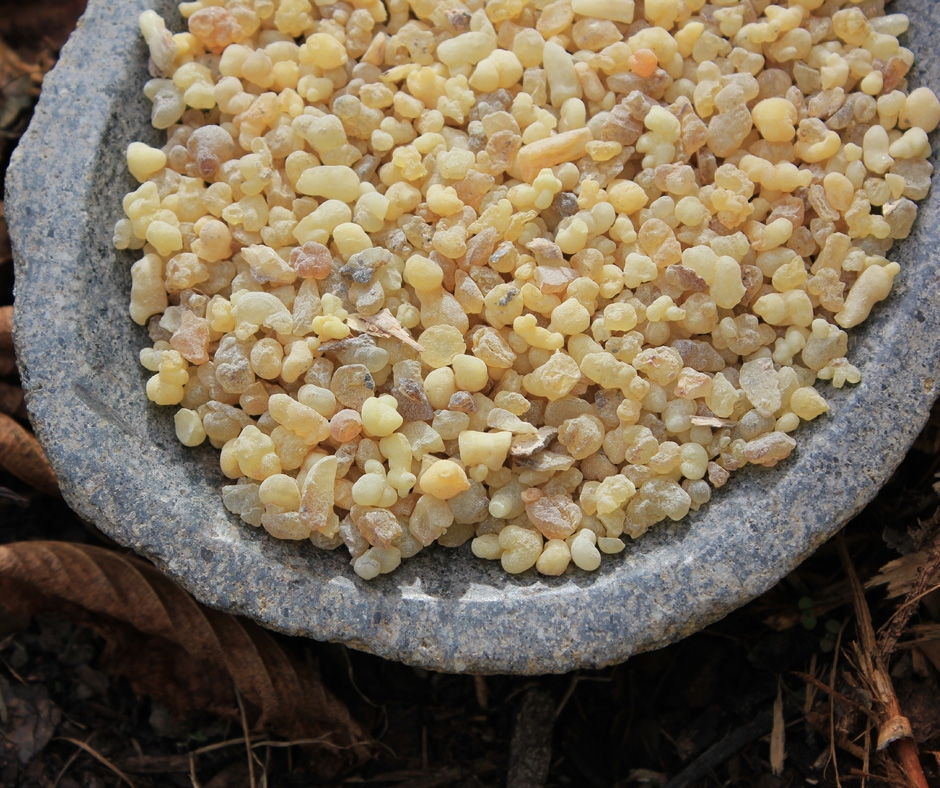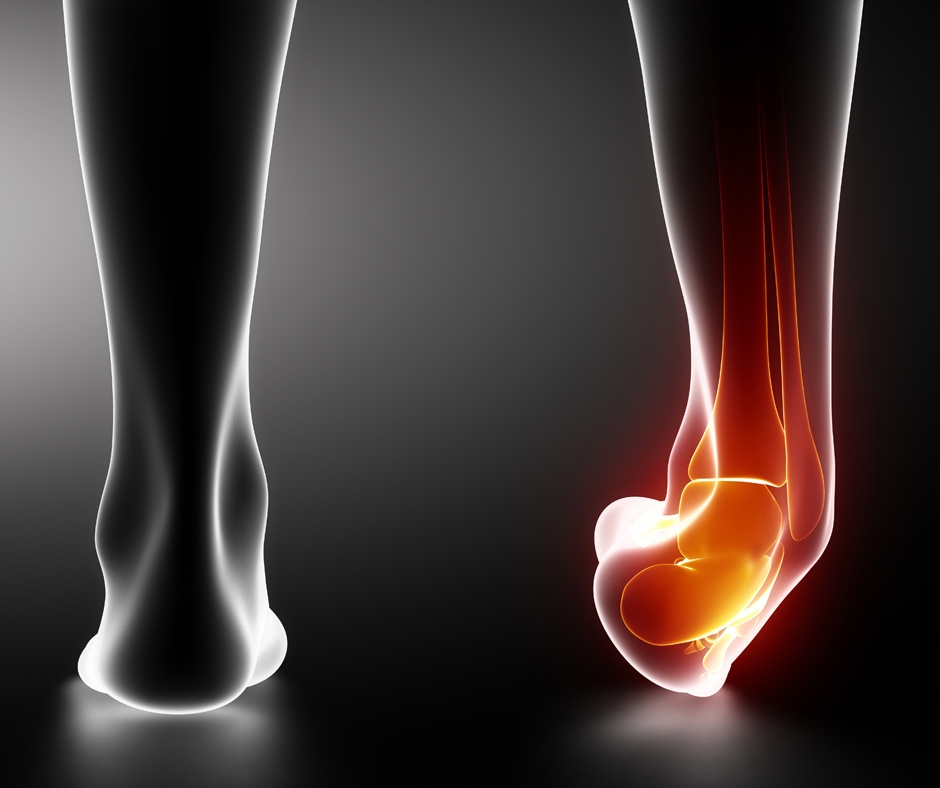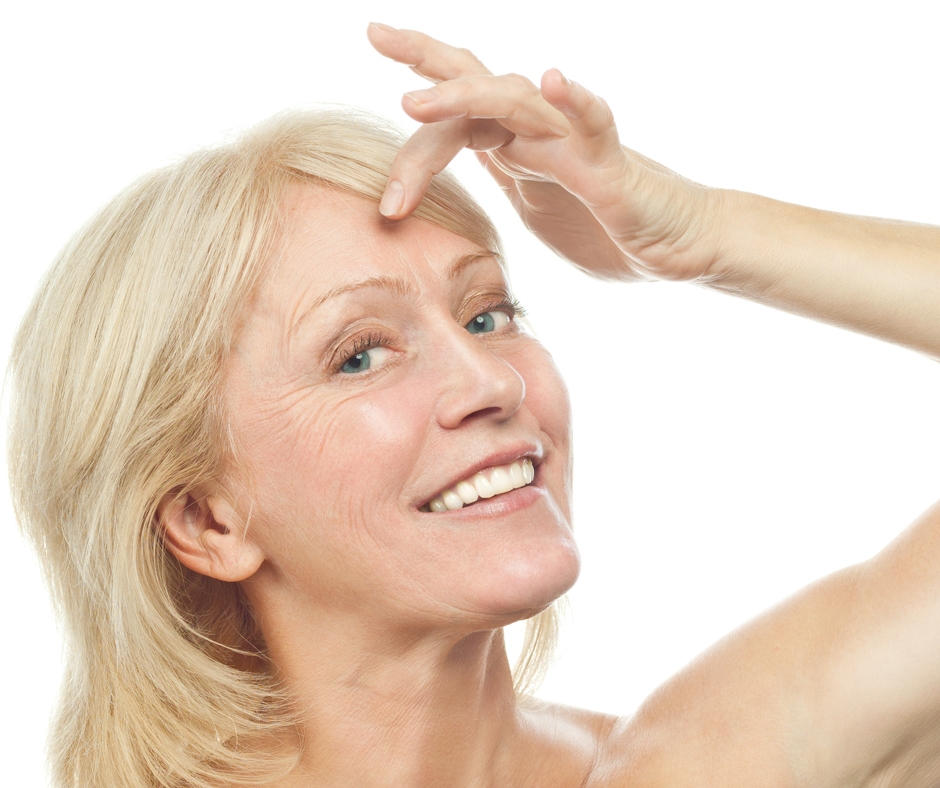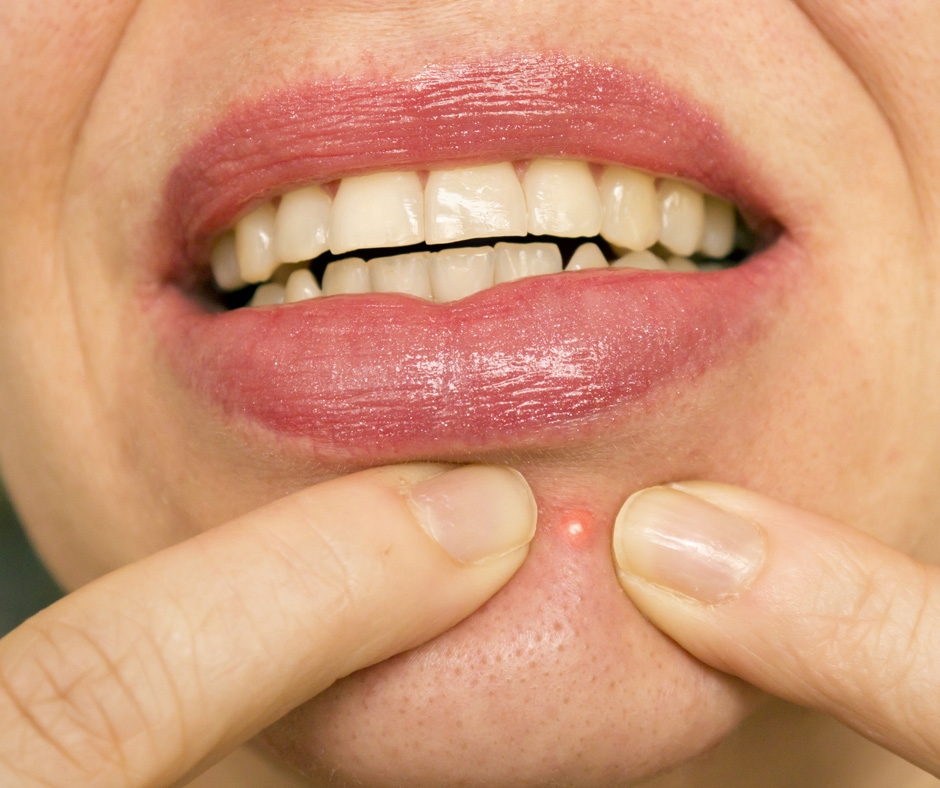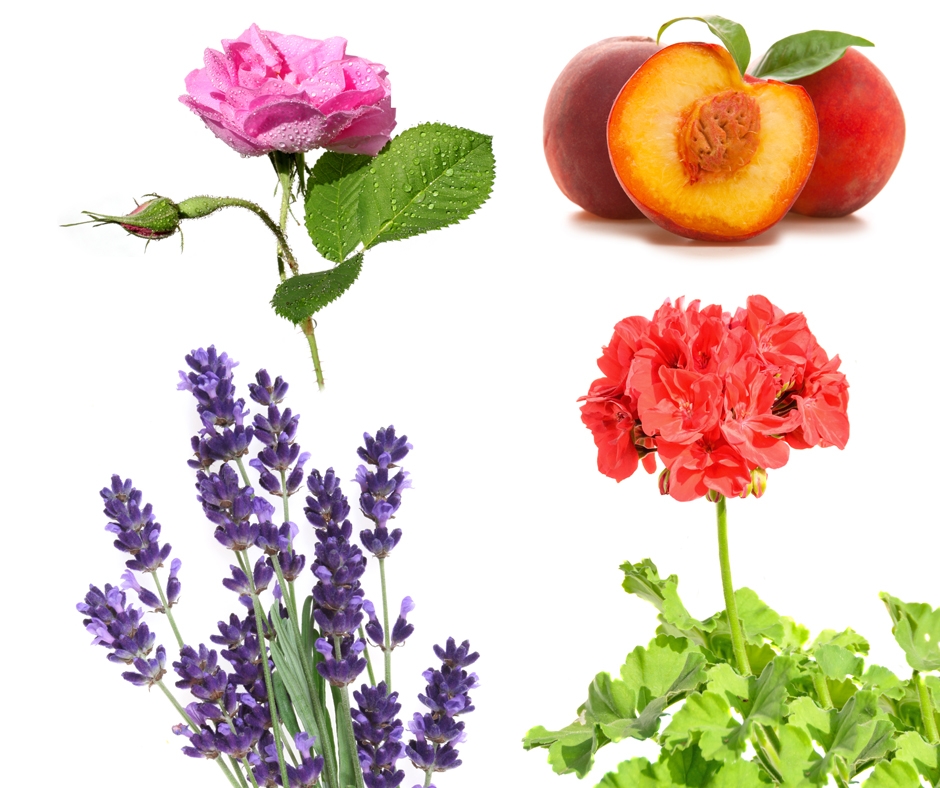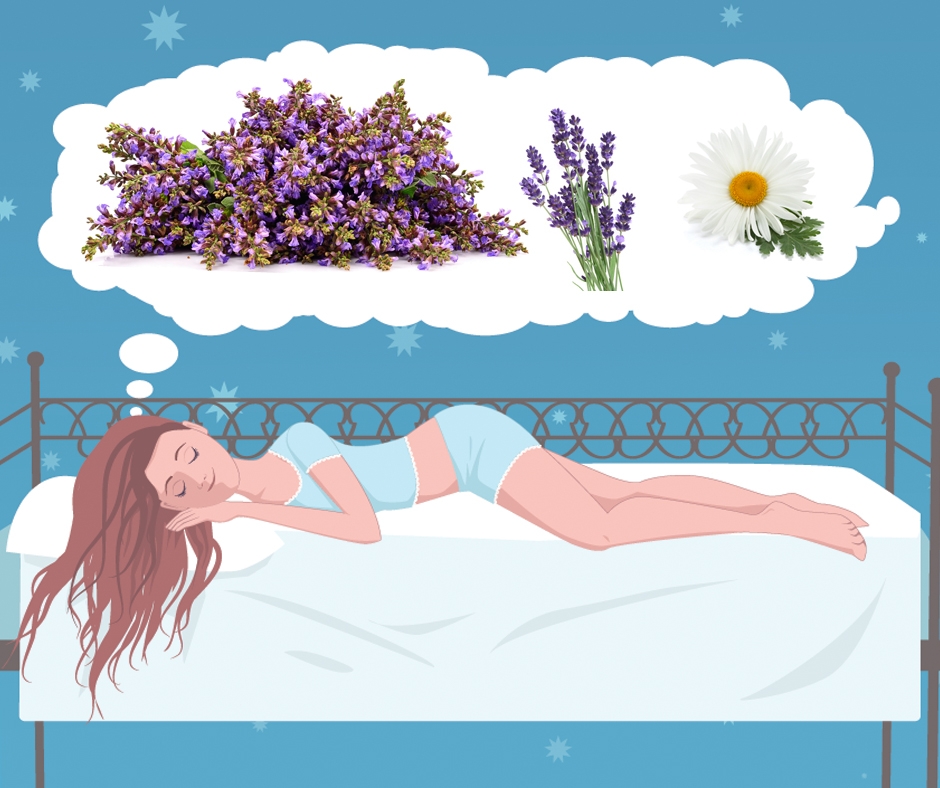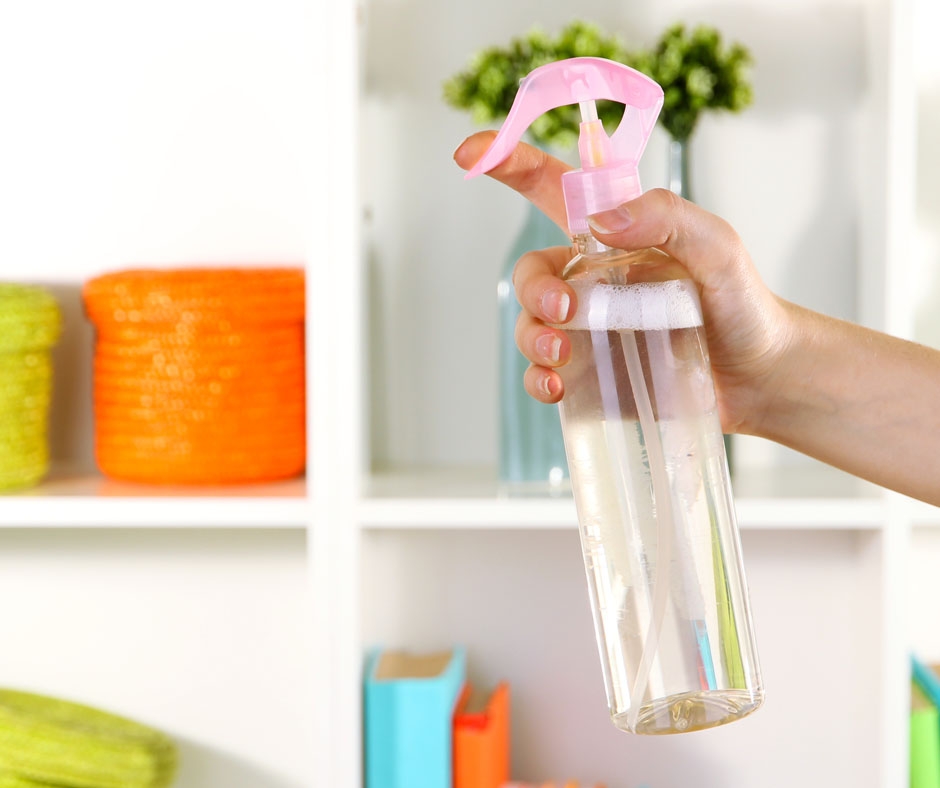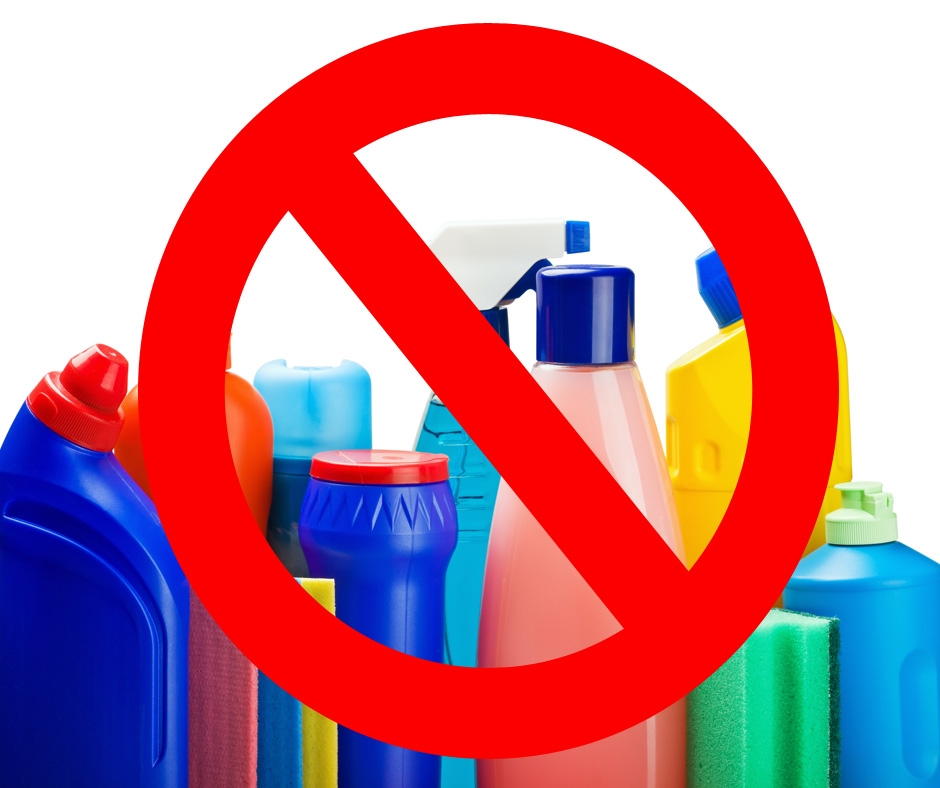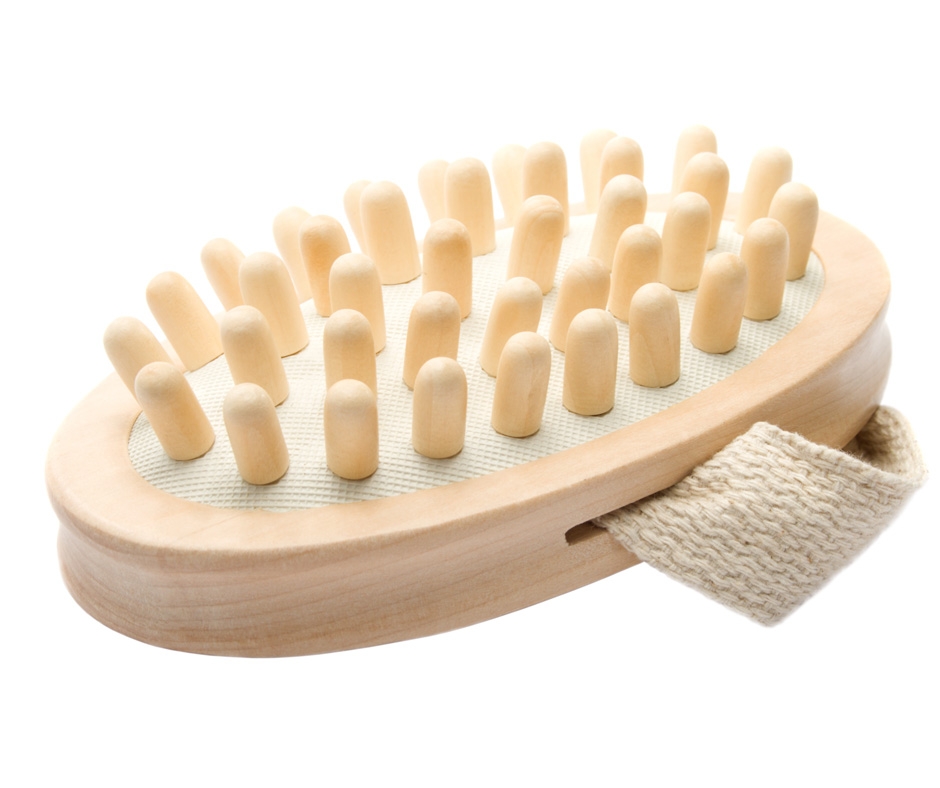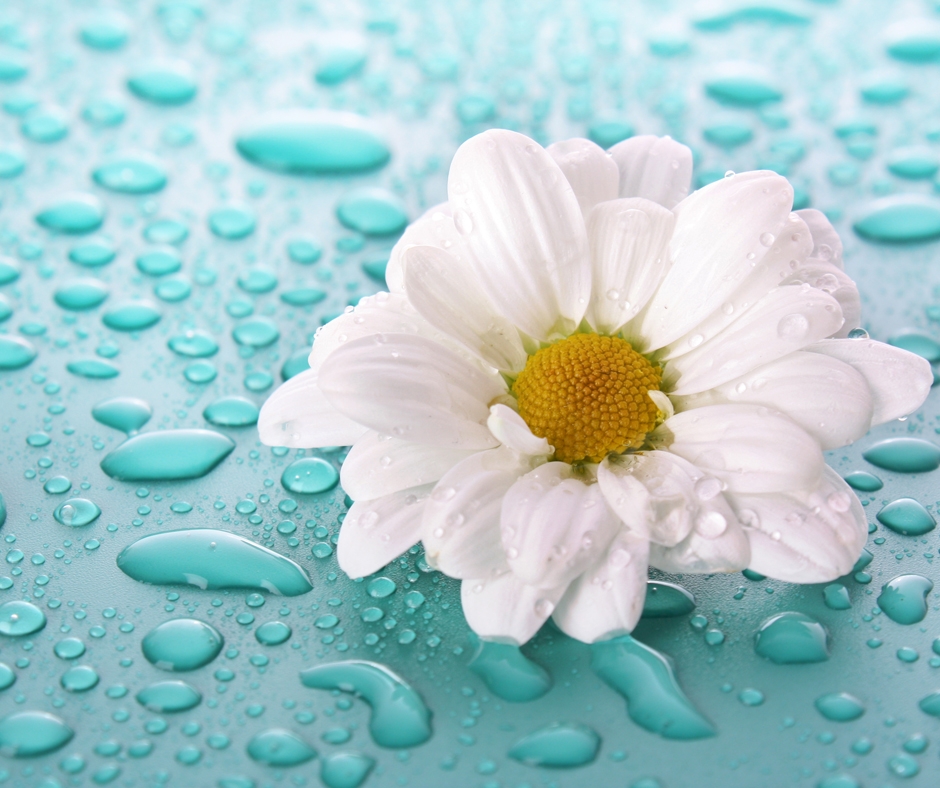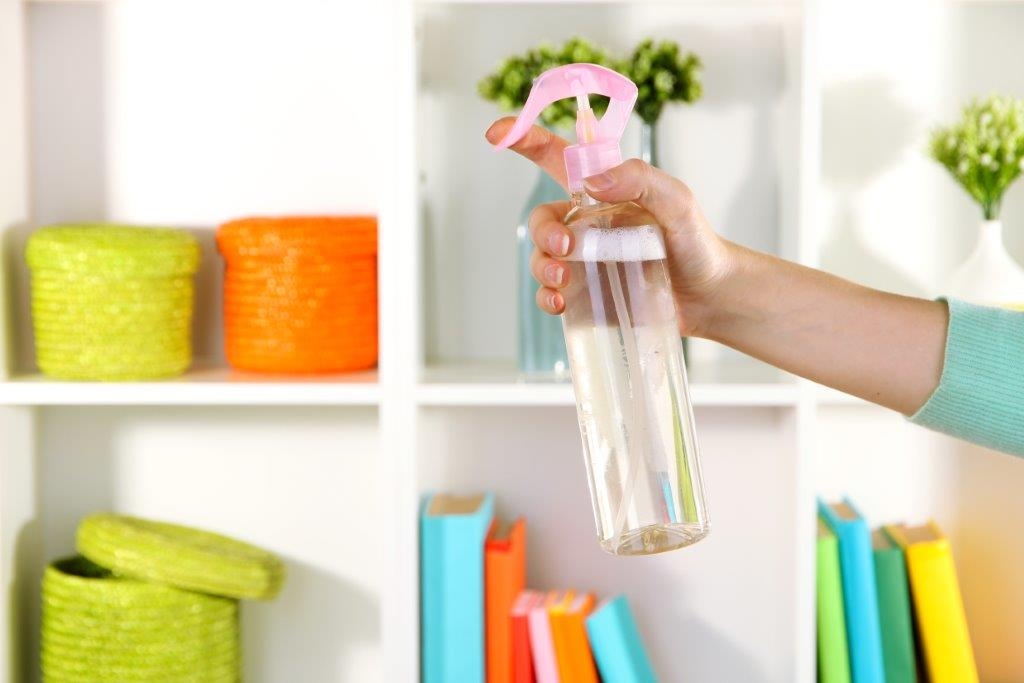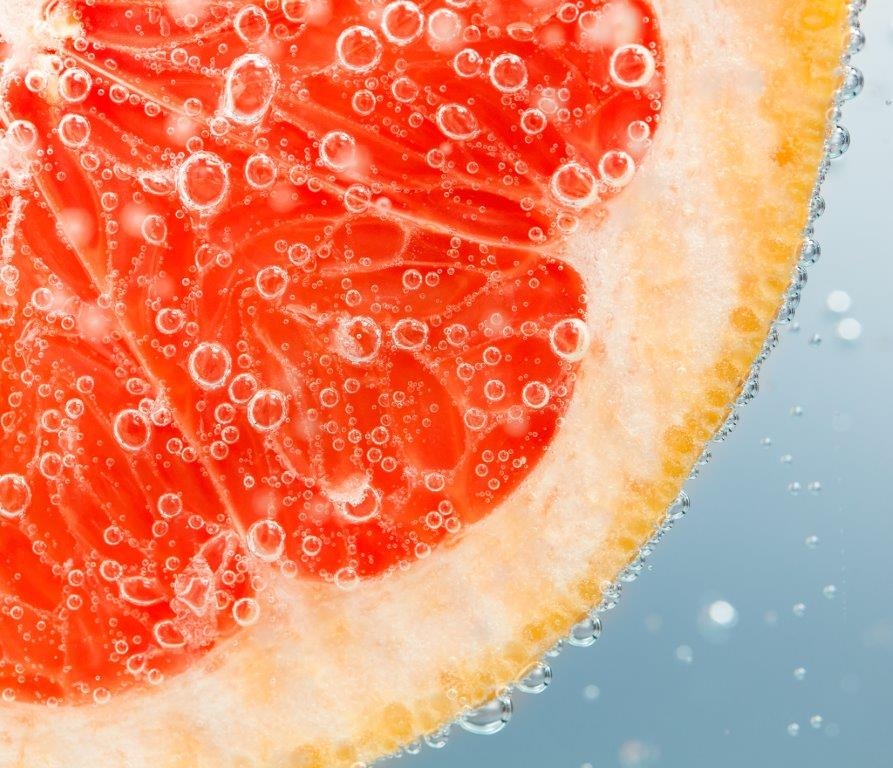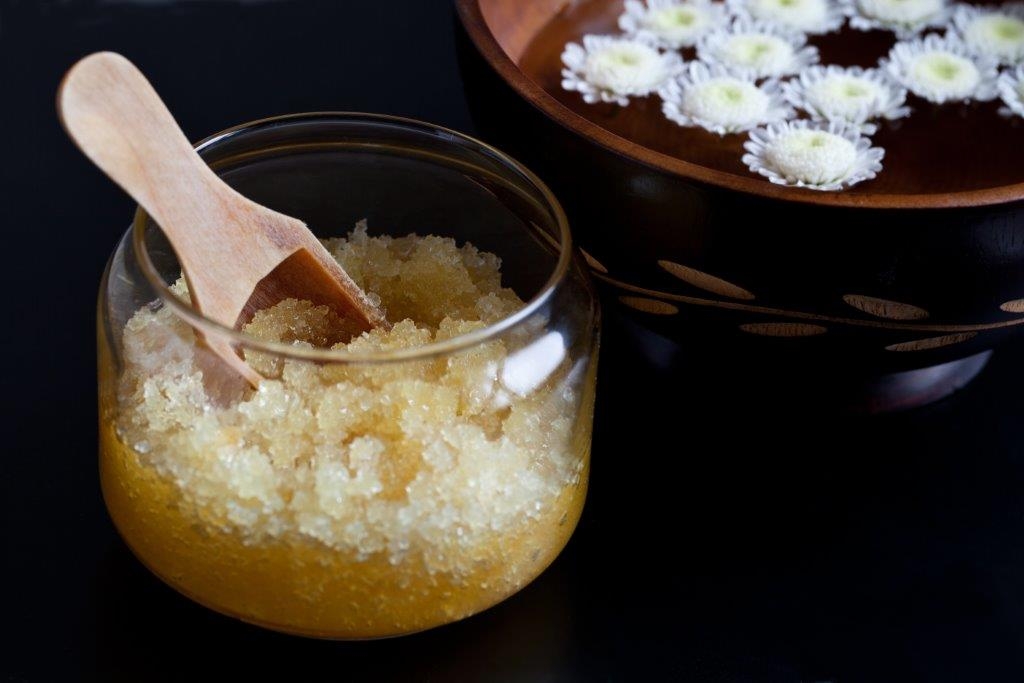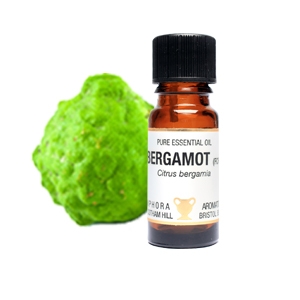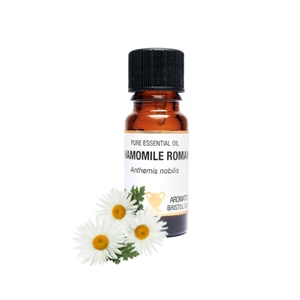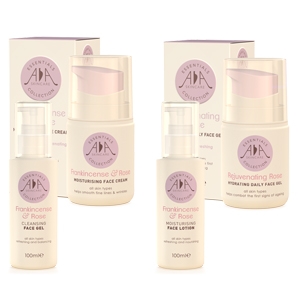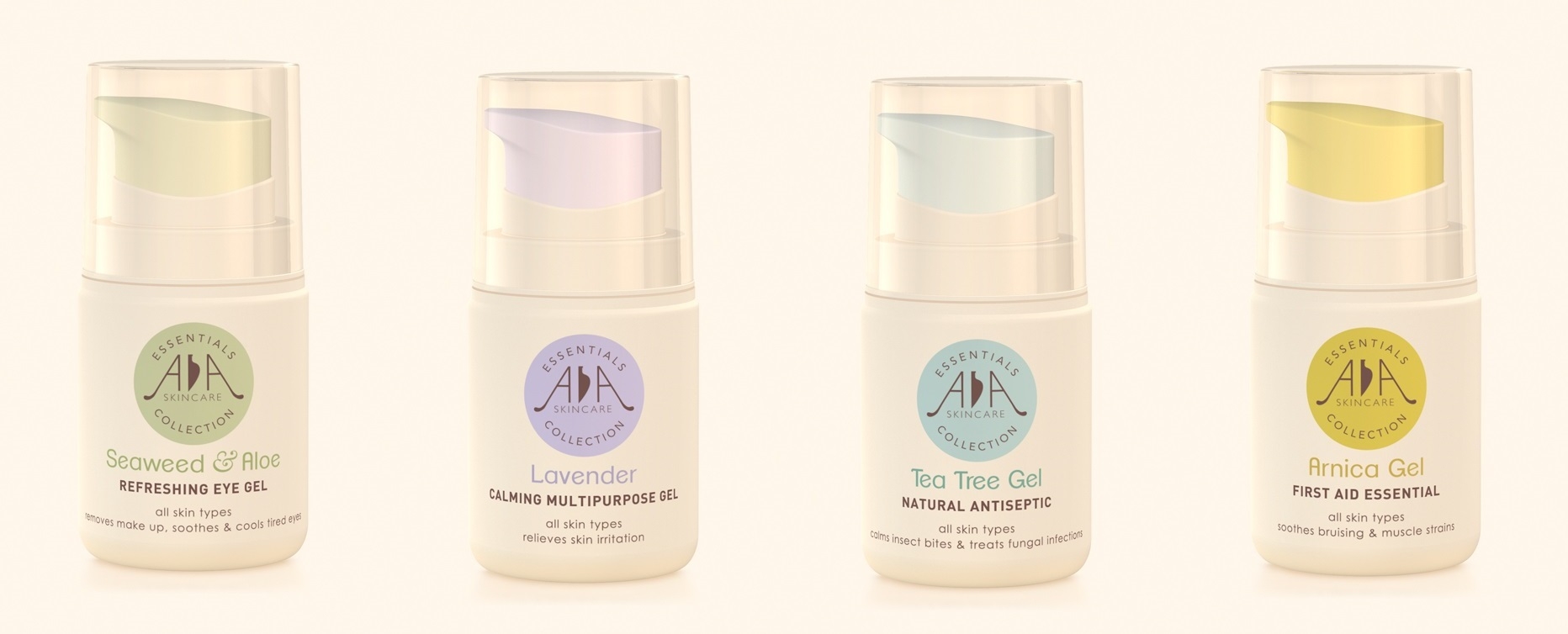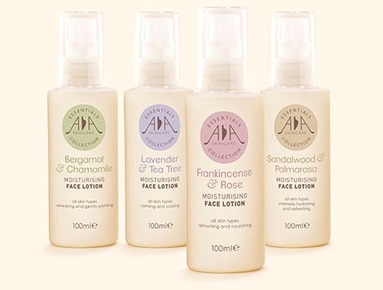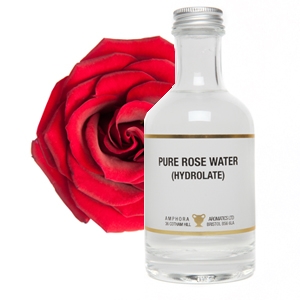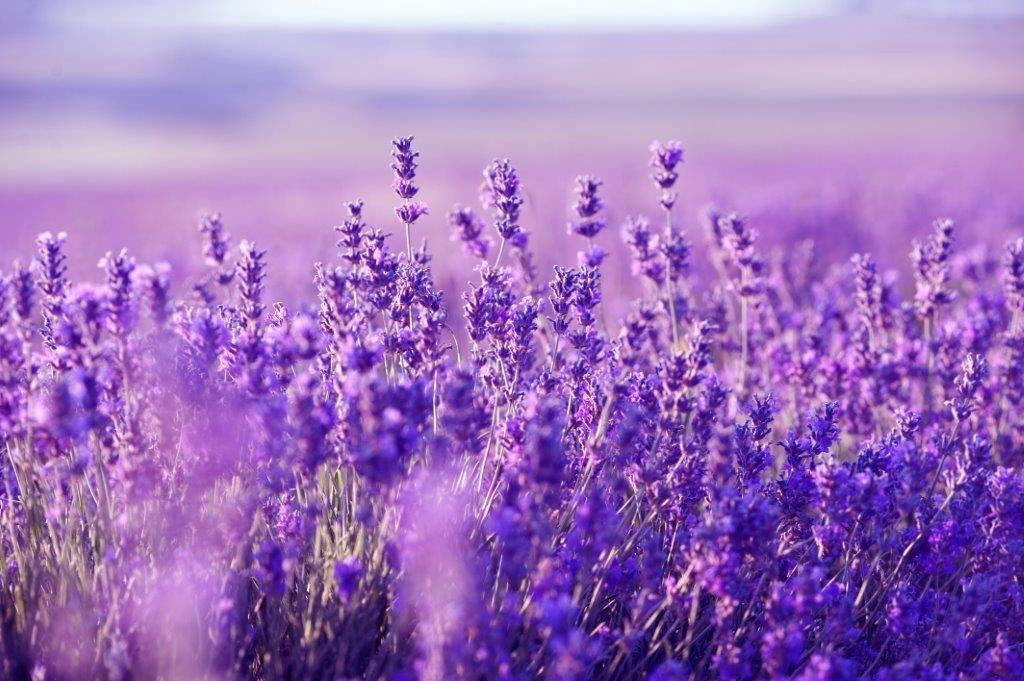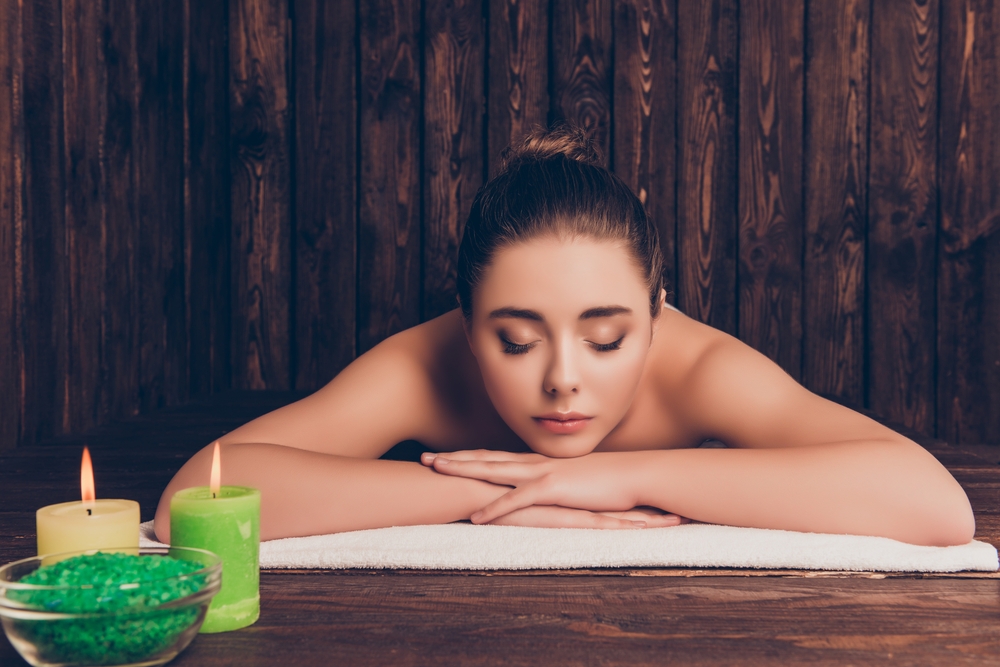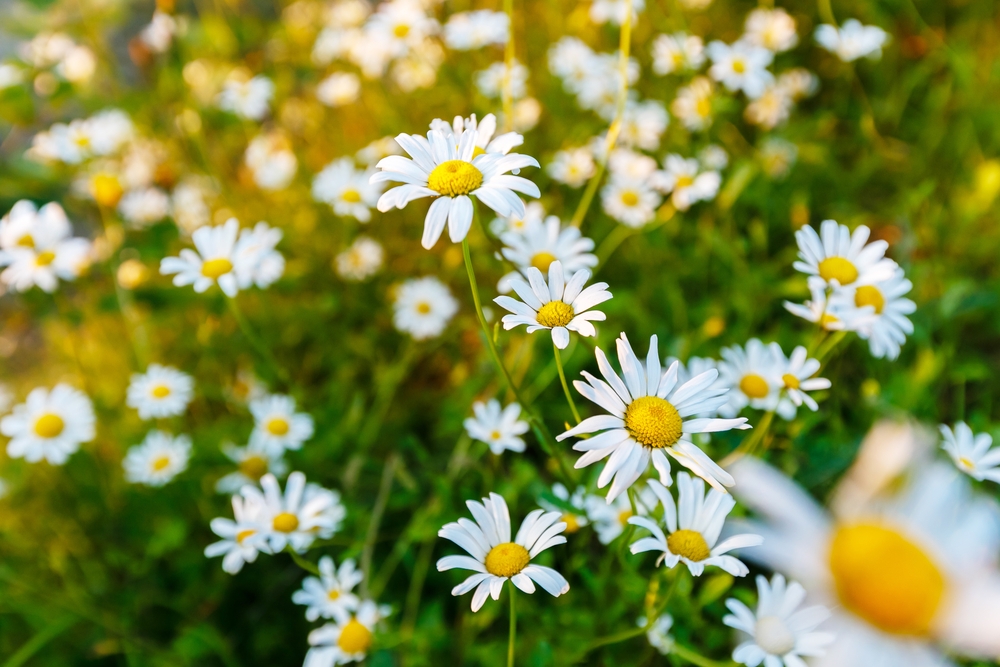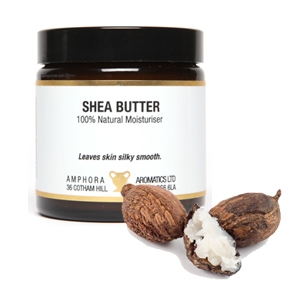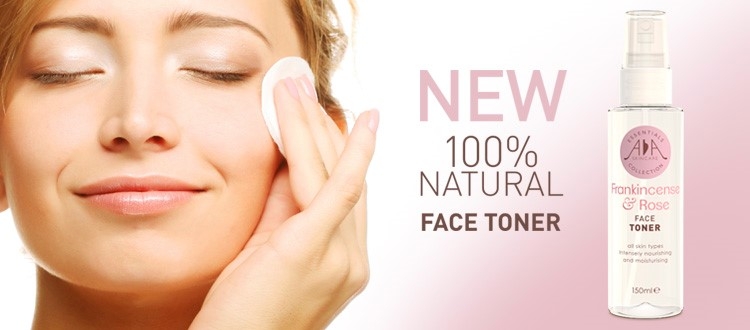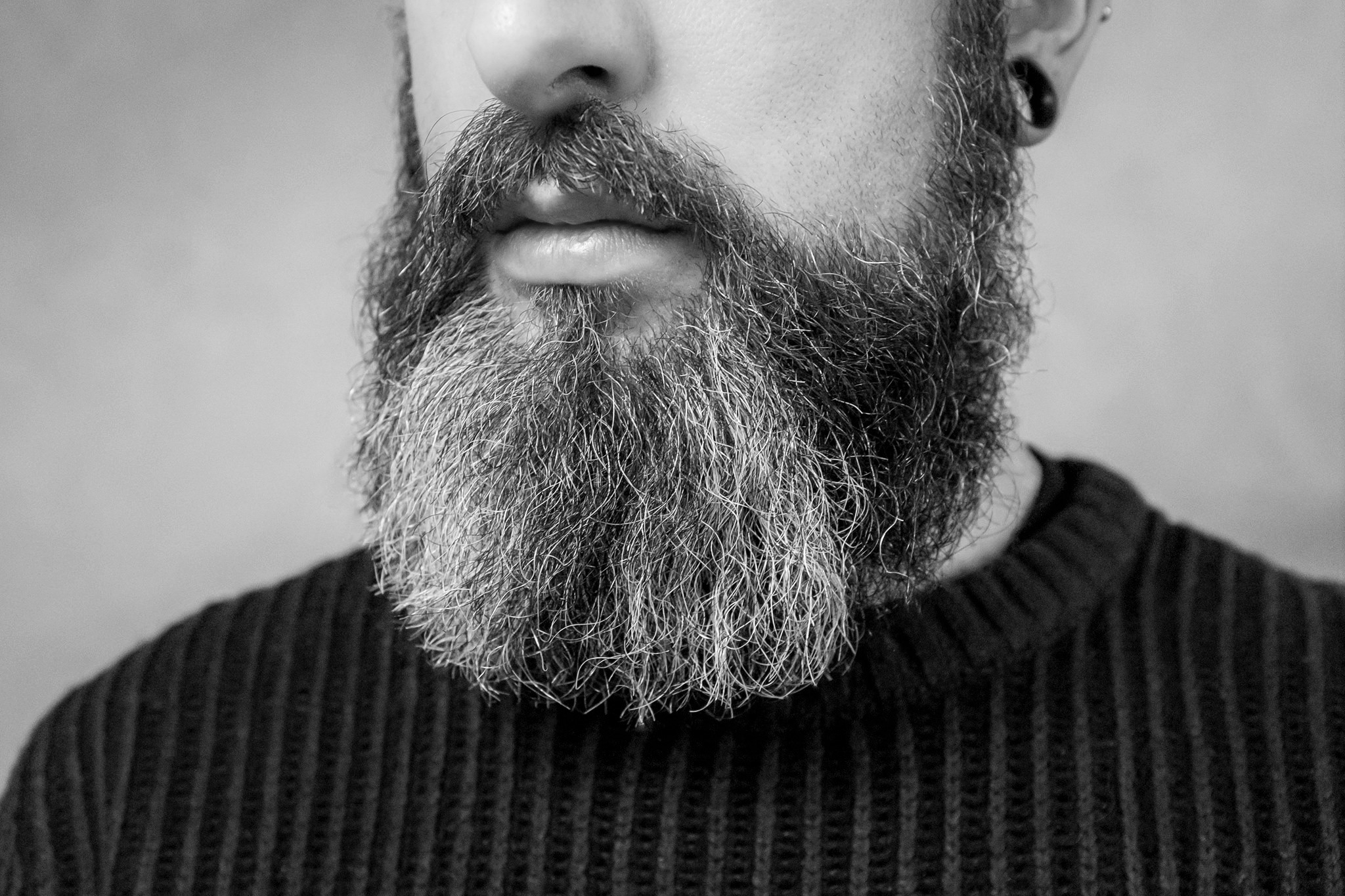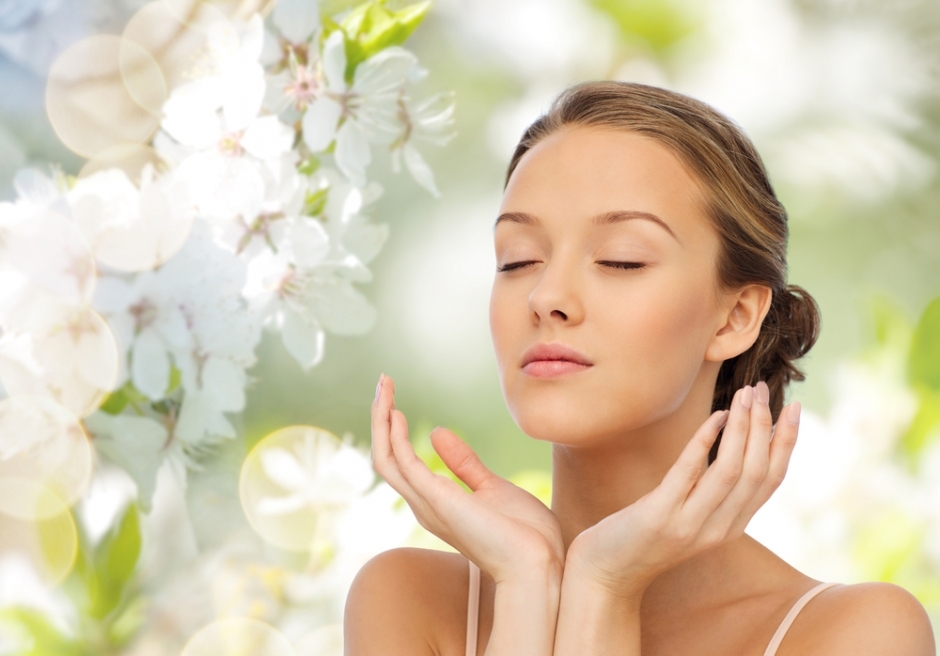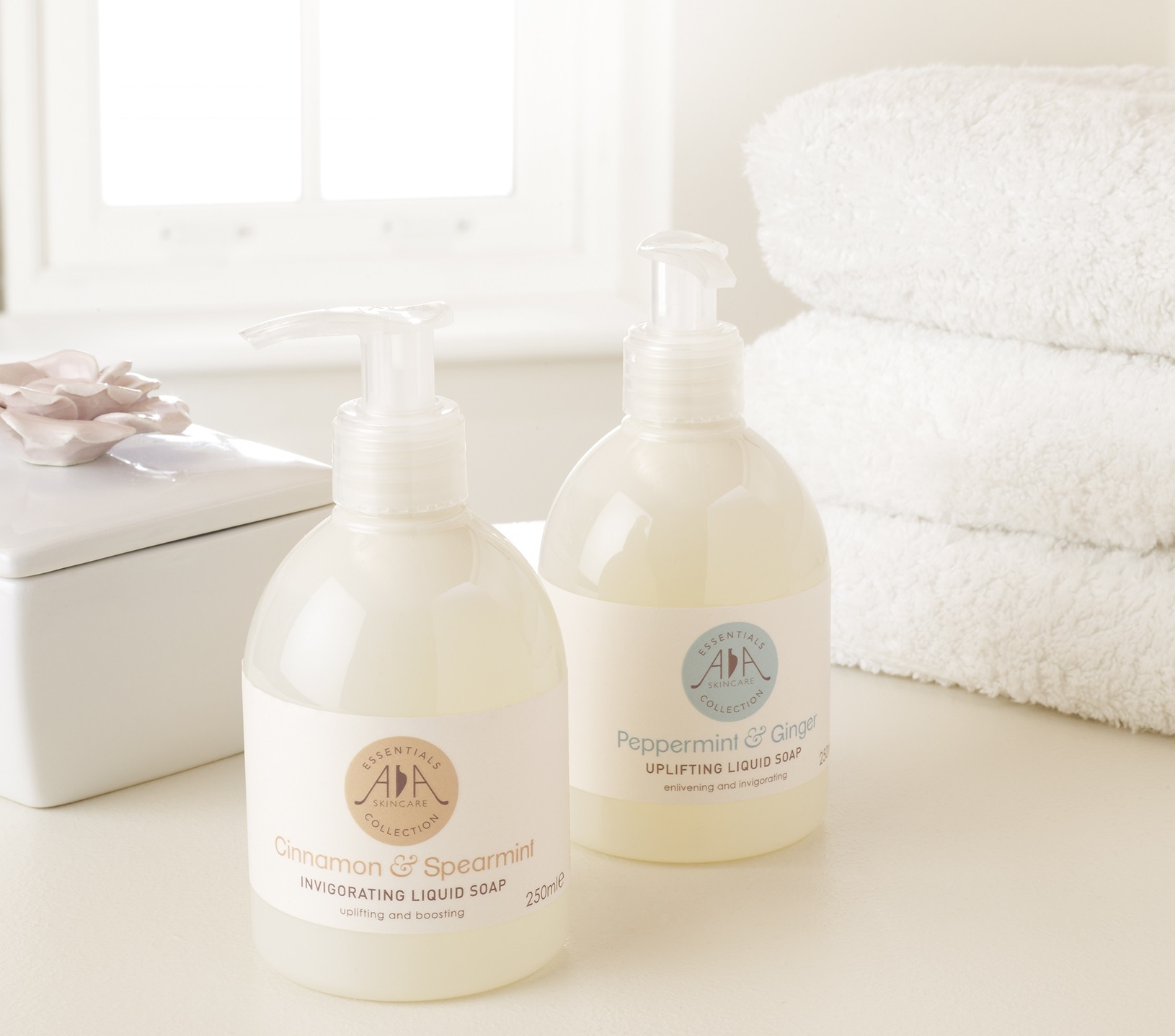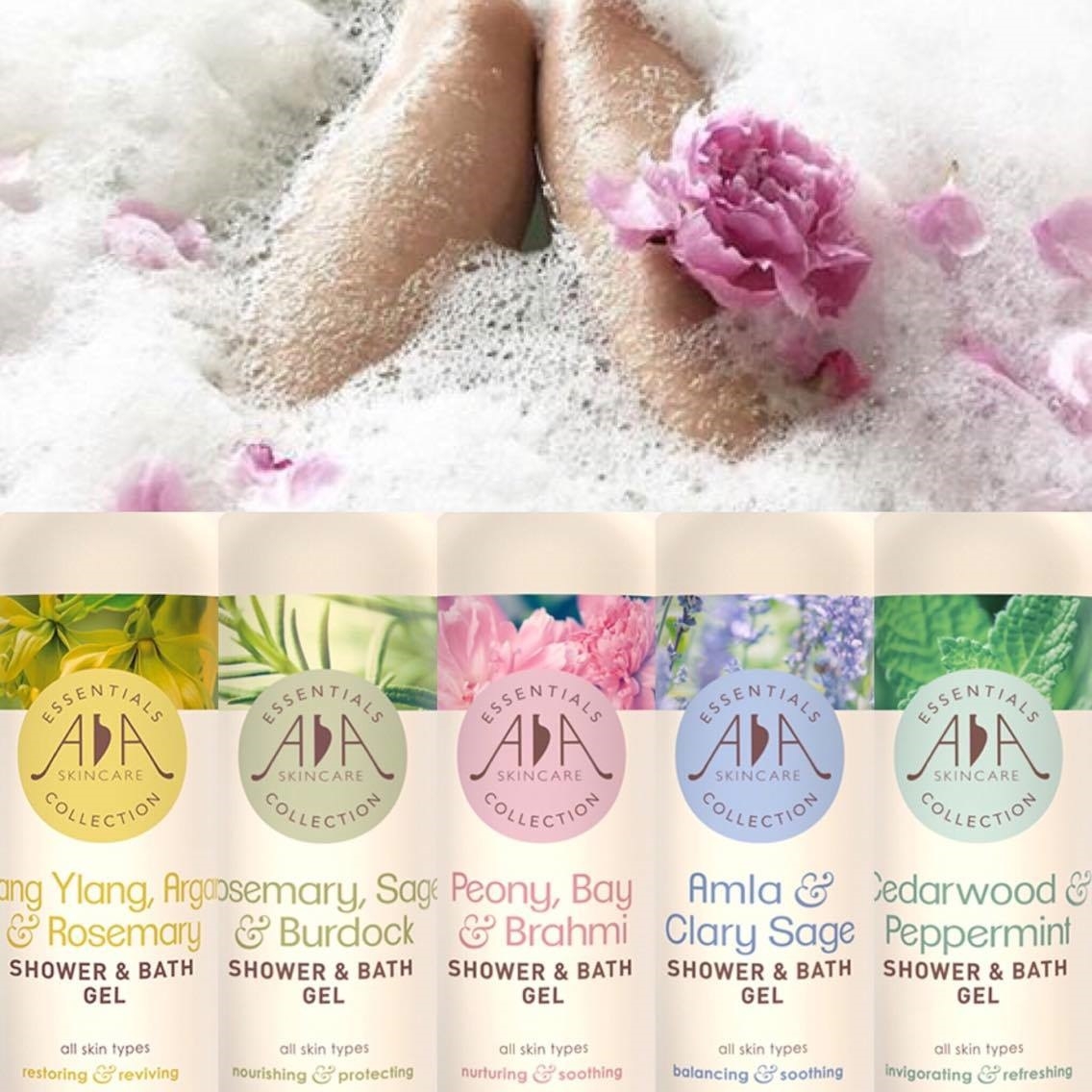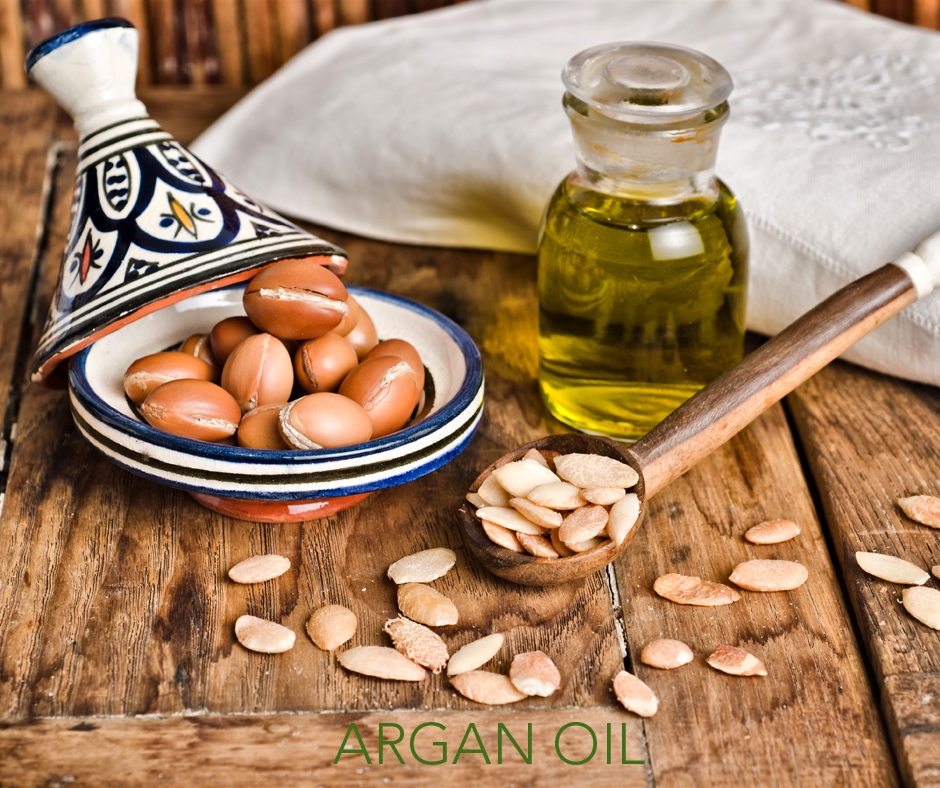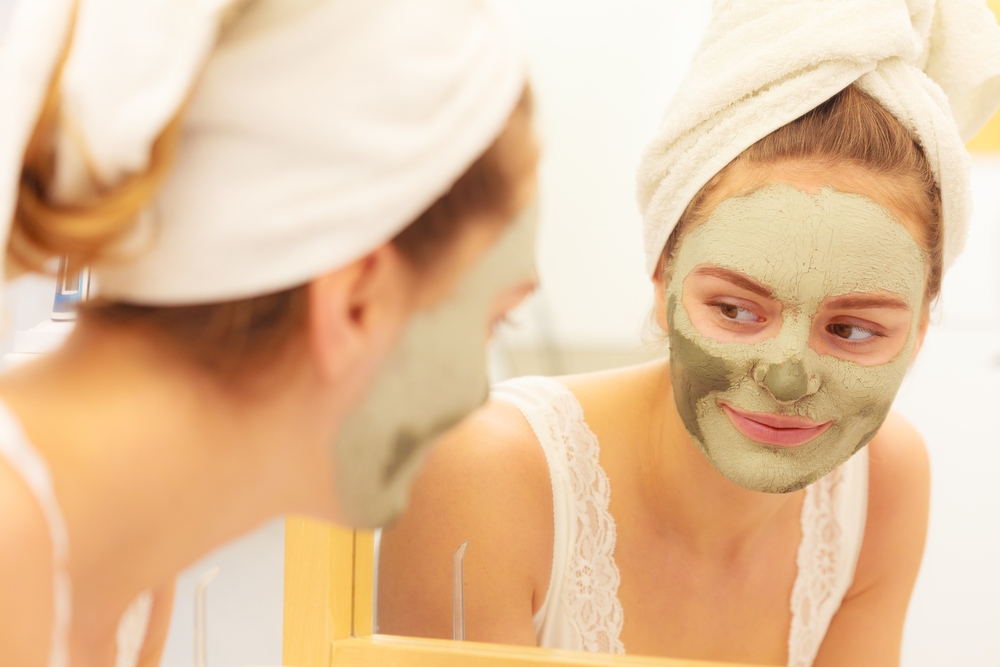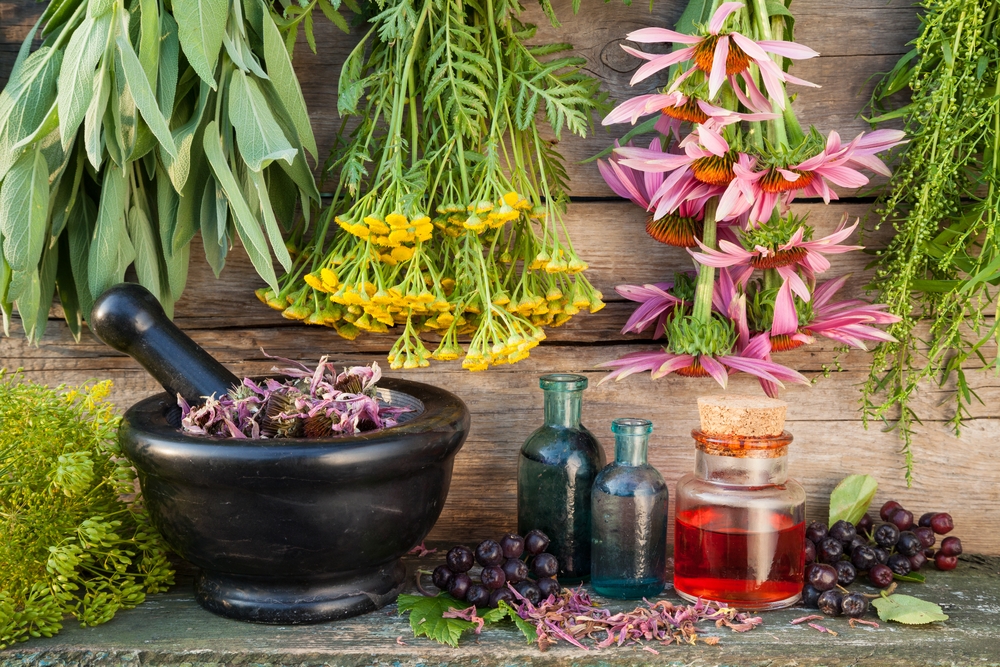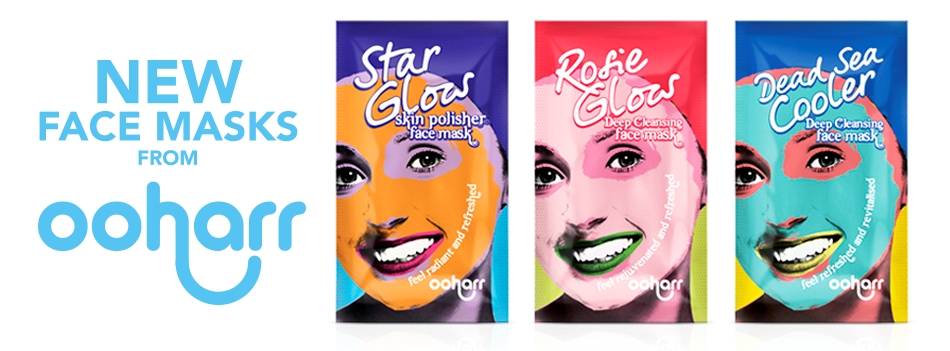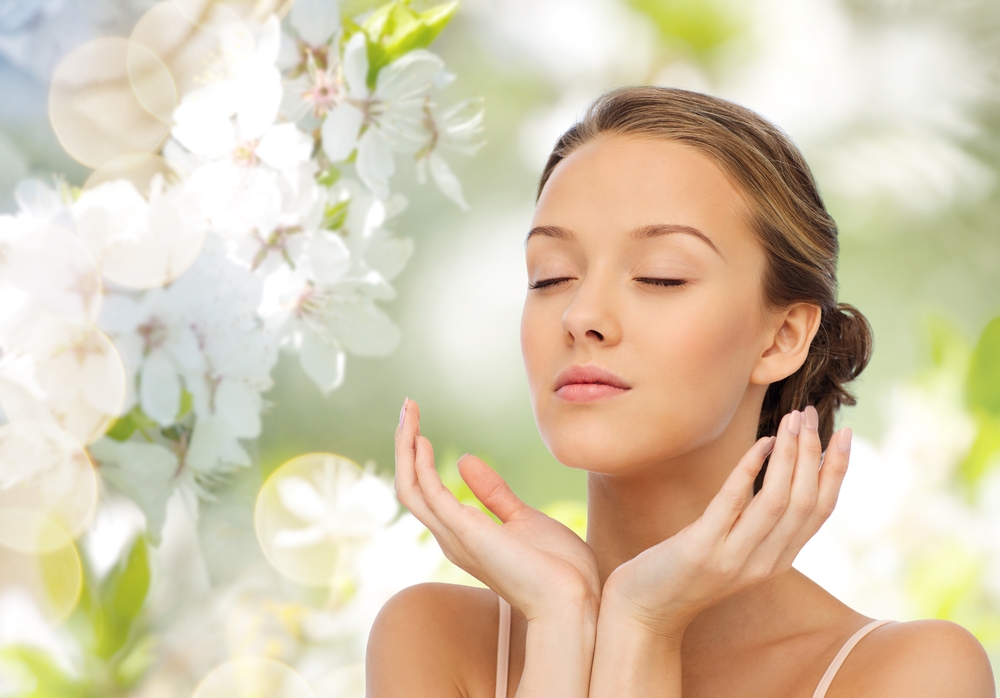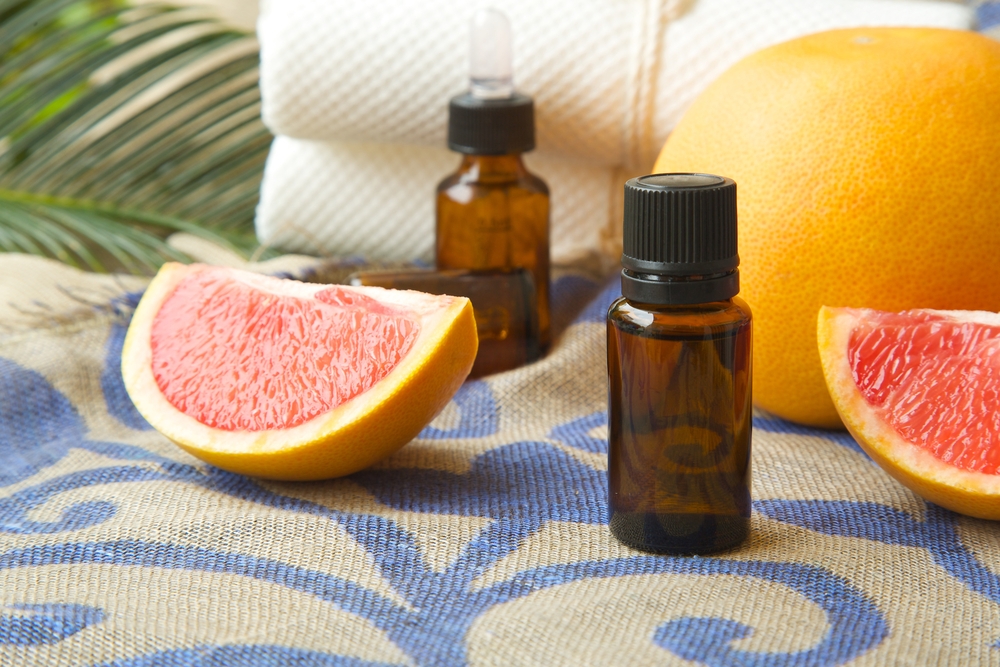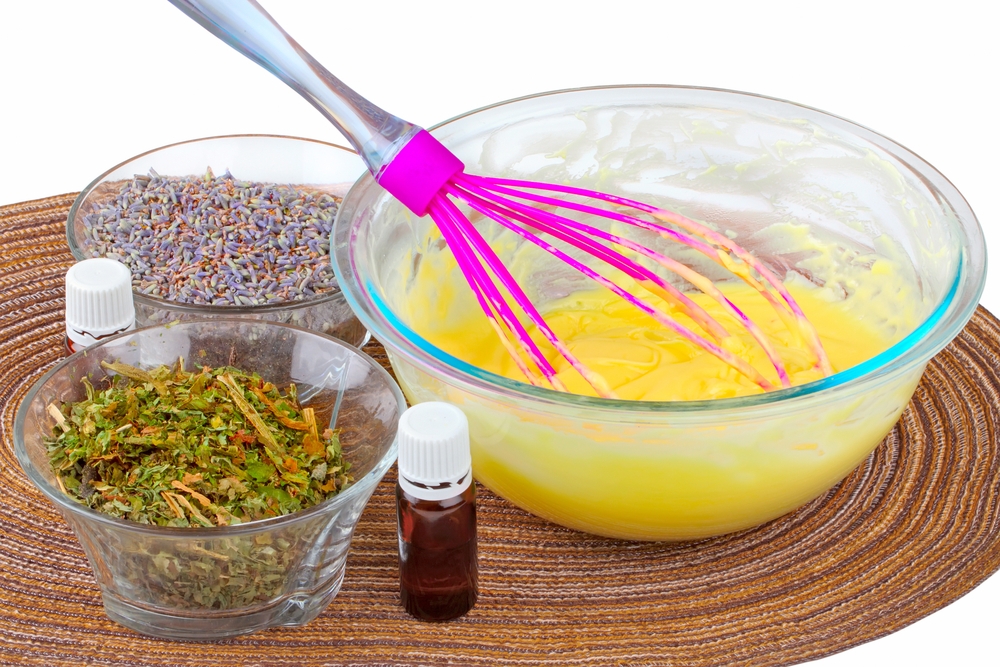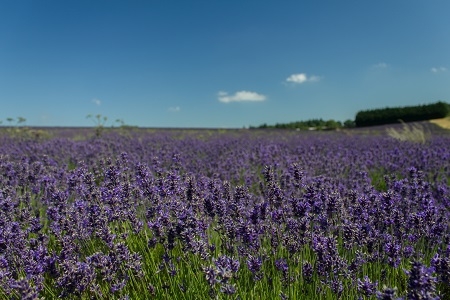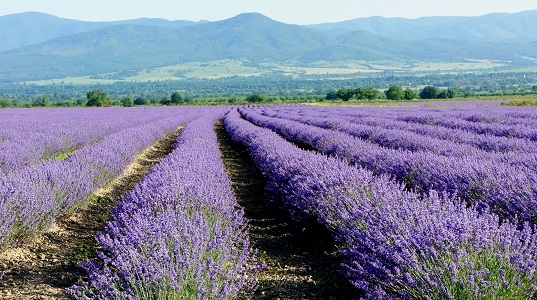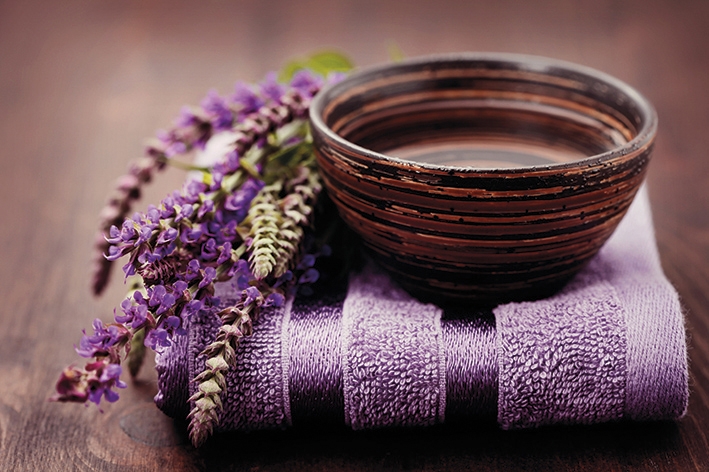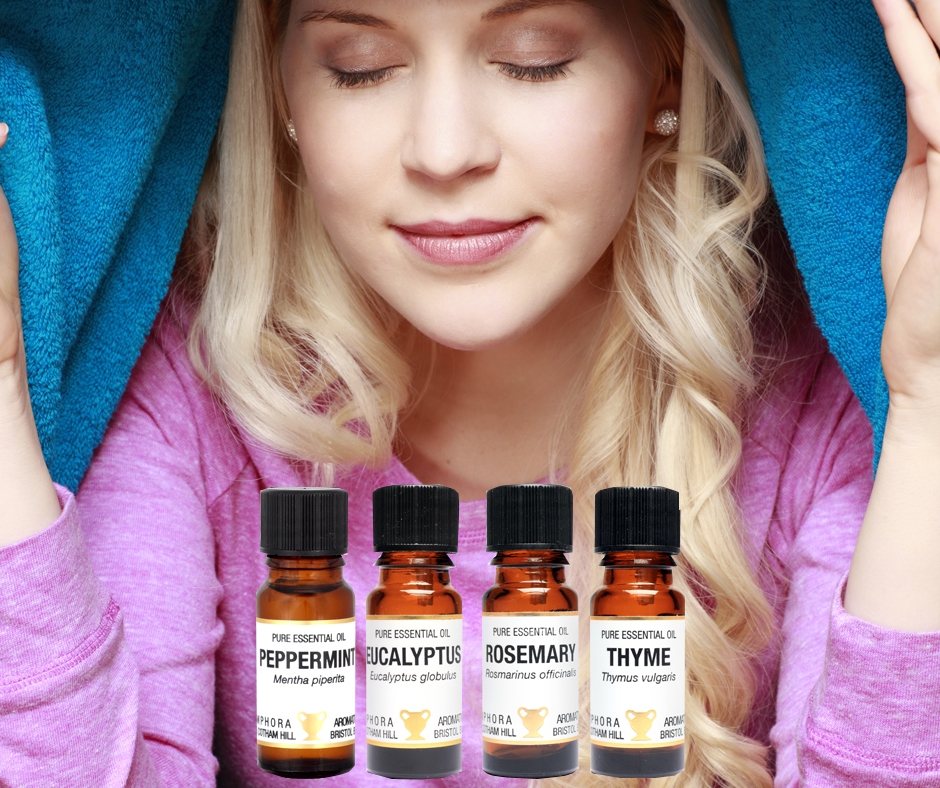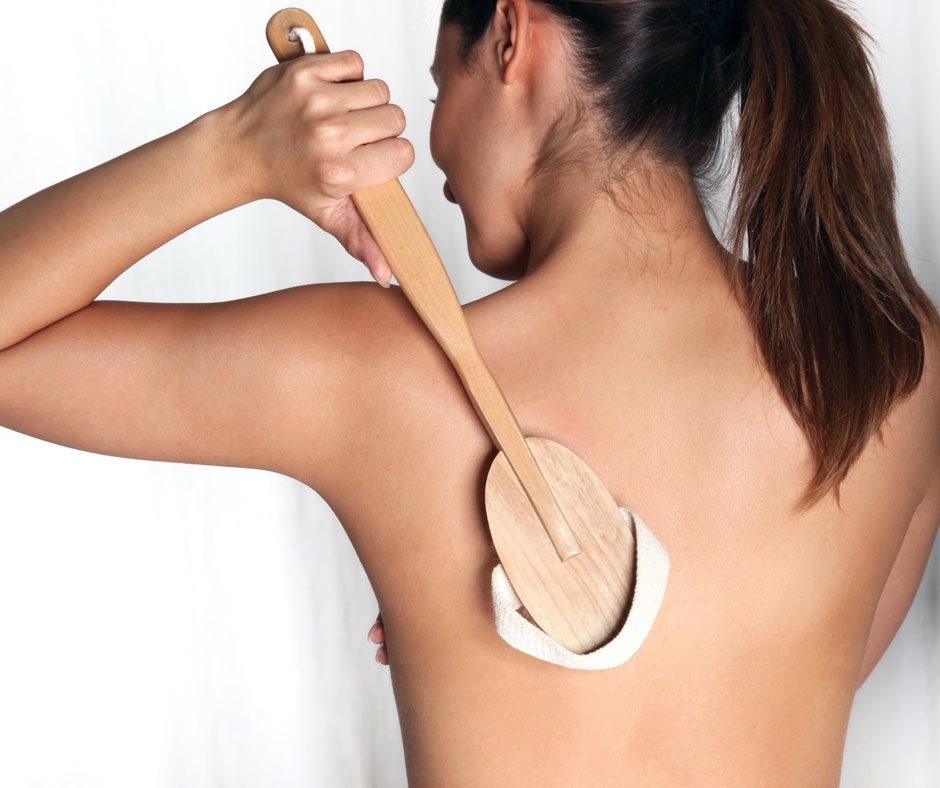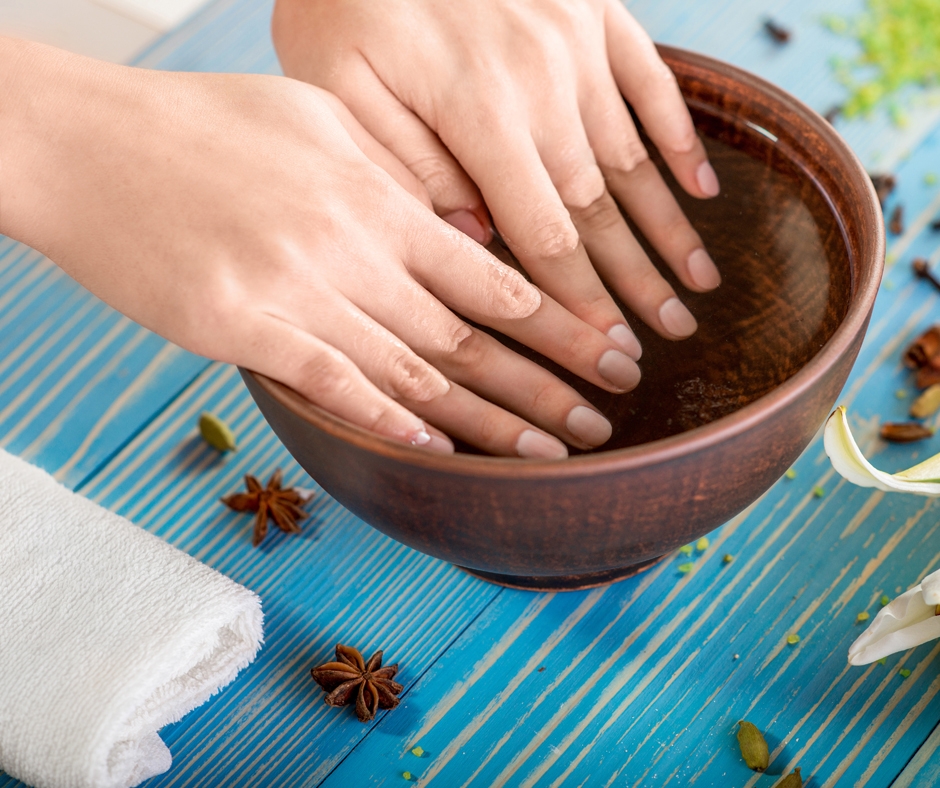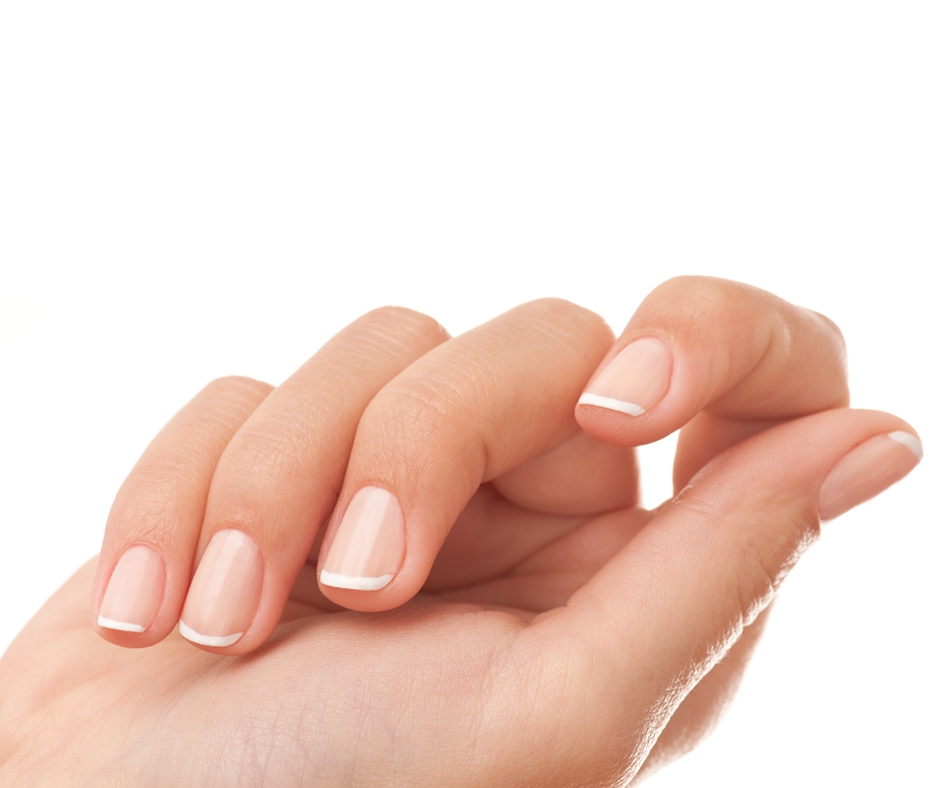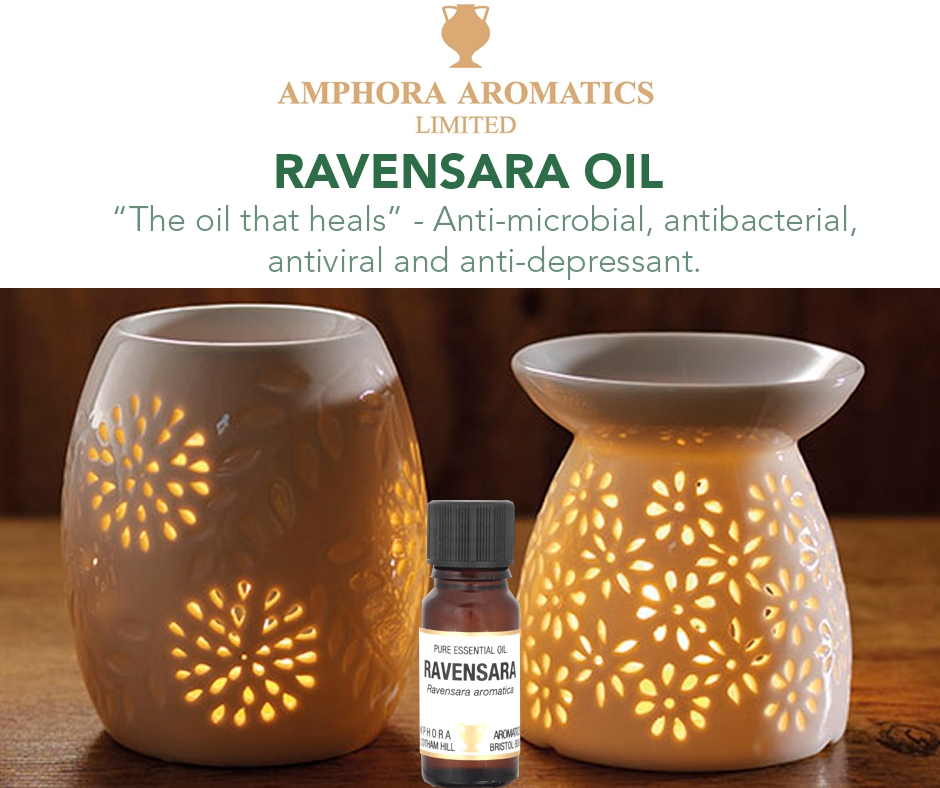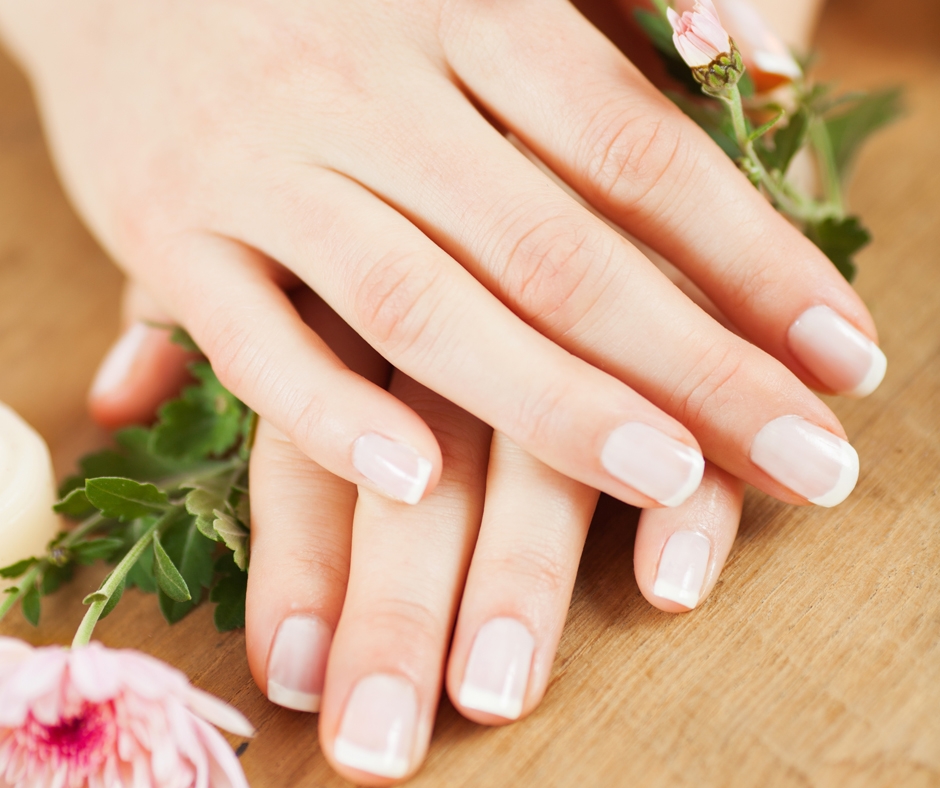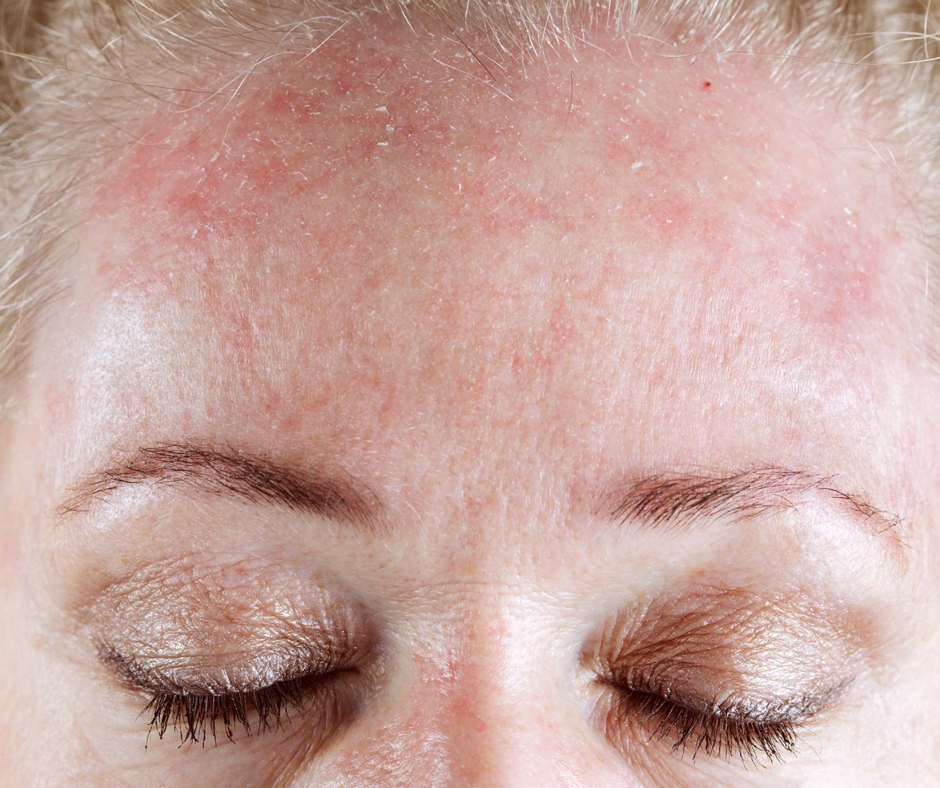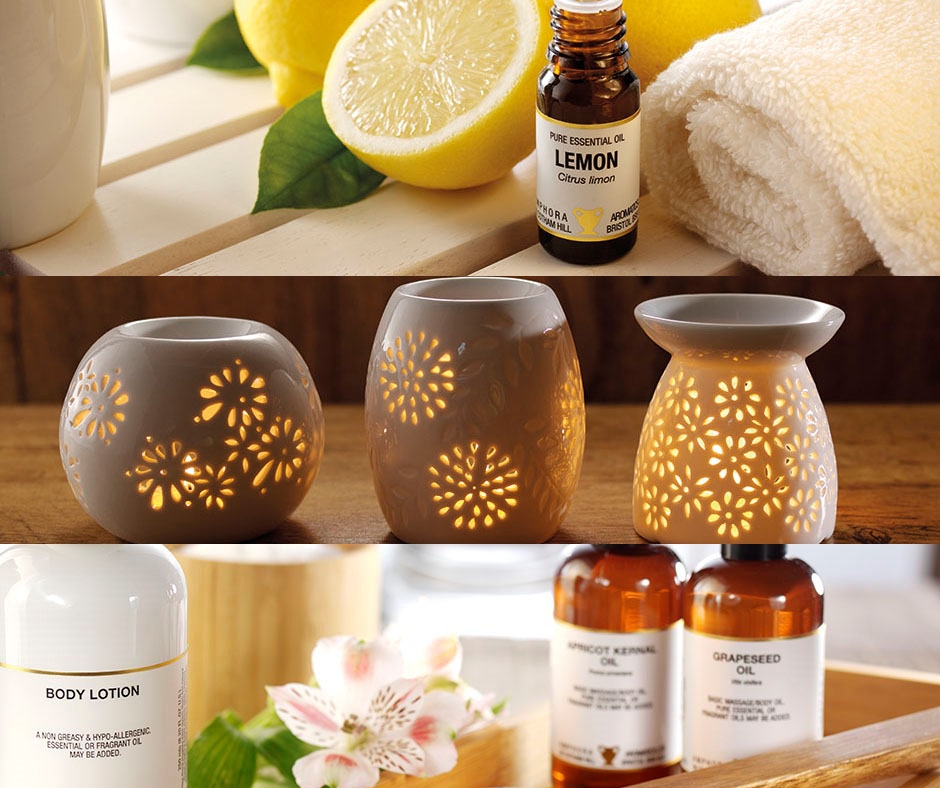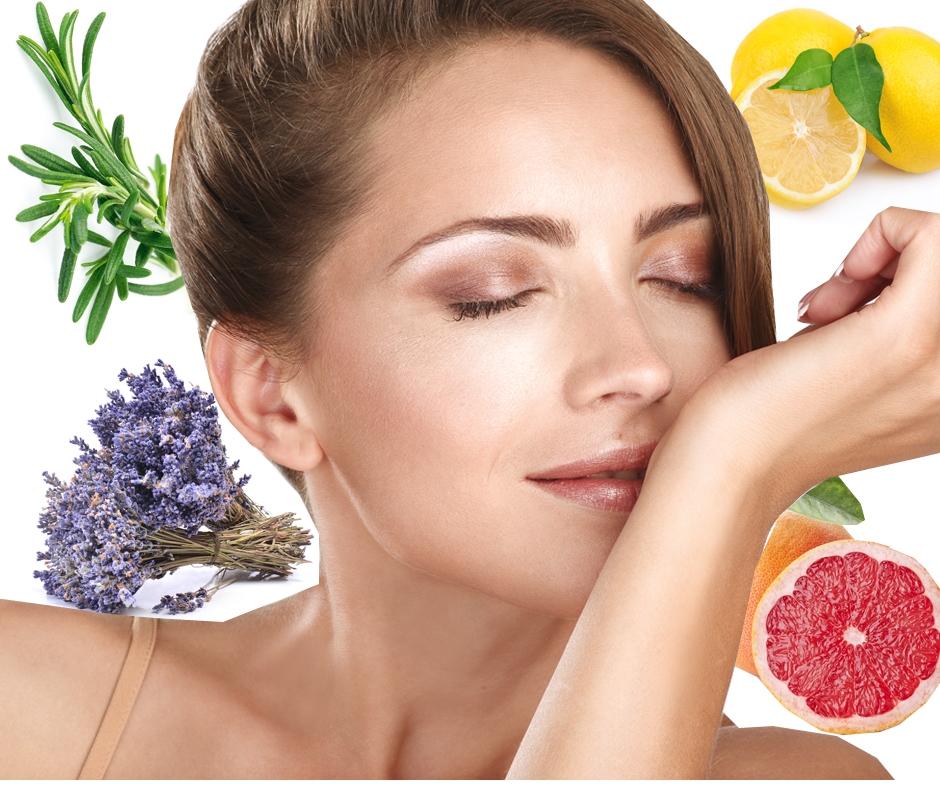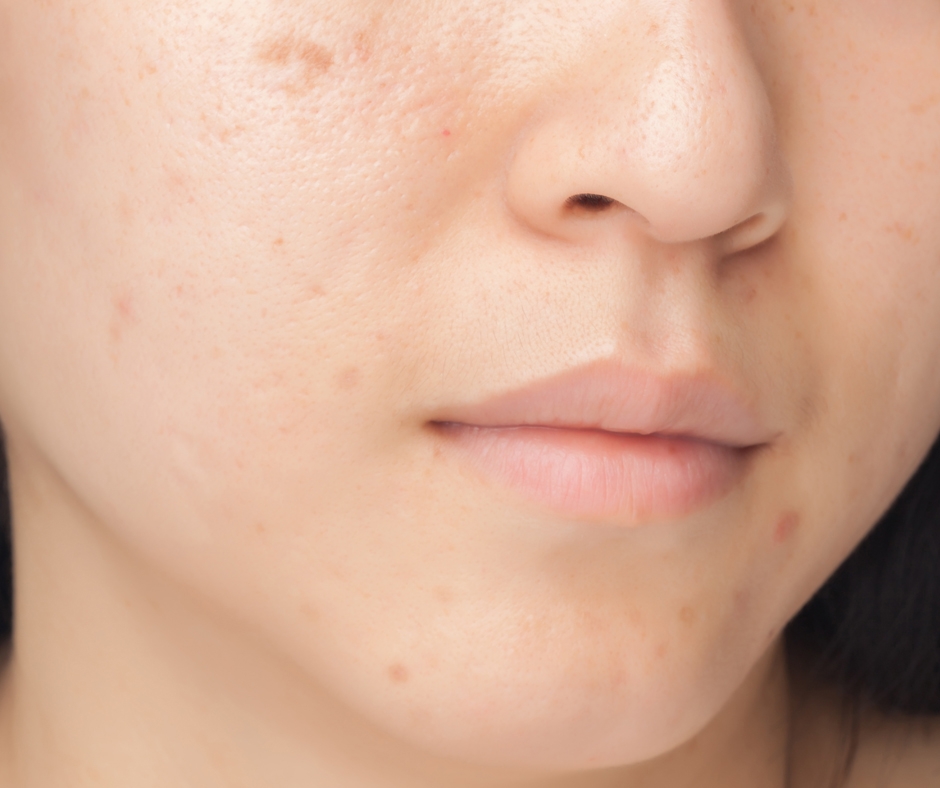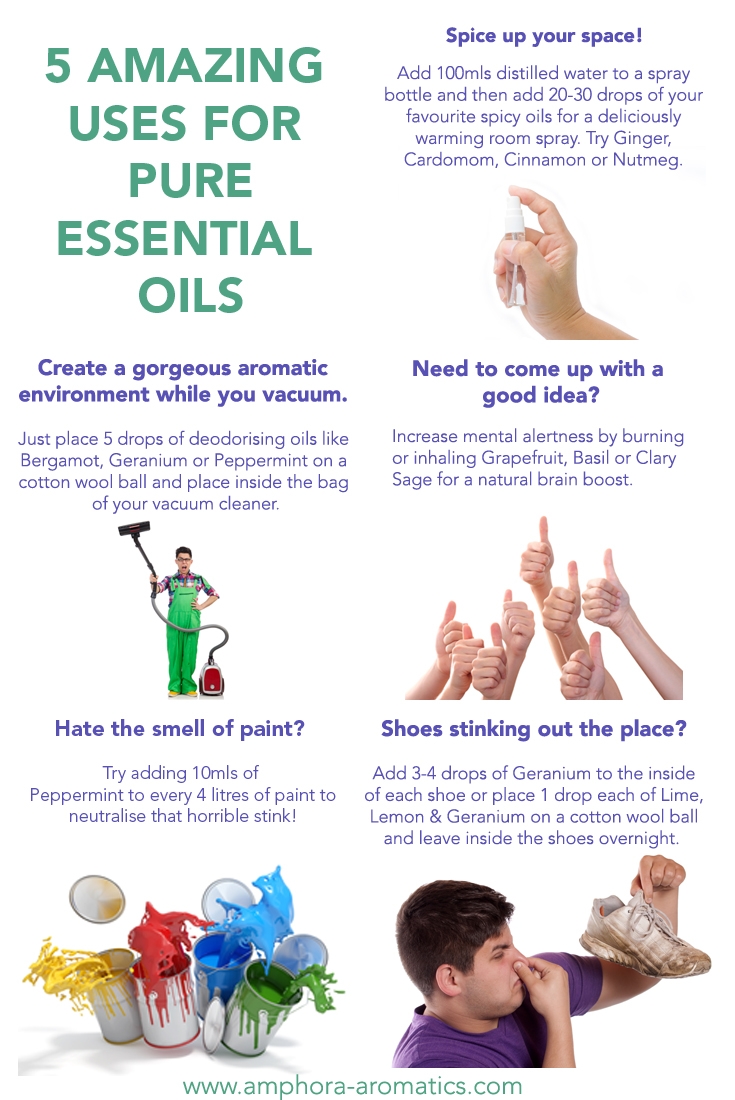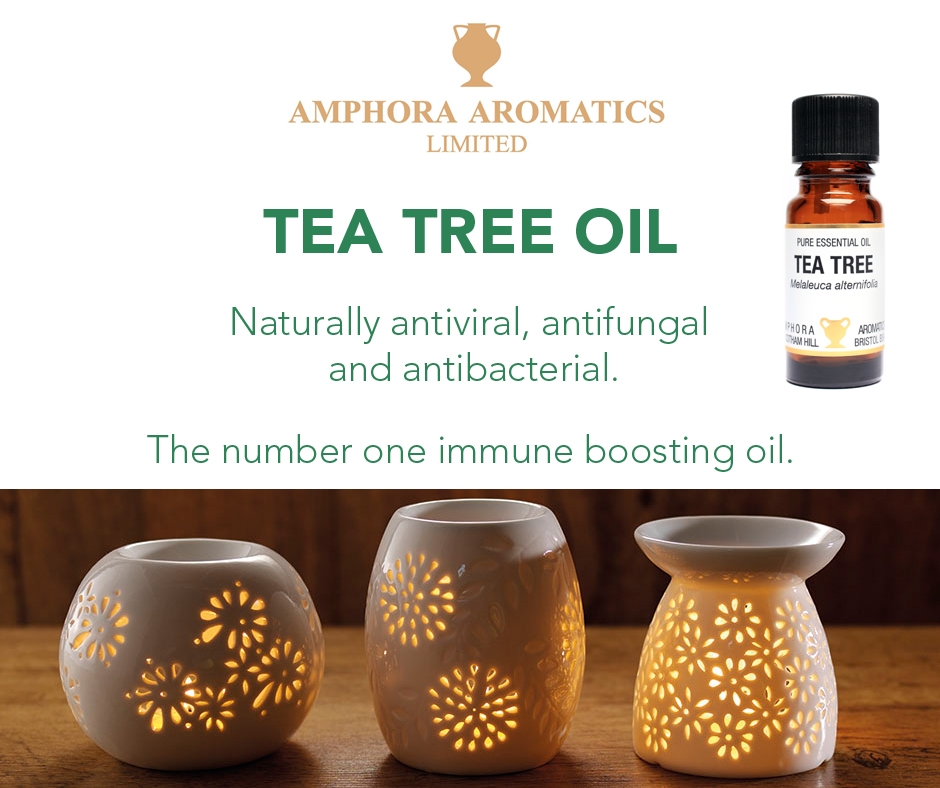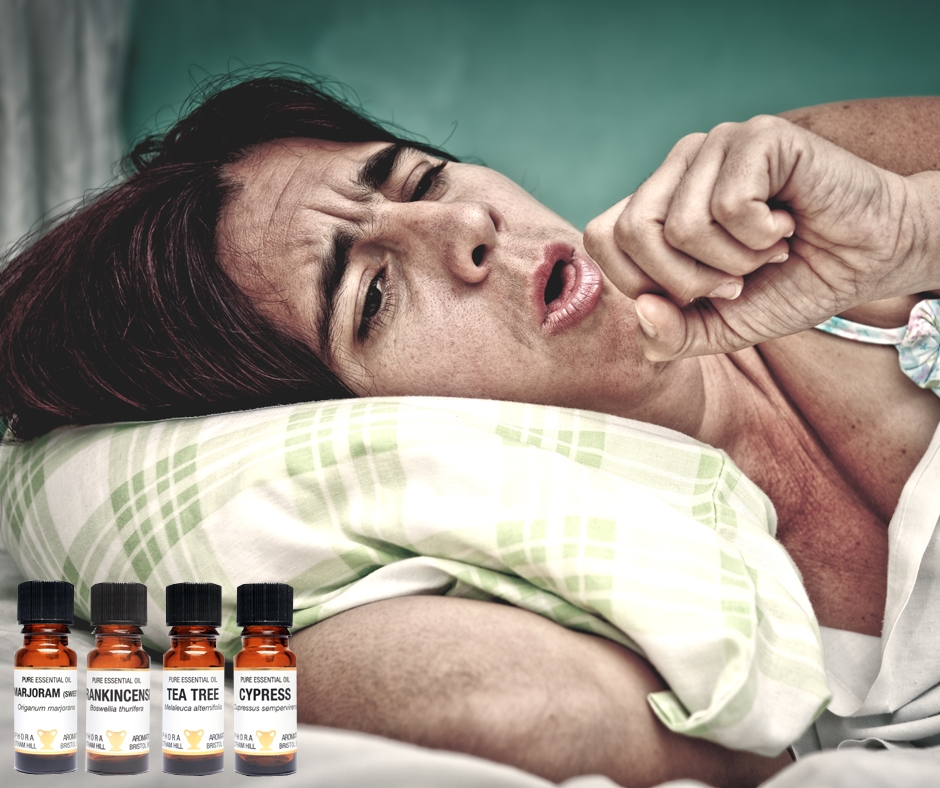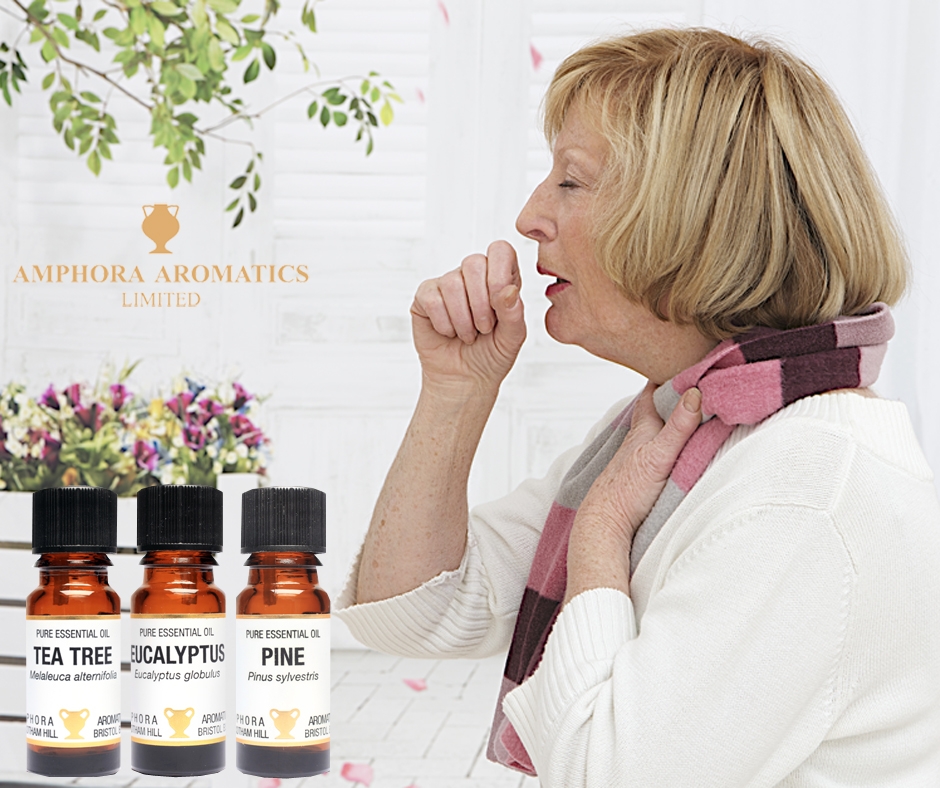
No skincare product feels quite as decadent as a facial oil. Finishing off your routine with an oil or adding a few drops of one to your favourite moisturisers can transform your nightly ritual into a relaxing, spa-like experience.
While there are a ton of facial oils out there suited for different skin types and needs, few are as hyped up as Rosehip oil.
Extracted from the seeds of rose plants, Rosehip oil can help reduce redness, turn back the signs of ageing, calm acne, and act as a foolproof moisturiser.
How does Rosehip Oil help?
Anti-Ageing Properties
Wrinkles, fine lines, discolouration, brown spots, saggy skin, and dryness are all a natural part of ageing skin. The composition of Rosehip oil is effective in battling all these symptoms.
Nothing will age your skin quite like dehydration, which is why it’s so important that you keep your skin moisturised to avoid fine lines and wrinkles - hydration is essential for soft, supple skin.
Lack of hydration can be a problem during extreme weather, or as skin ages. Rosehip oil contains a wealth of essential fatty acids, including linoleic and linolenic acid. Our skin needs these fatty acids to help keep cell walls strong, so they don't lose water.
Because Rosehip oil is packed with many fatty acids its an excellent option for hydrating dry, itchy skin. The skin also absorbs the oil, allowing its antioxidants to travel deep into the skin's layers.
It is rich in something called trans-retinoic acid - a derivative of vitamin A that's been produced synthetically as retinoids for years, to treat both acne and ageing skin (you may be more familiar with the over-the-counter version - retinol). Research indicates that it
speeds up cellular turnover and boosts the production of collagen, which is the protein that gives skin structure and support, resulting in firmer skin with less wrinkles.
Wrinkles are a type of scar tissue that appears because the skin gets drier and duller, it cracks and breaks. Technically, we 'break' and damage our skin tissue on a daily basis
but when we are young the repair process is more effective, while as we get older this becomes a harder job. The result - tiny scars like wrinkles and fine lines appear.
As Rosehip oil is rich in vitamin A (street name: retinol), this also can help reduce signs of skin ageing; including: smoothing fine lines and thickening the dermis (deeper skin layers), making the skin feel firmer and tighter.
Evens out skin tone
Yes, there are a handful of beauty unicorns on the planet who have perfect, all-around even skin tone, but for the rest of us, uneven skin tone is a big problem that usually requires a fairly heavy foundation fix.
Rosehip oil is loaded with vitamin C which helps even out skin tone. Vitamin C is generally considered the most data-backed antioxidant for skin and because Rosehip oil also contains vitamin A, together they inhibit the free radical damage from the environment
and the sun, that shows up as dark spots on your skin, helping to preserve an even and luminous skin tone.
Rosehip oil is also a great to use in the summer months as it can help to counteract the damage caused by damaging UV rays; helping to reduce the appearance of skin discolourations, burns and wrinkles.
Rosehip oil returns colour and life to damaged skin and is rapidly absorbed and doesn’t leave a residue which makes it an excellent face oil.
Can it help with acne prone skin?
The short answer to this question is - yes! Even though its an oil and you might think that greasy products are the last thing you want to bring near your already oily and shiny skin, it can help.
How you ask? Rosehip oil is loaded in both polyphenols and anthocyanin, which helps reduce inflammation. Also, because it contains antioxidative vitamins like vitamin E, it can calm irritation,
redness, and soothe inflamed skin. And, the exfoliating properties of the vitamin A and C present in Rosehip oil mean it will make sure your skin stays clean and clear and your pores unclogged
To sum up: Not only is Rosehip oil great for acne-prone skin, but it's also recommended as one of the best natural treatments against excess oil, acne, and acne scars.
Rosehip oil should be applied like an other oil. Massaged into freshly cleansed skin until it's all absorbed. You can use it twice daily, morning and night, but I'd advise that you introduce it slowly and see how your skin reacts.
Initially you could add a few drops of Rosehip oil into your face as the last step in your nightly skincare routine and work your way from there. It will leave your skin feeling smooth, hydrated, and nourished and it'll
return the colour and life to your skin.
